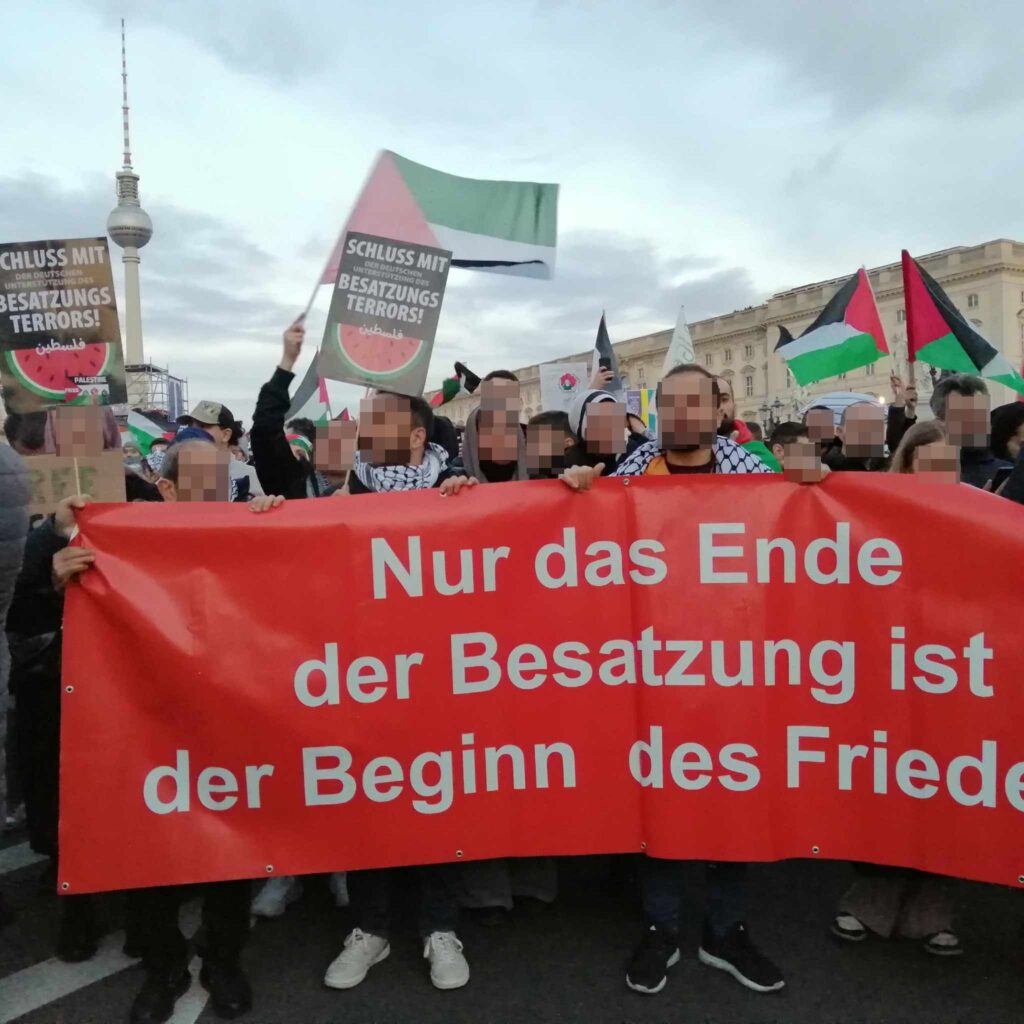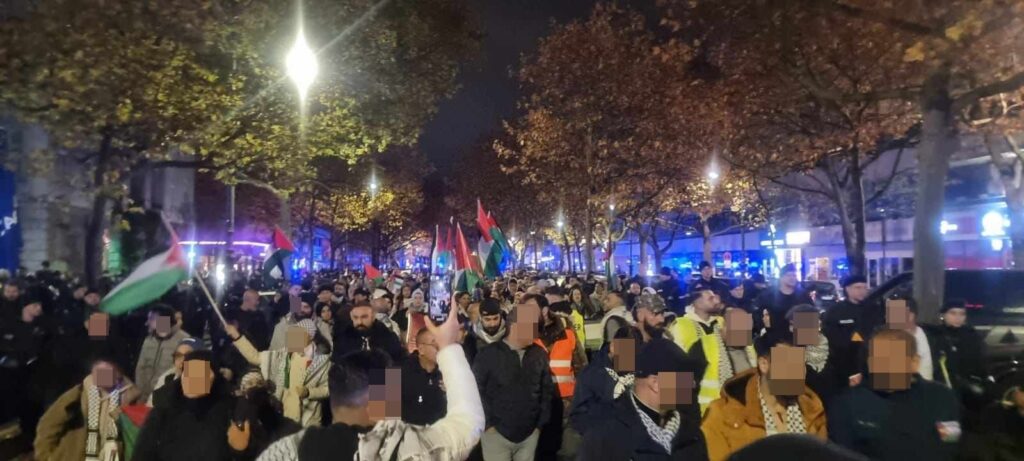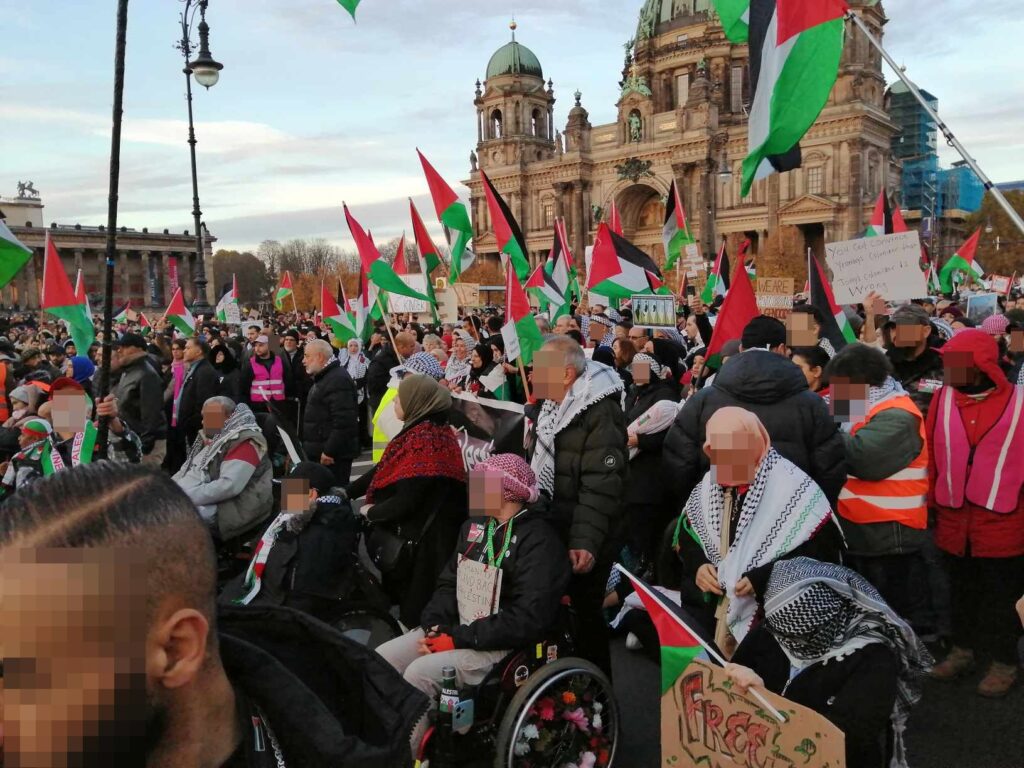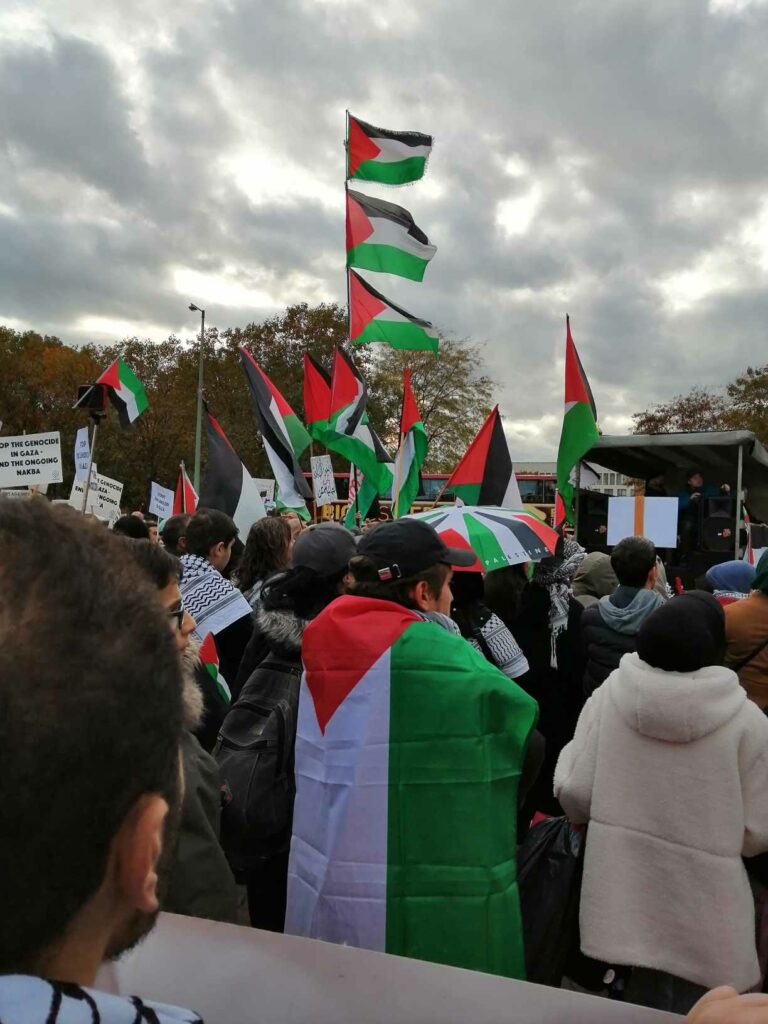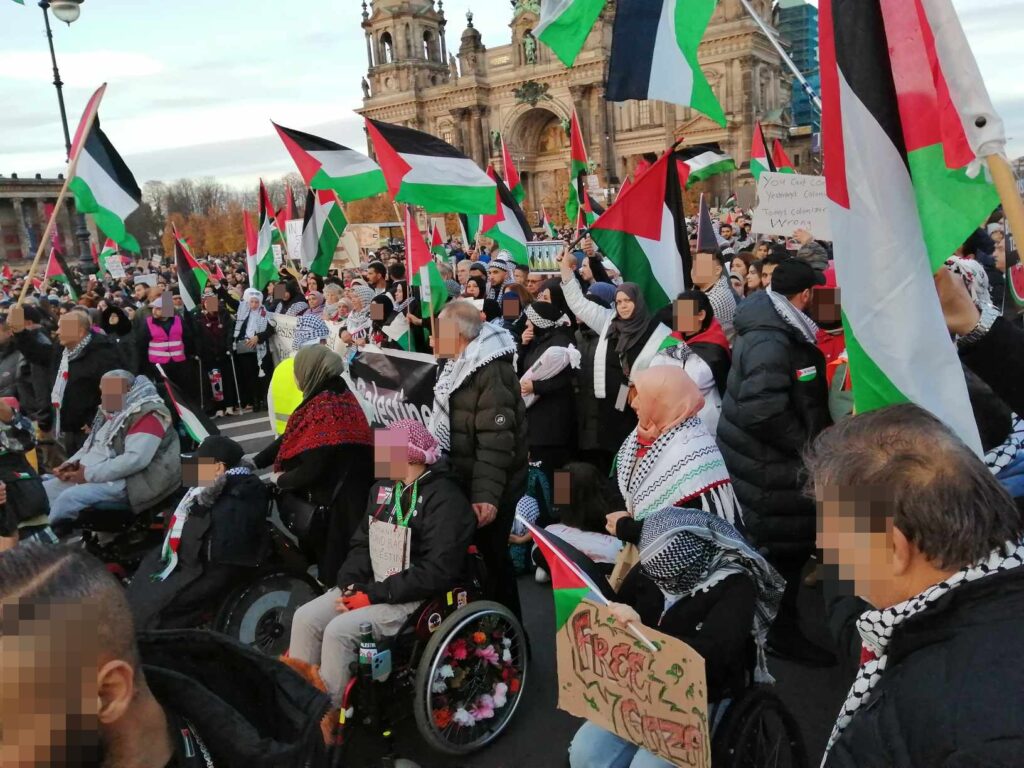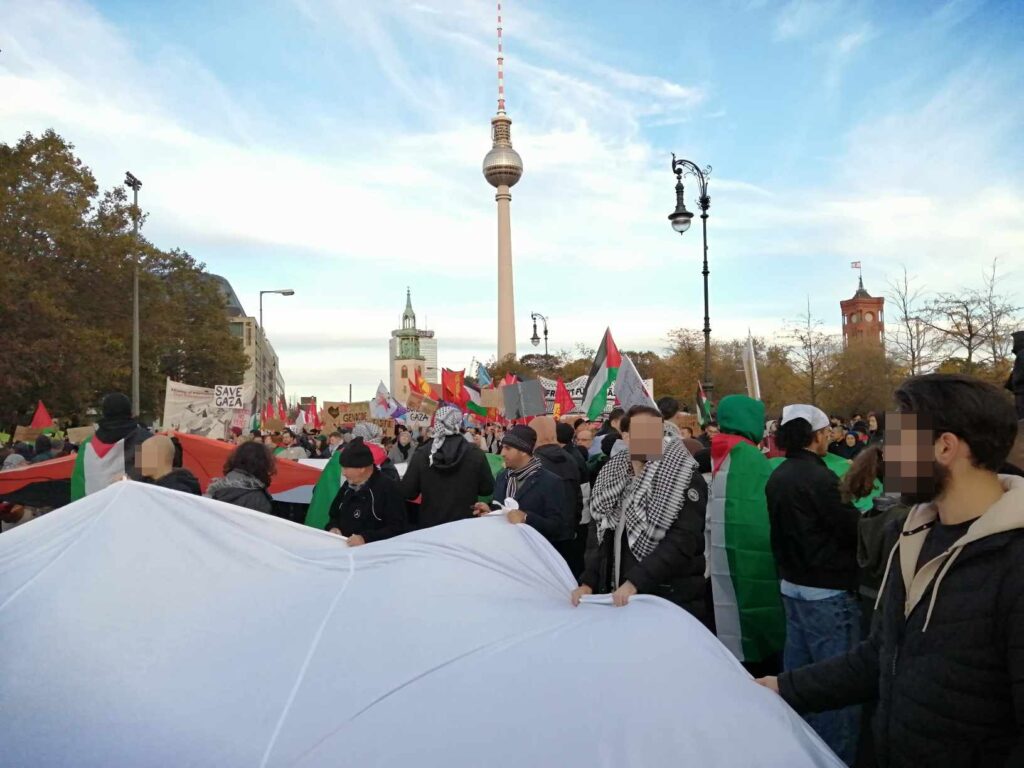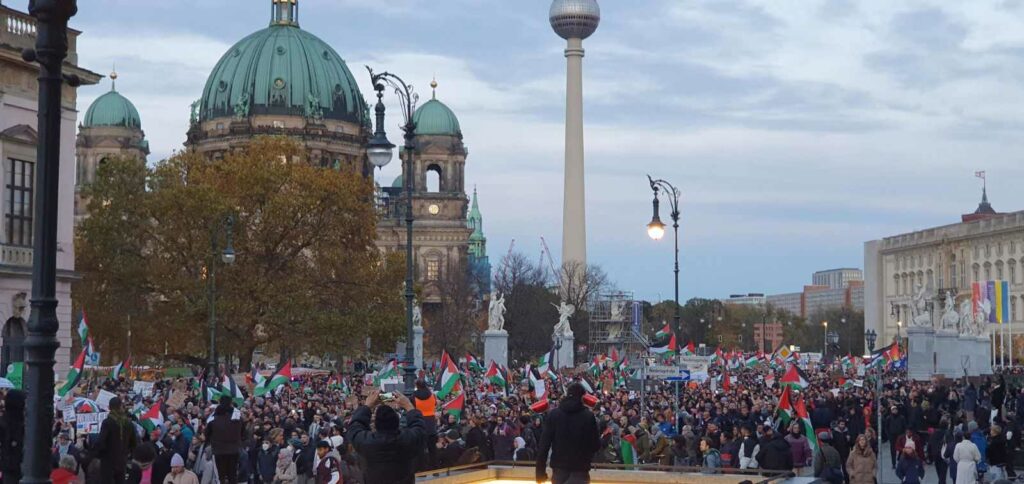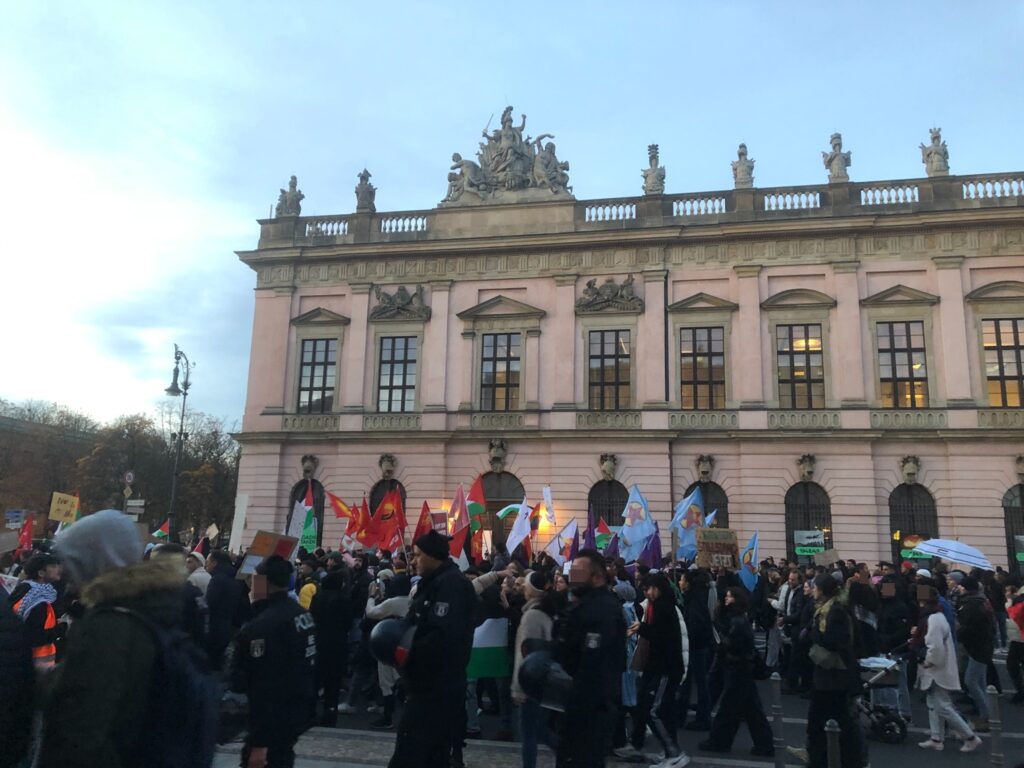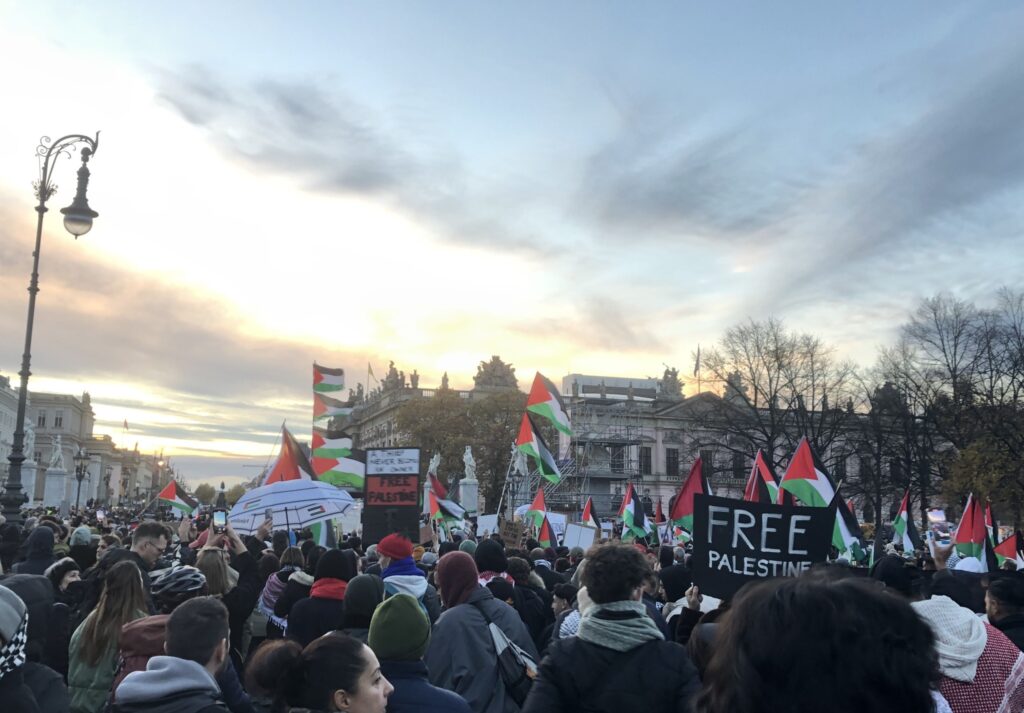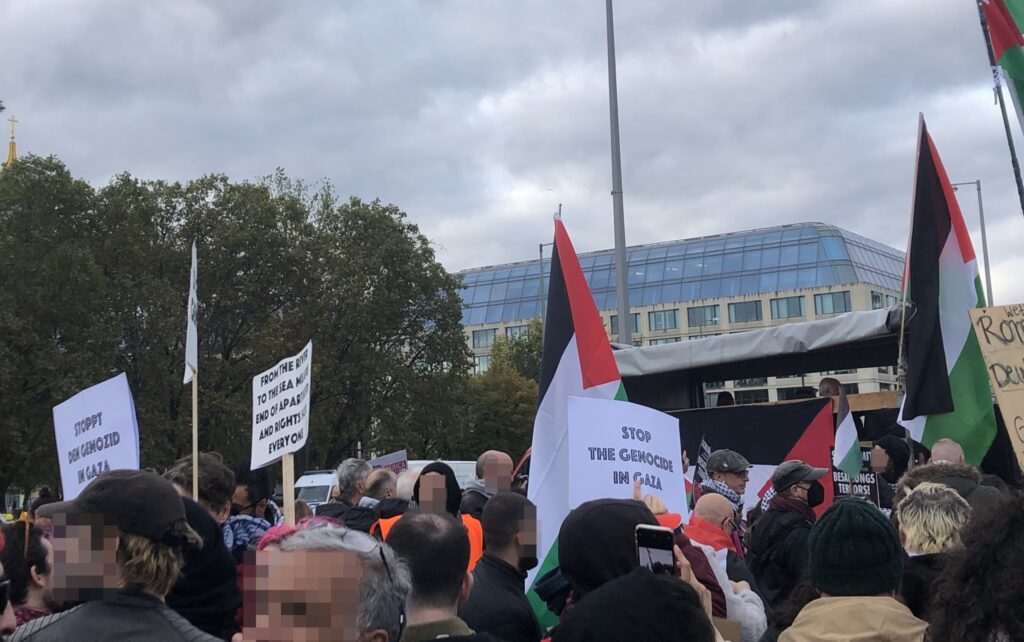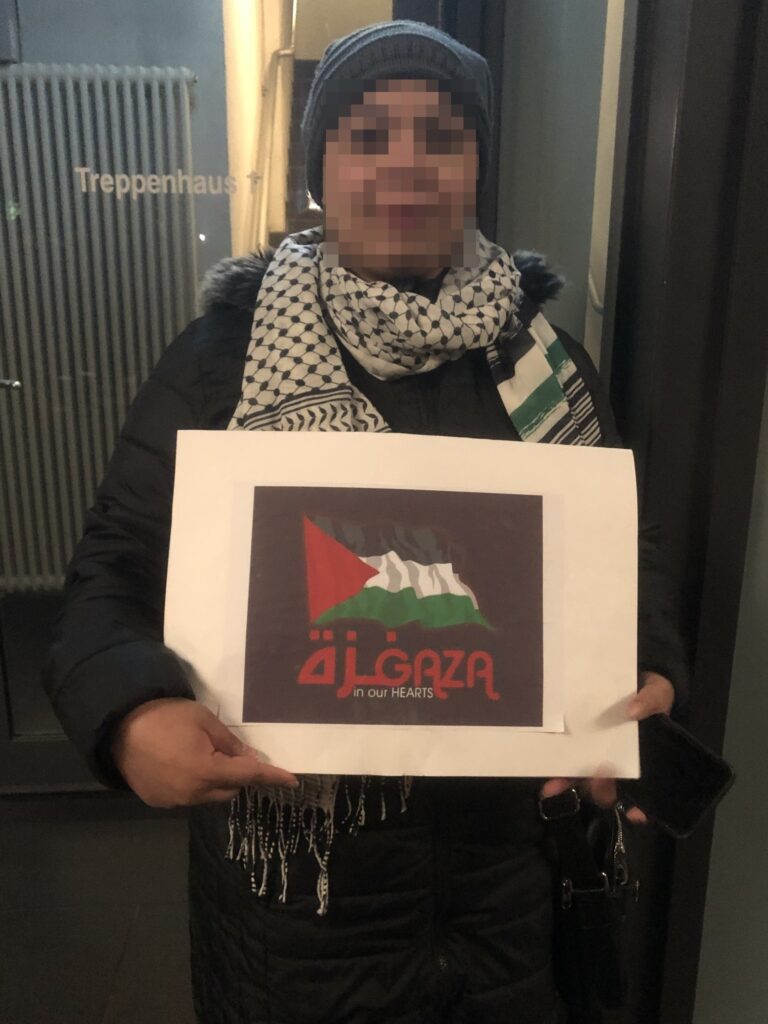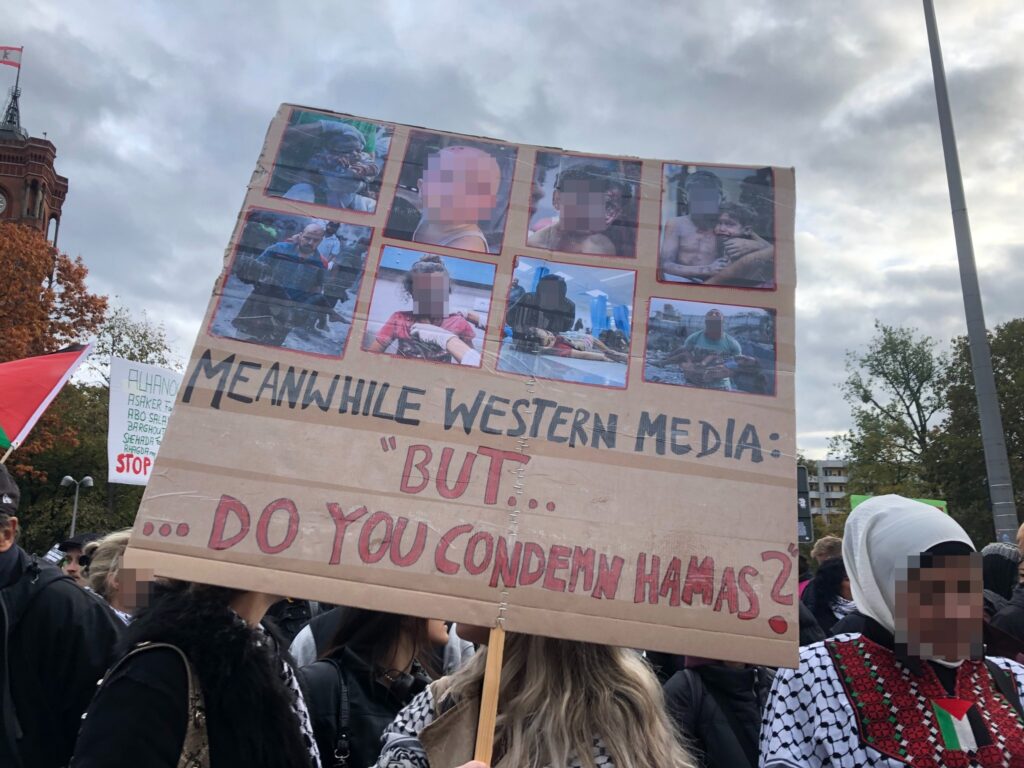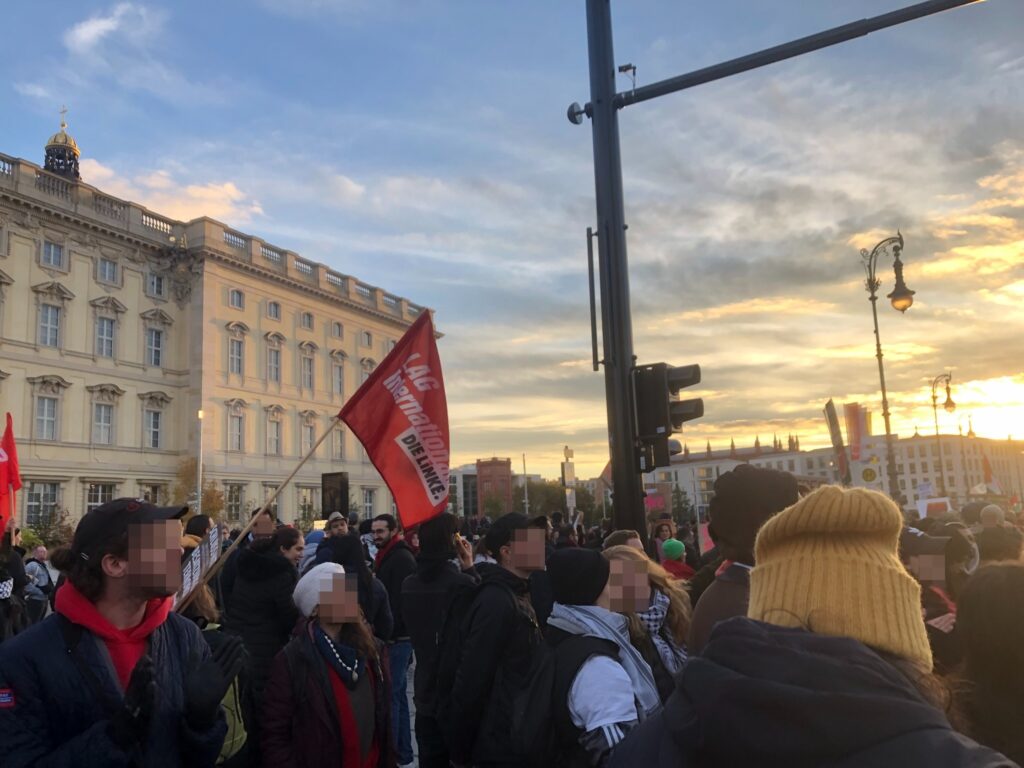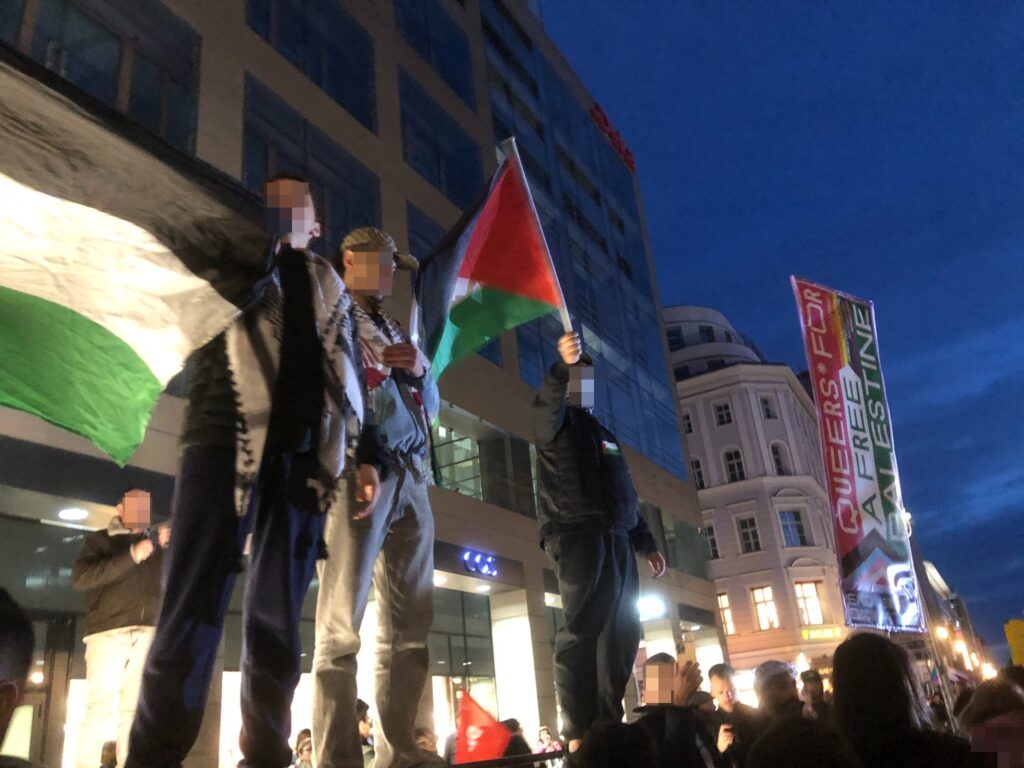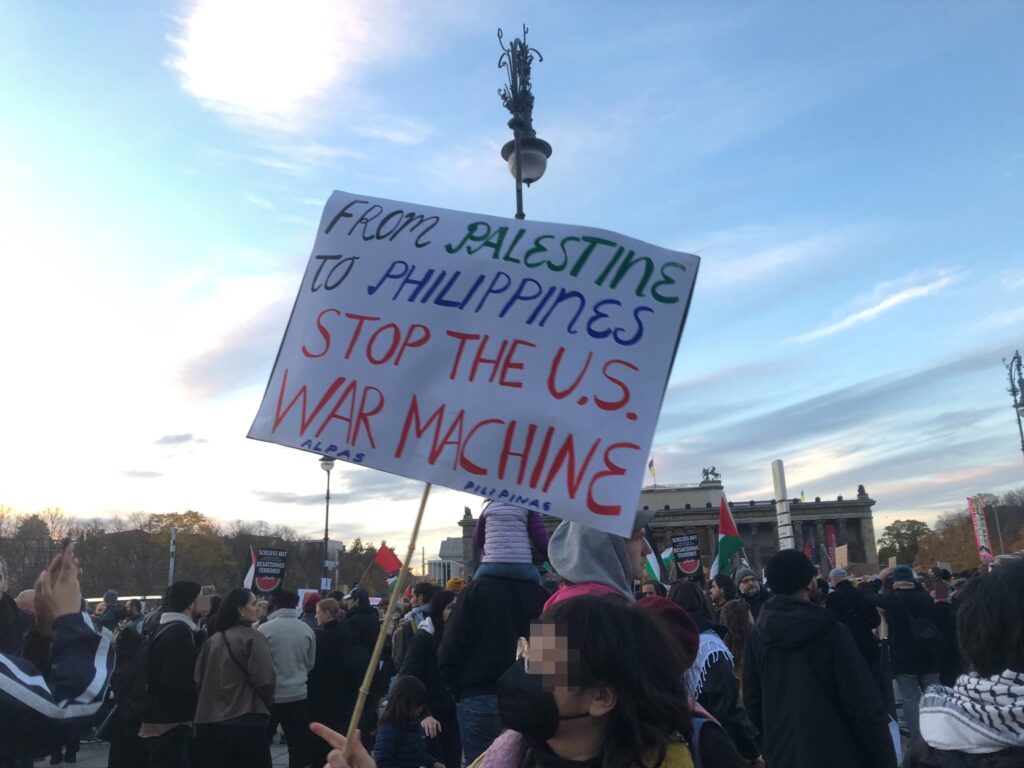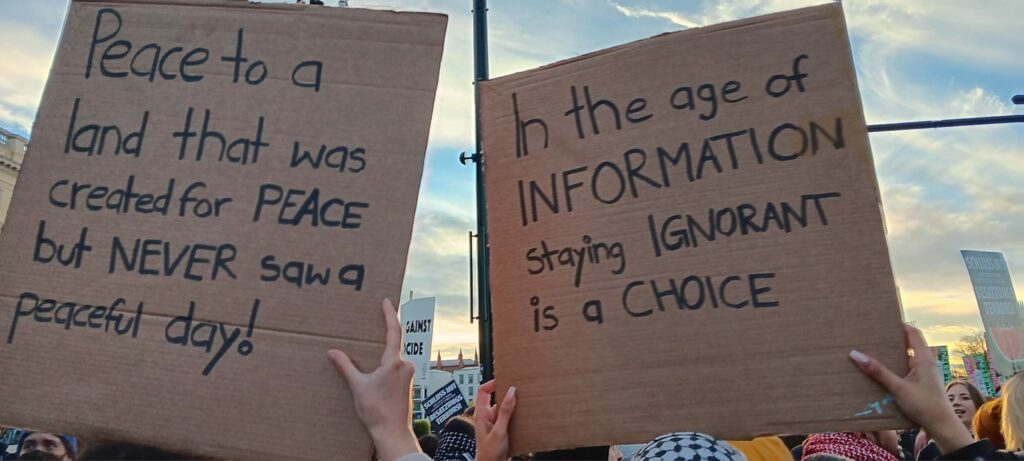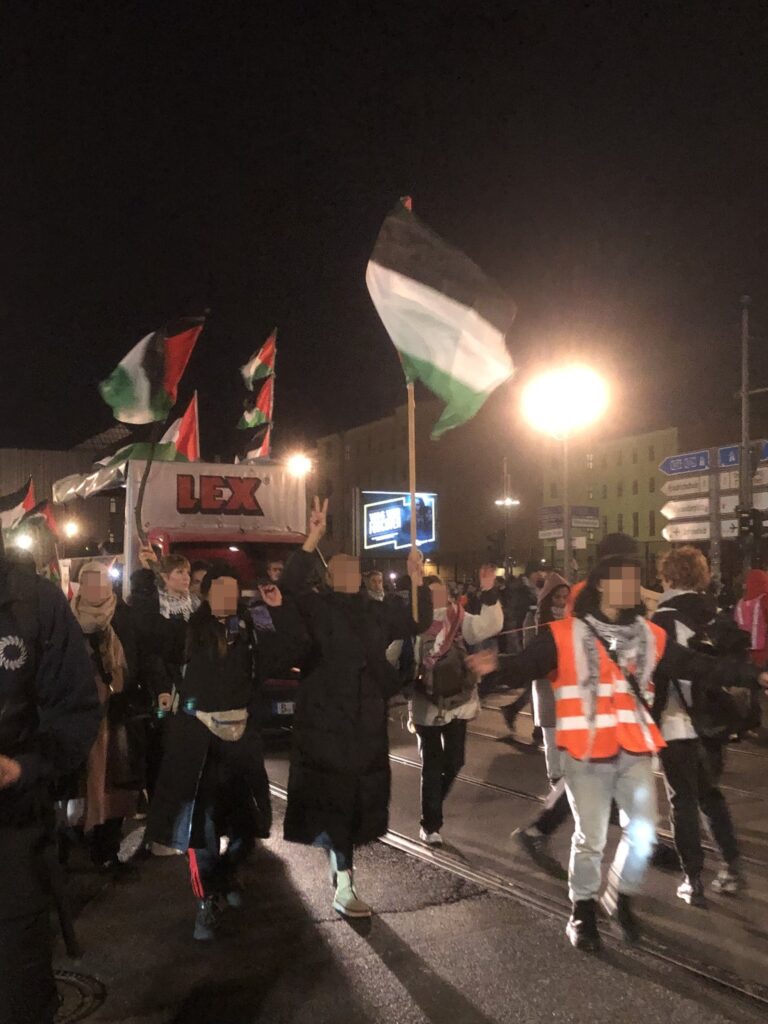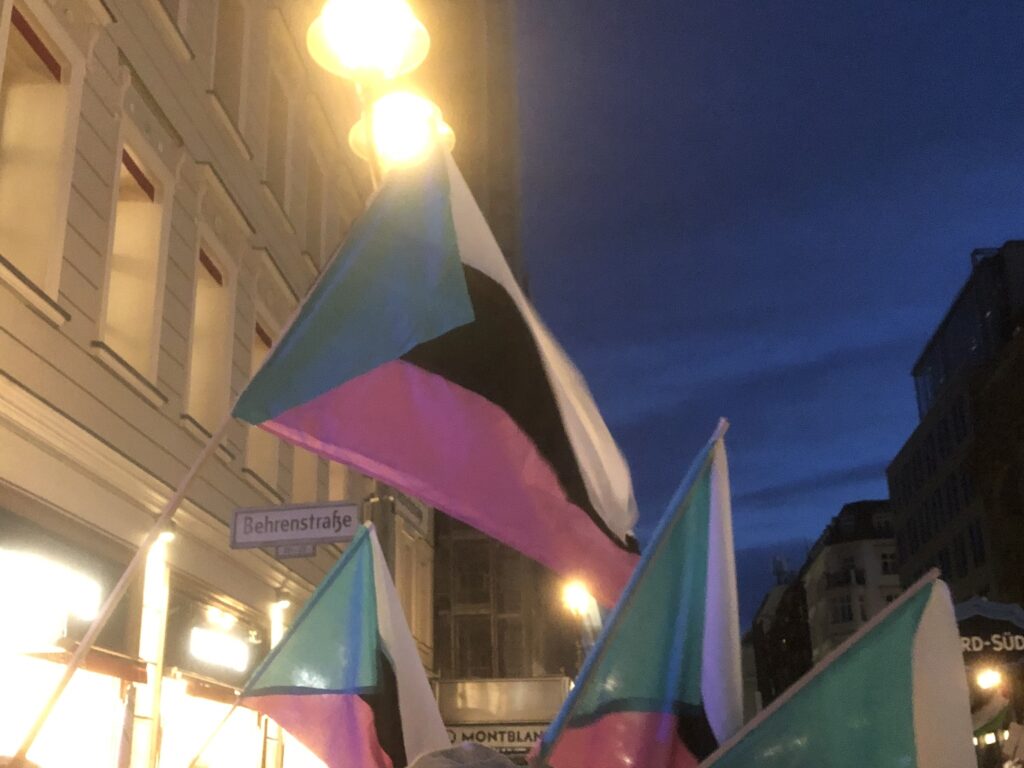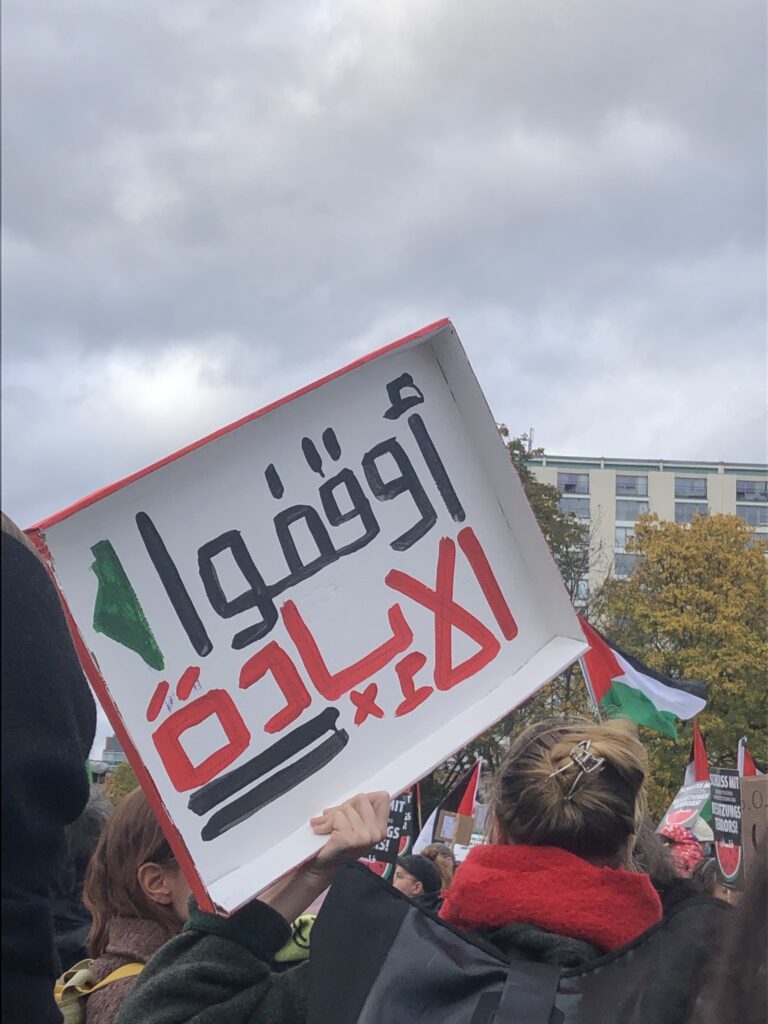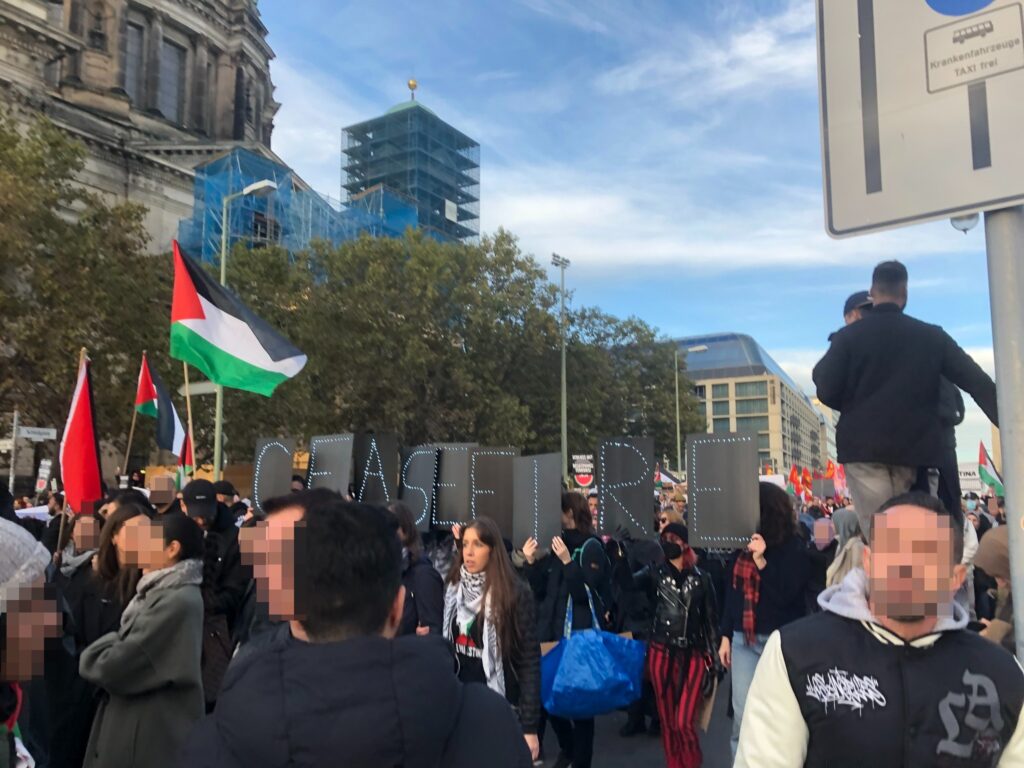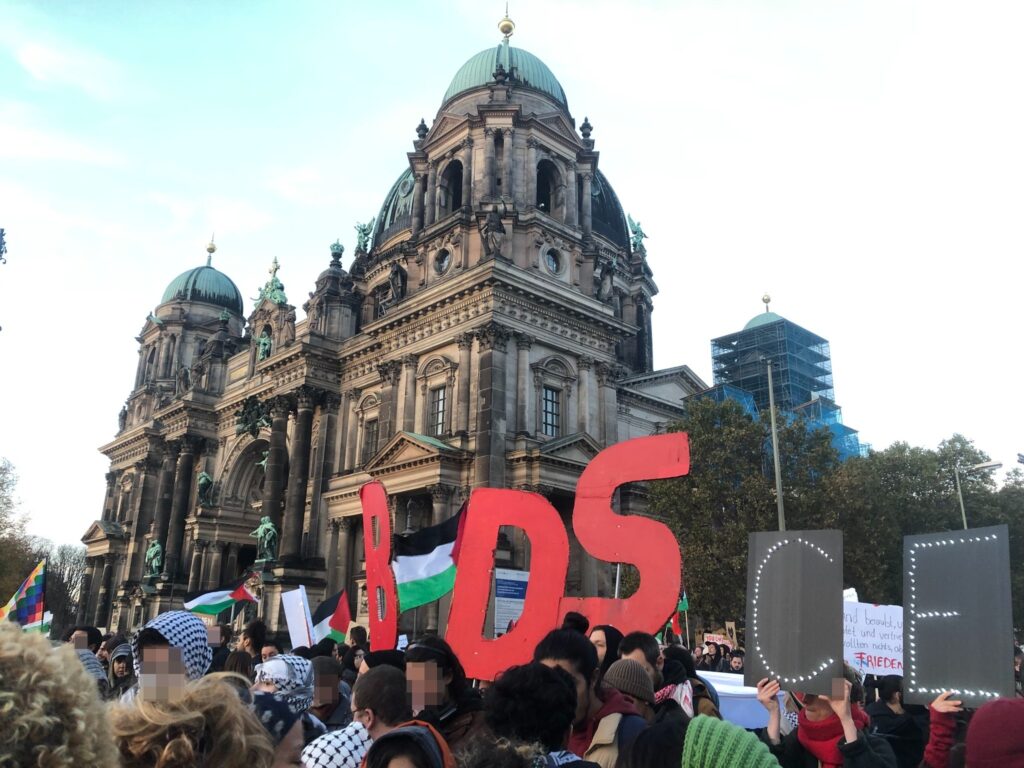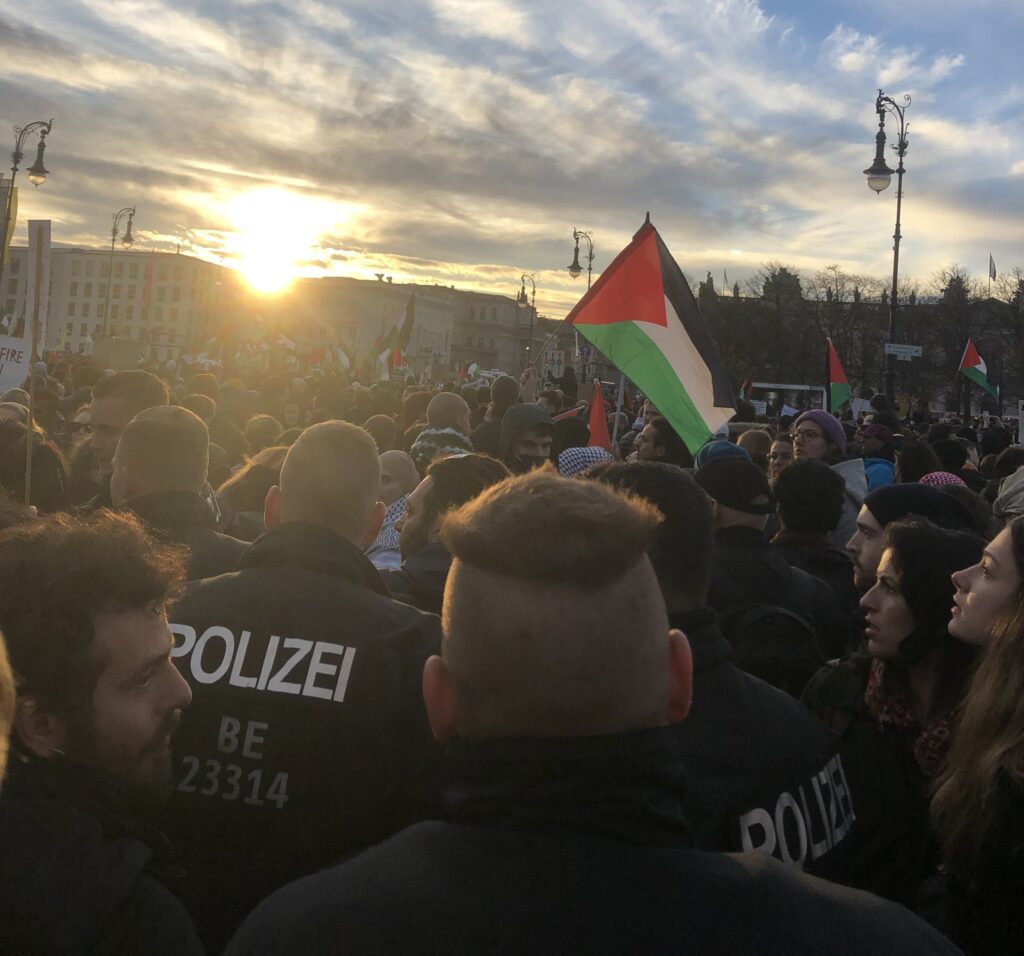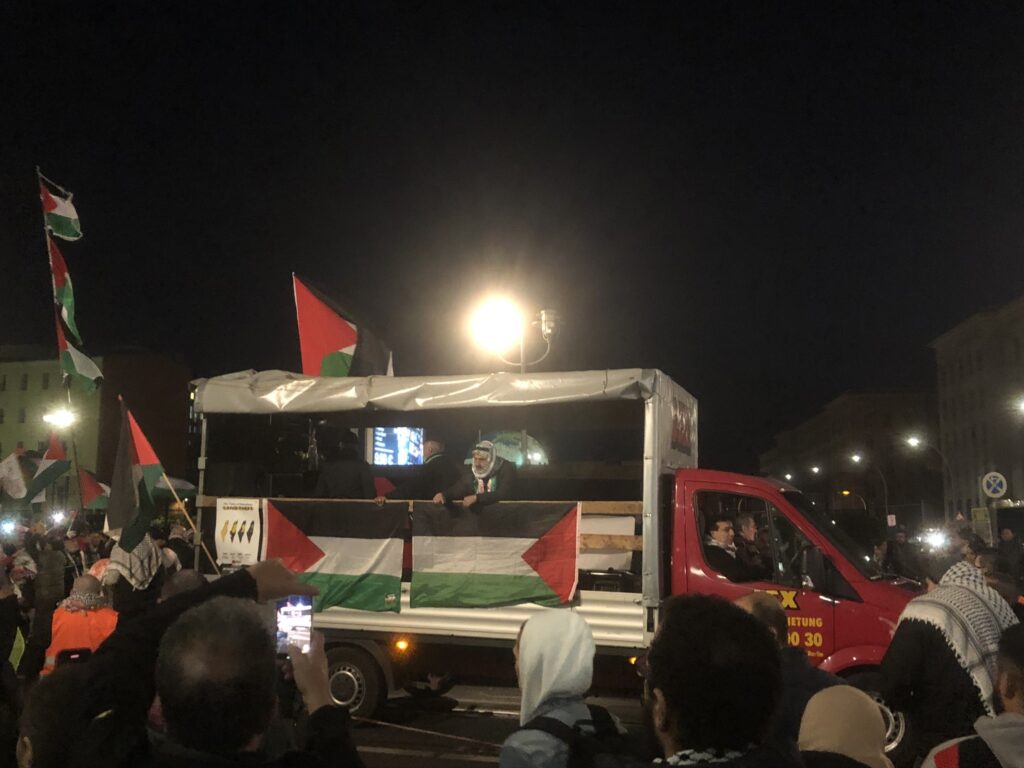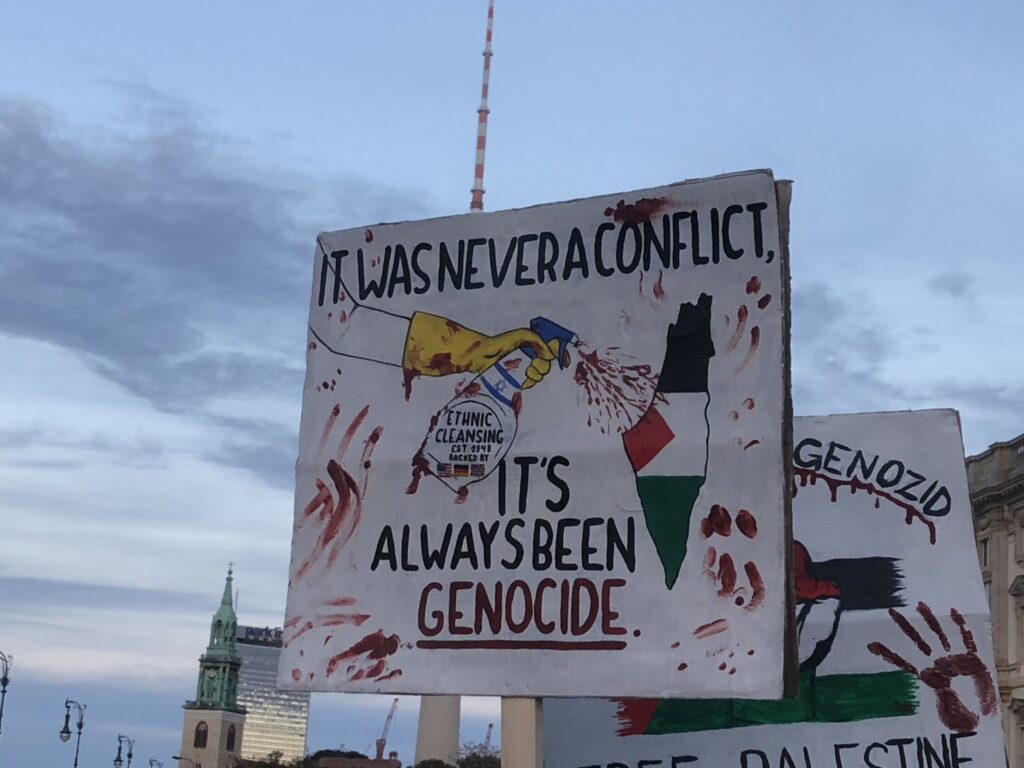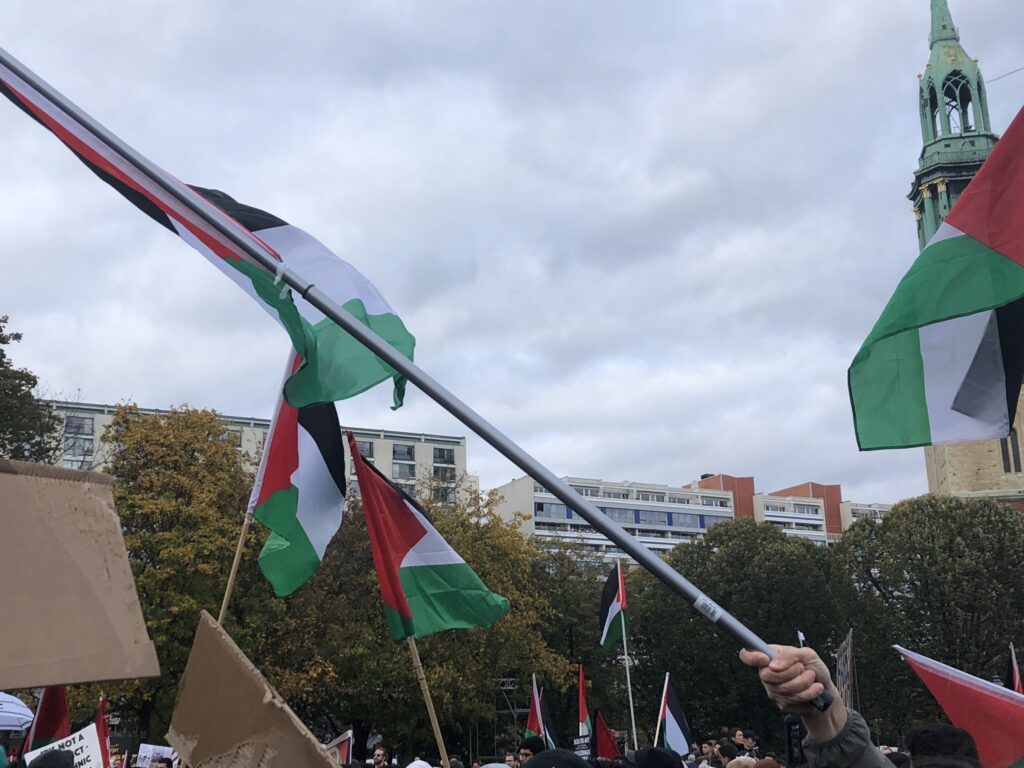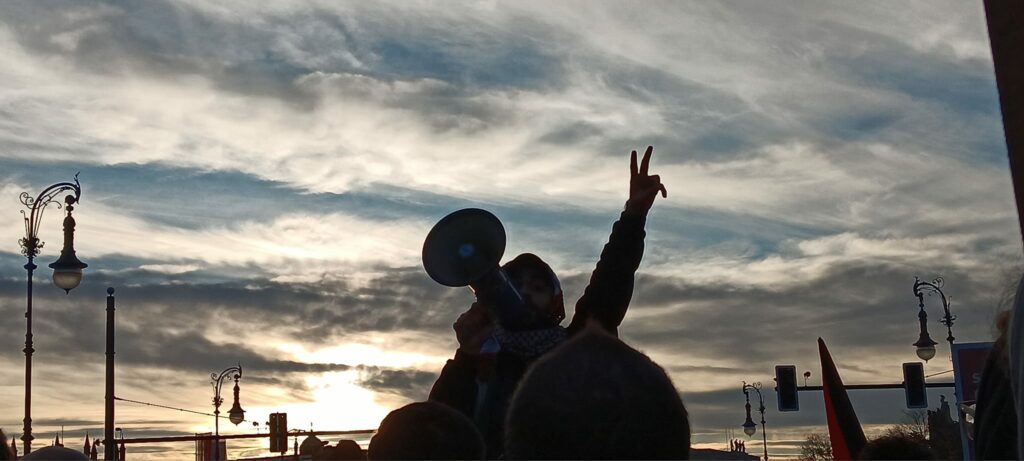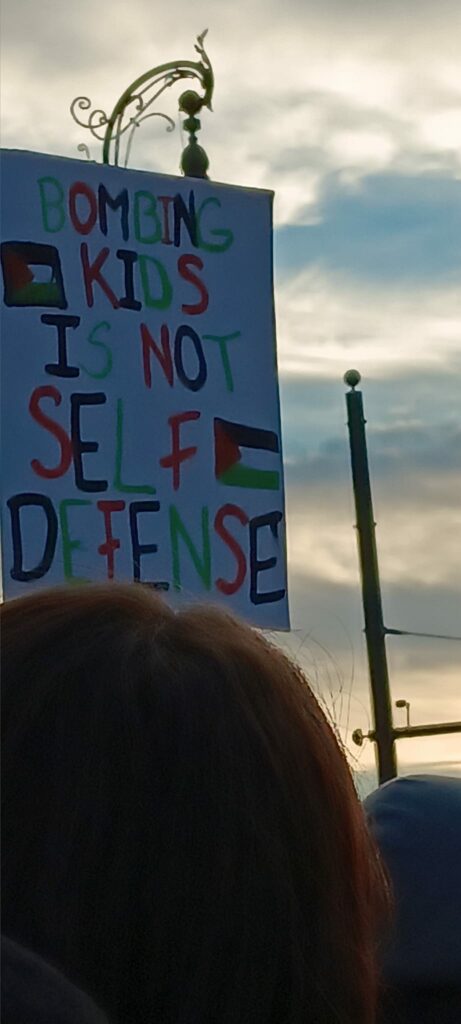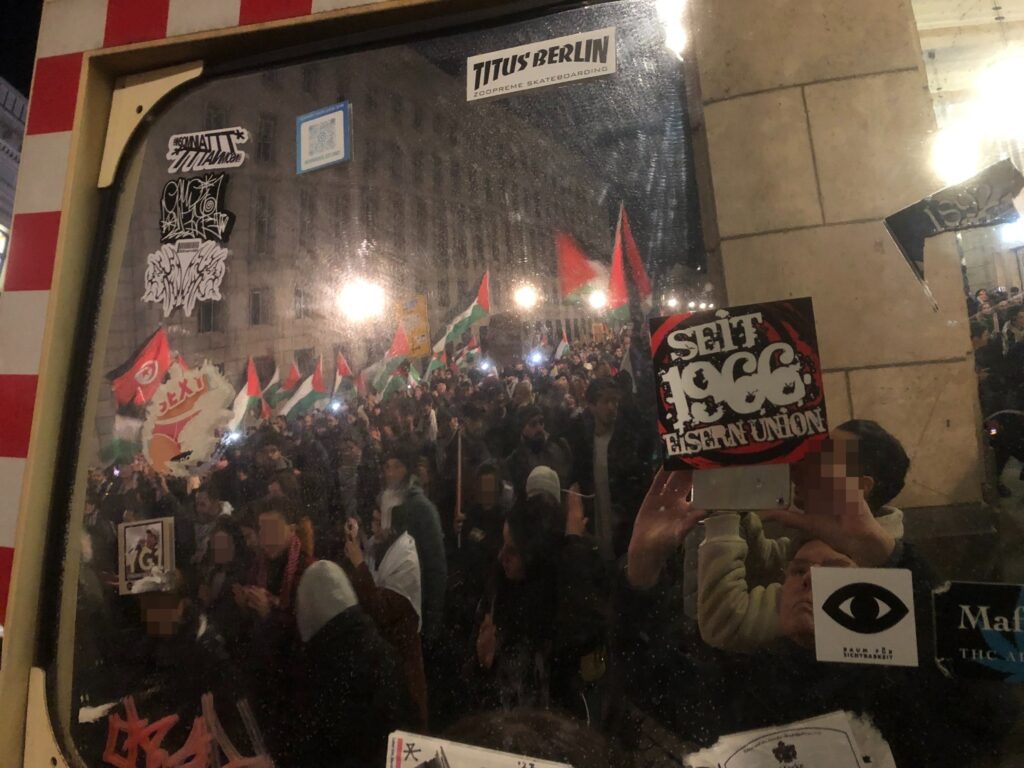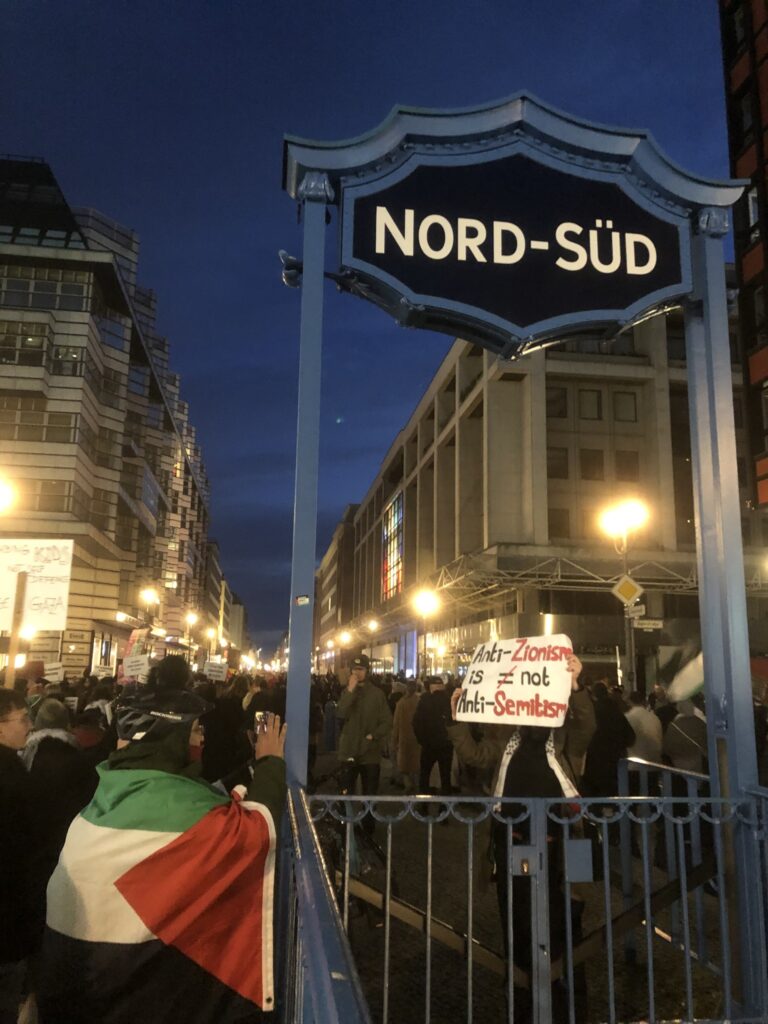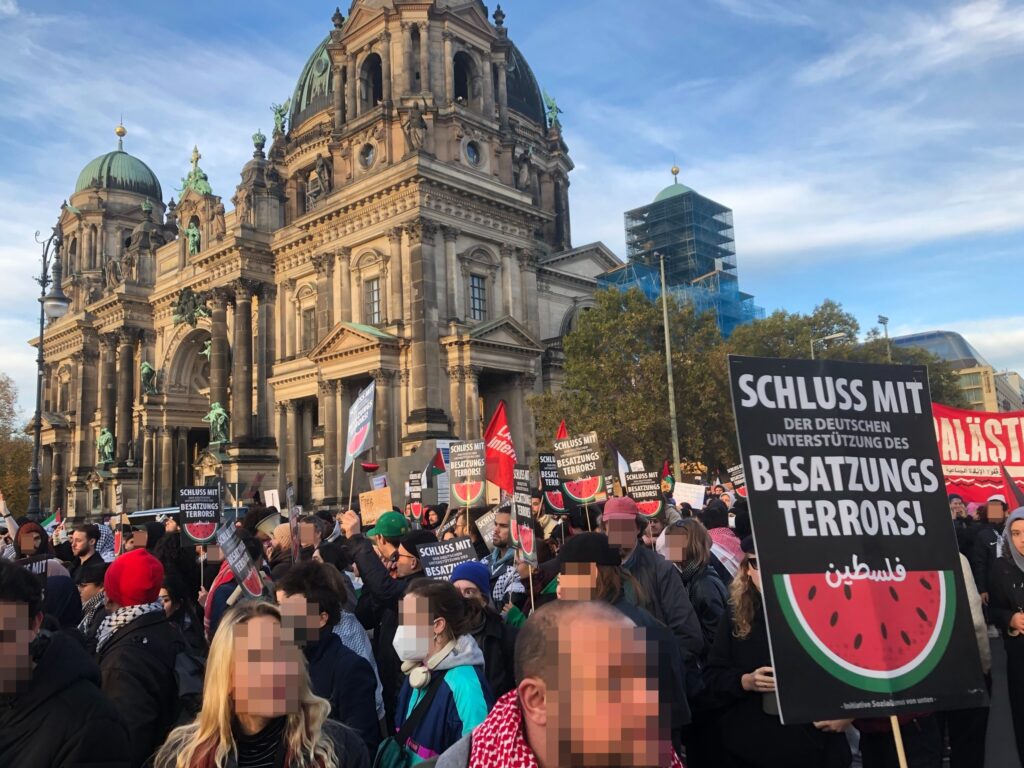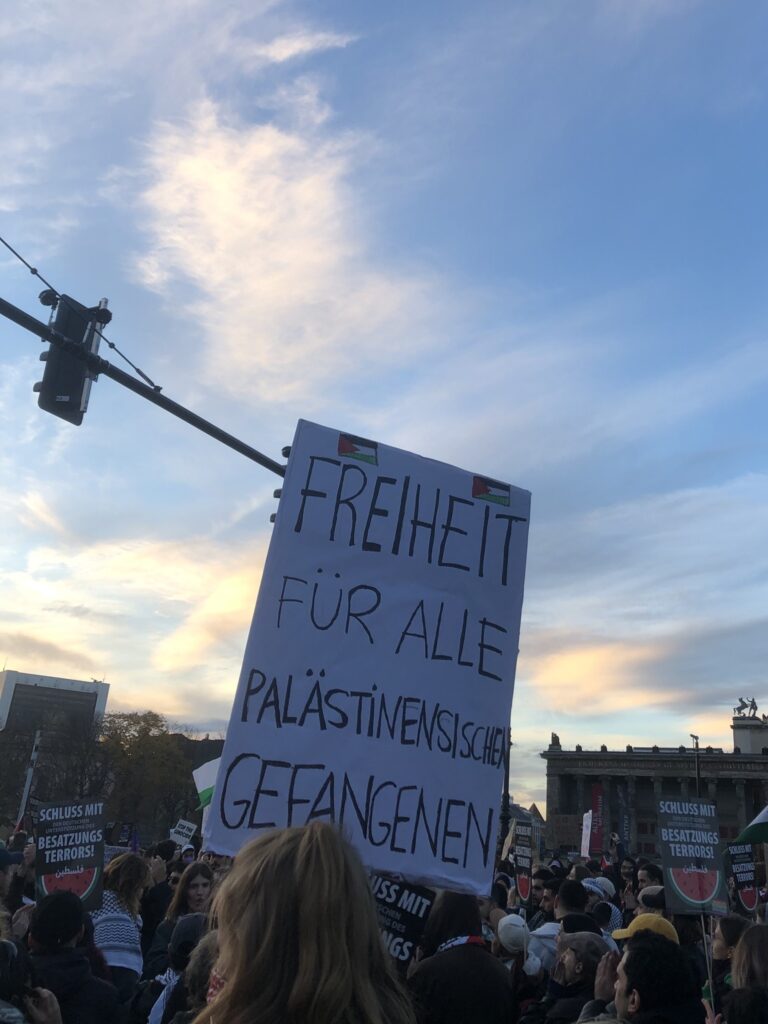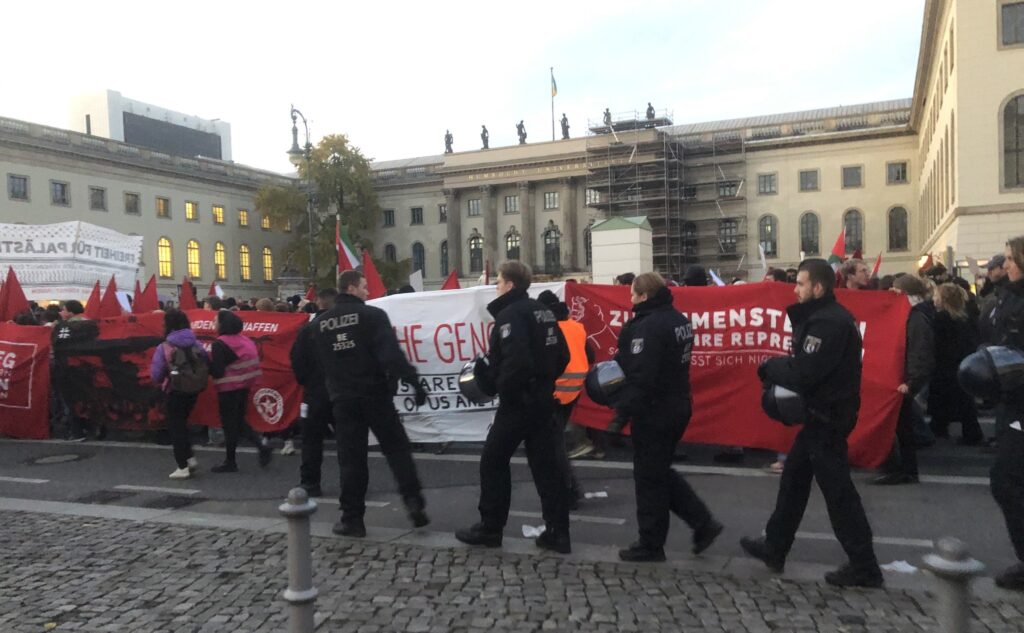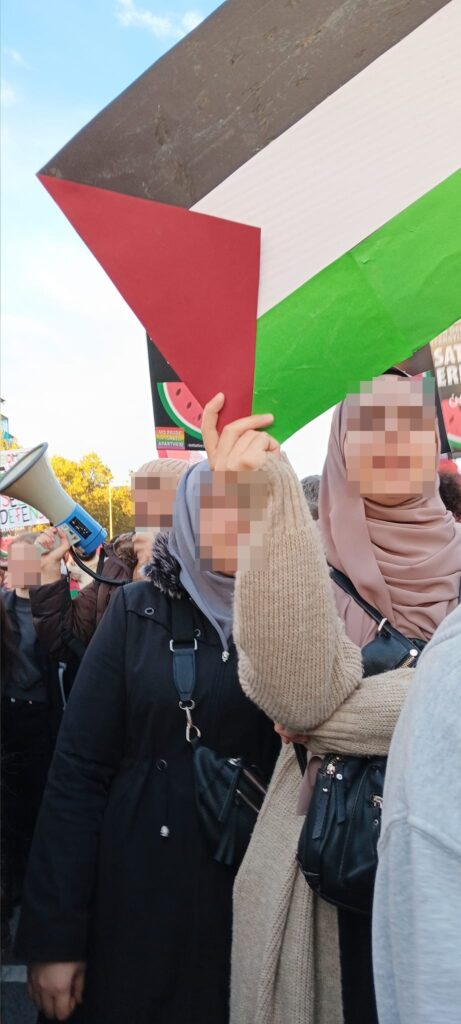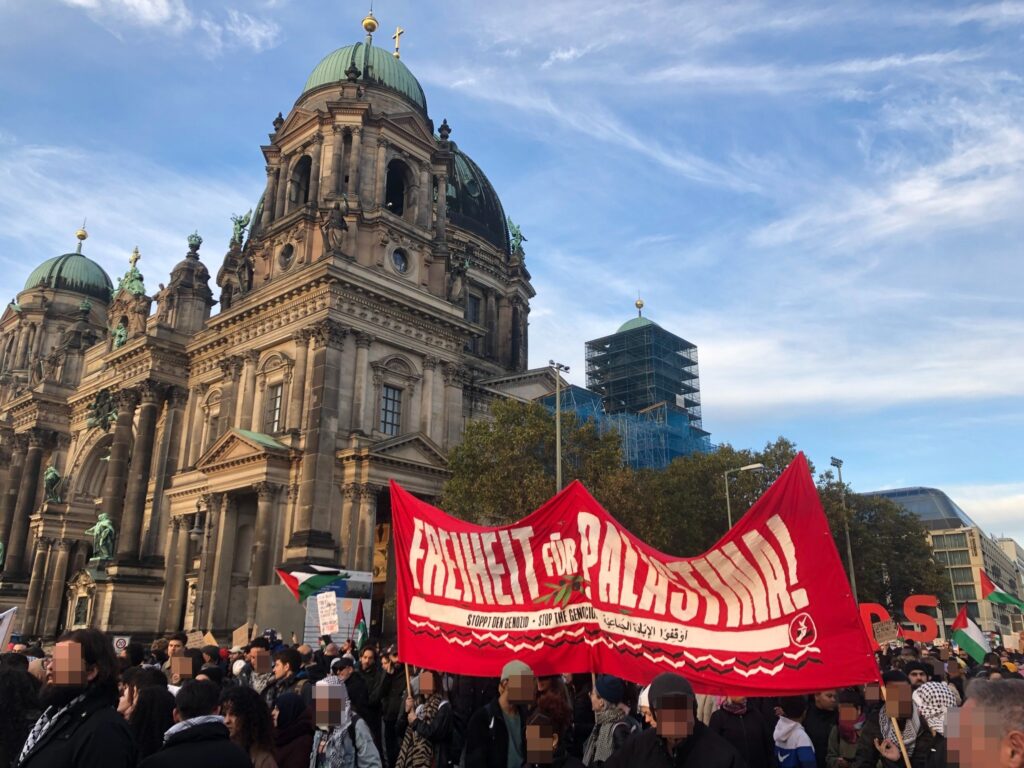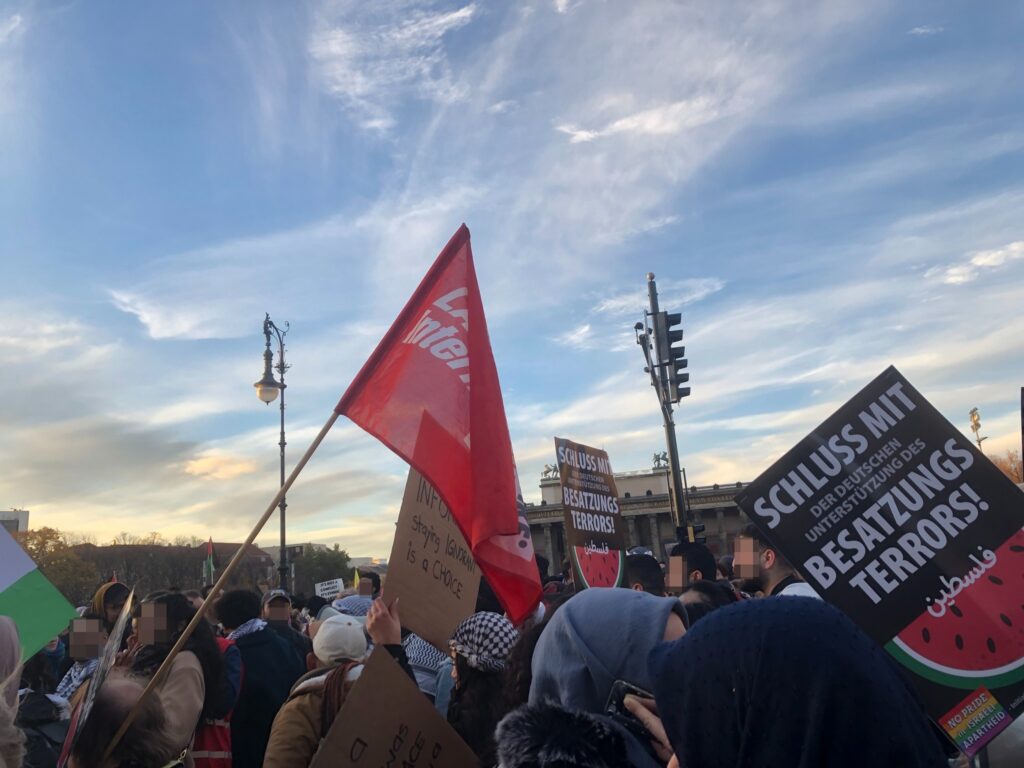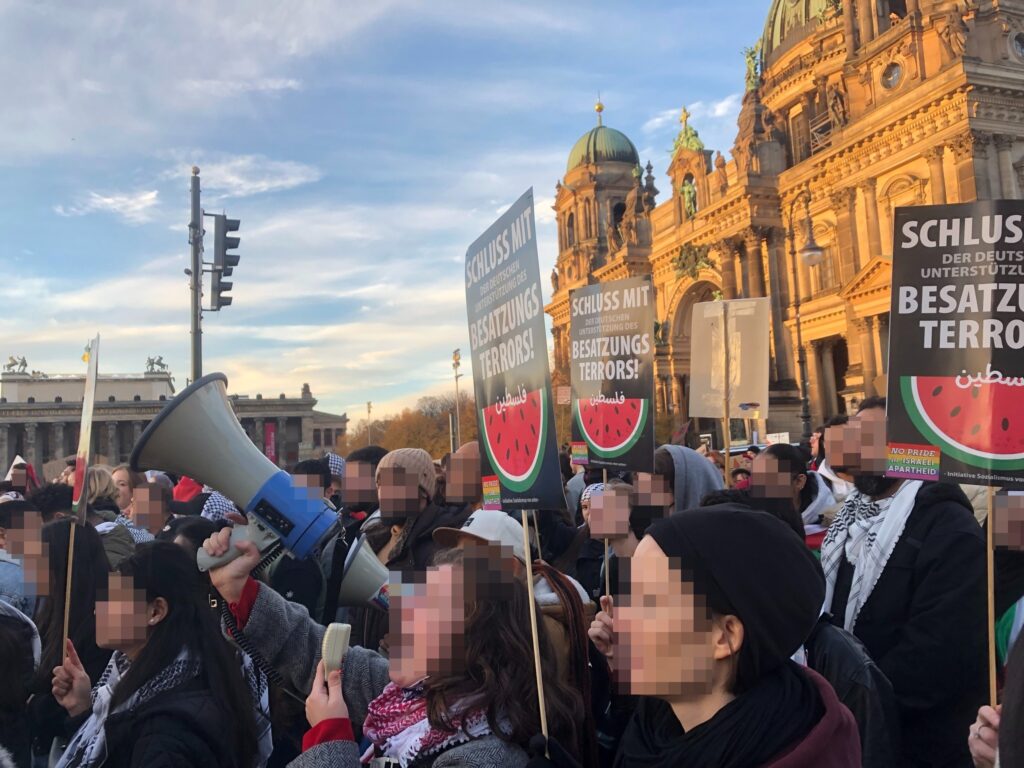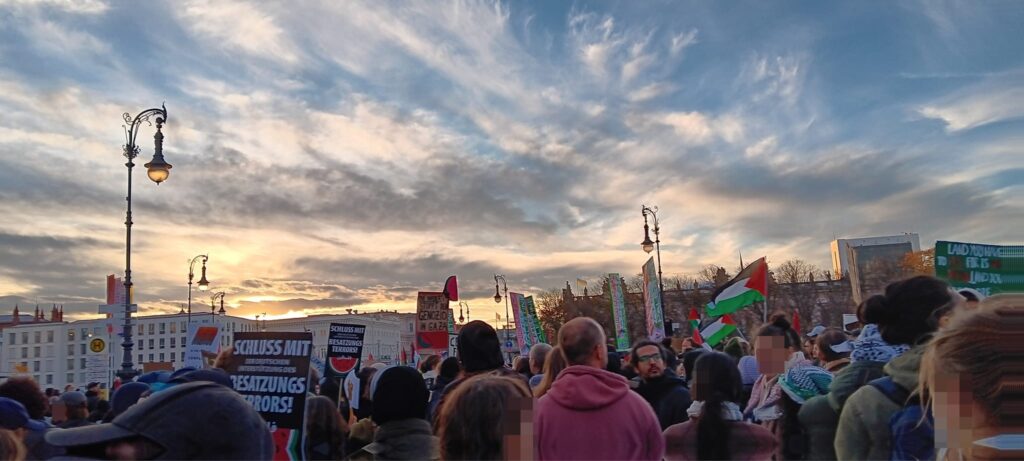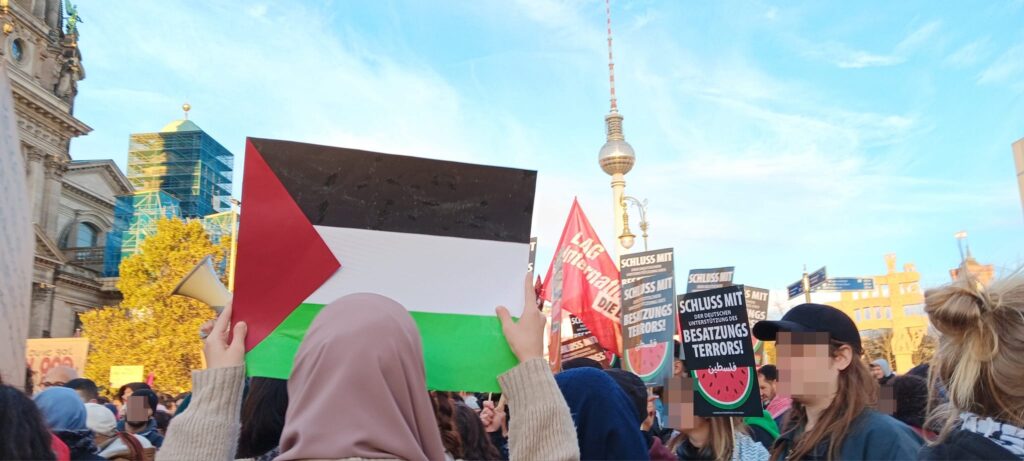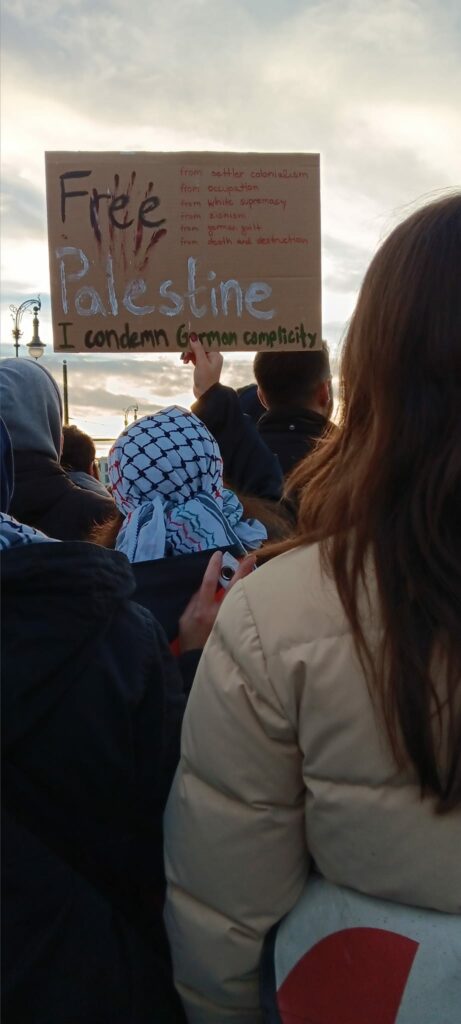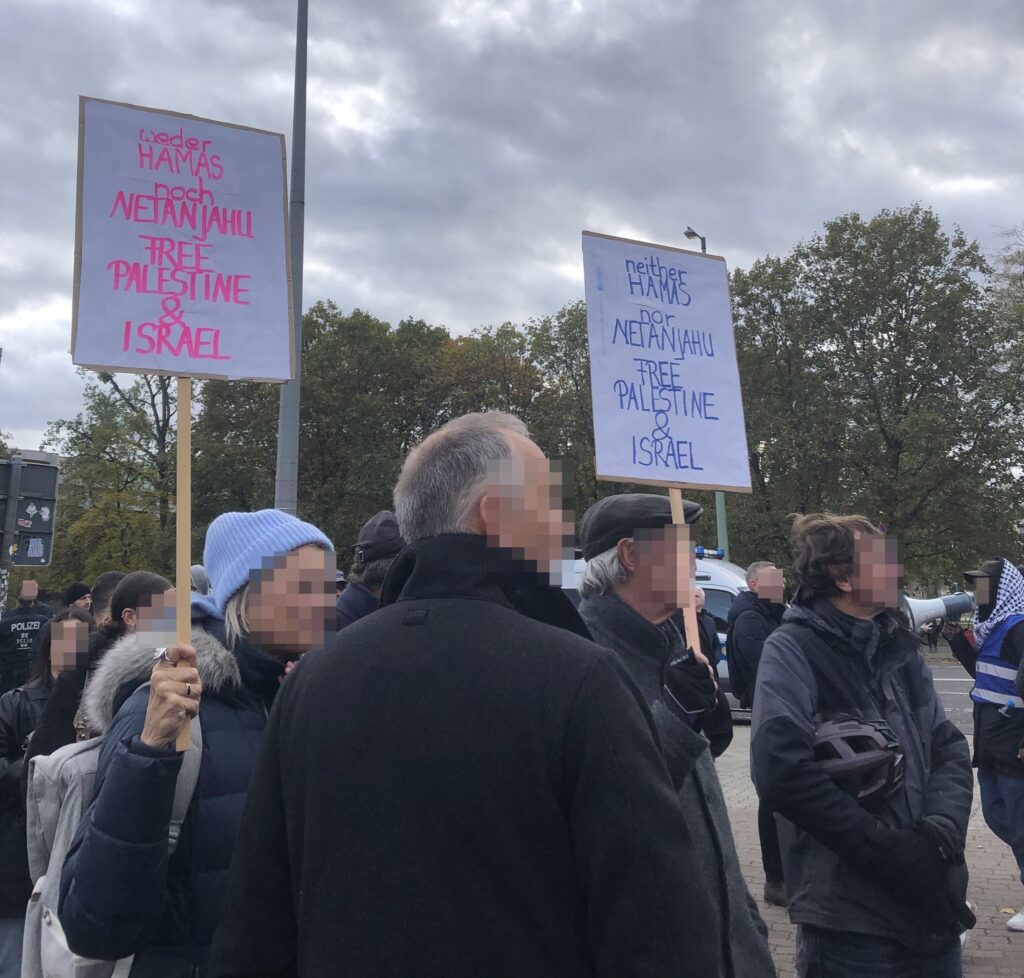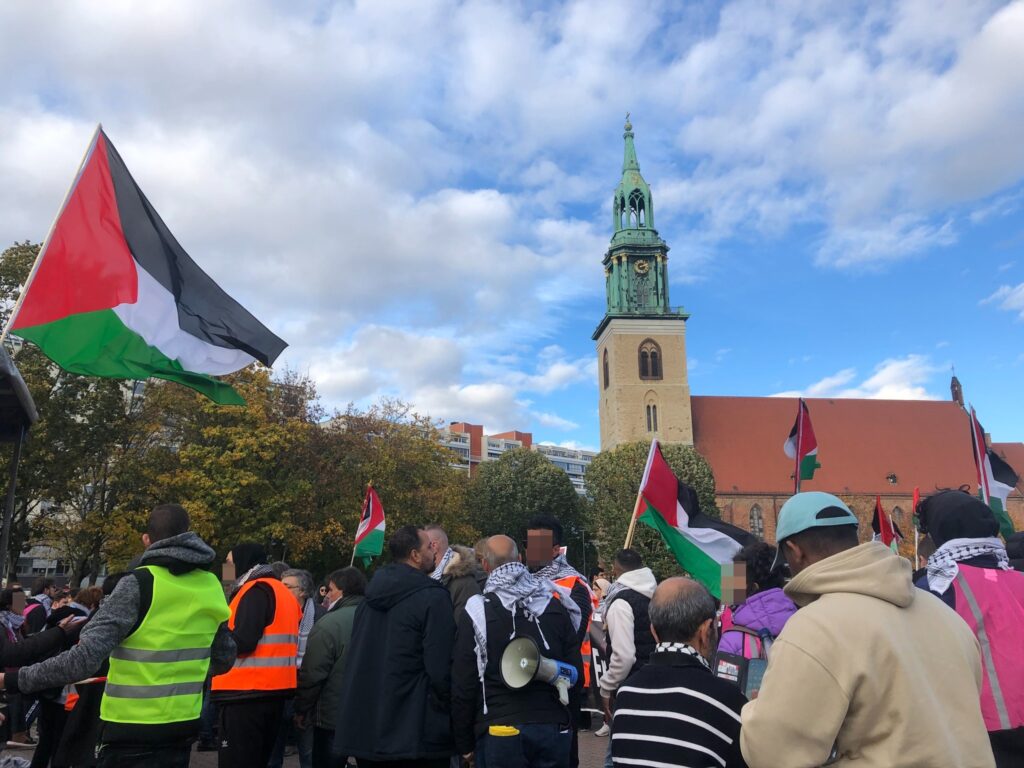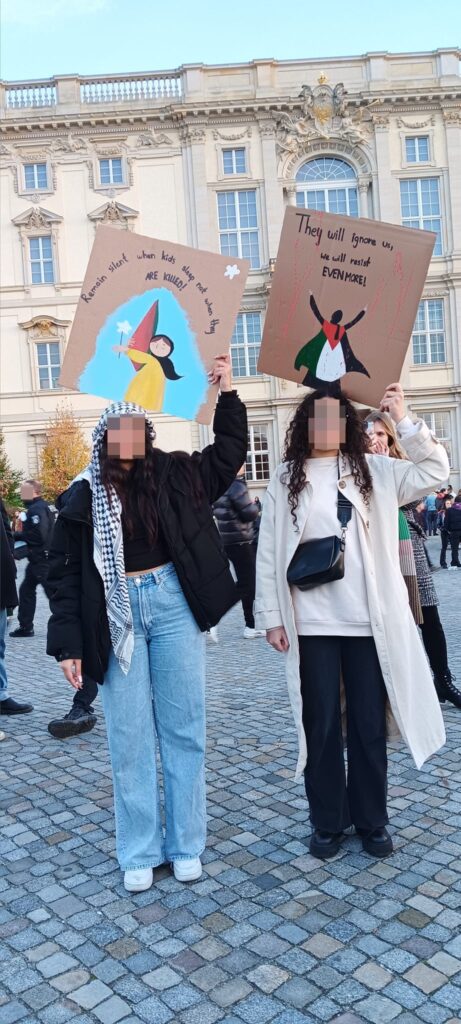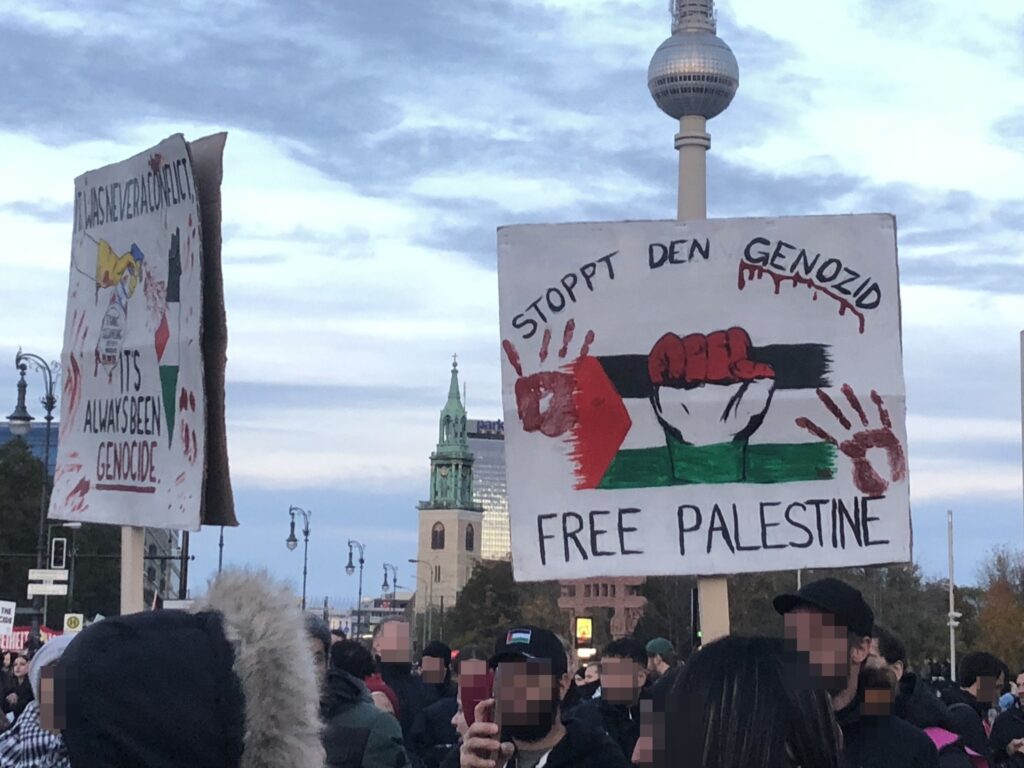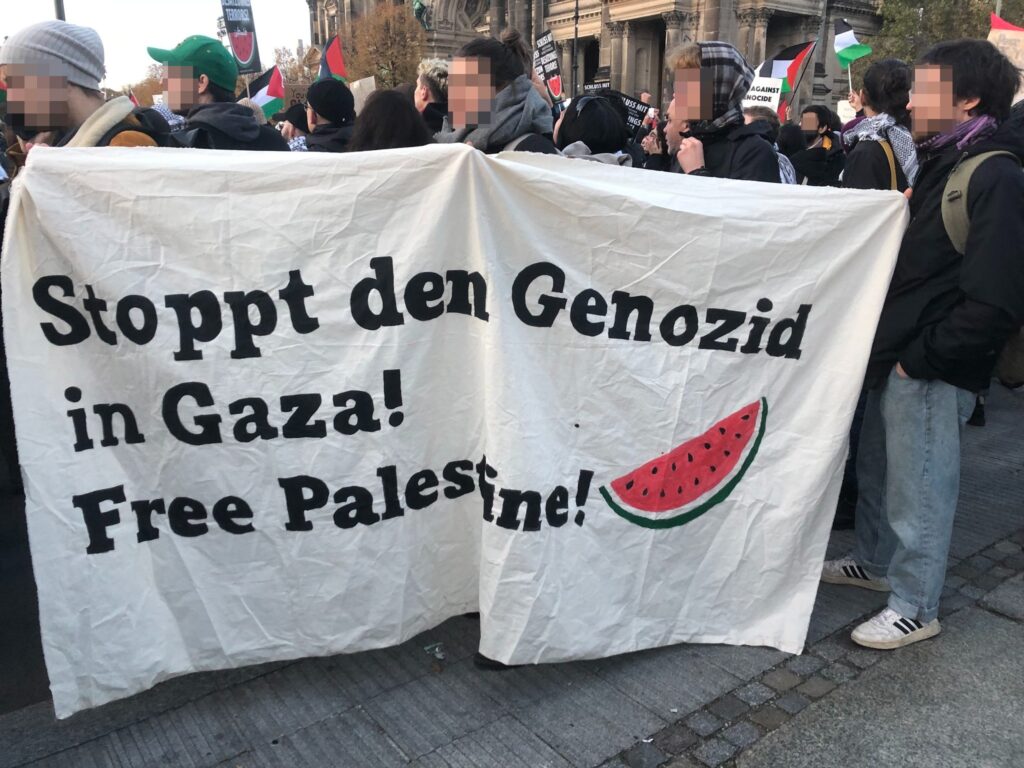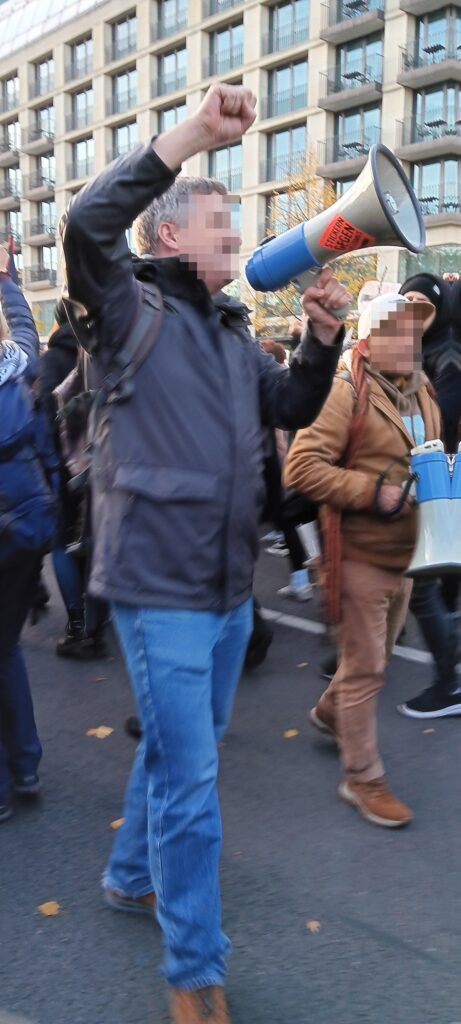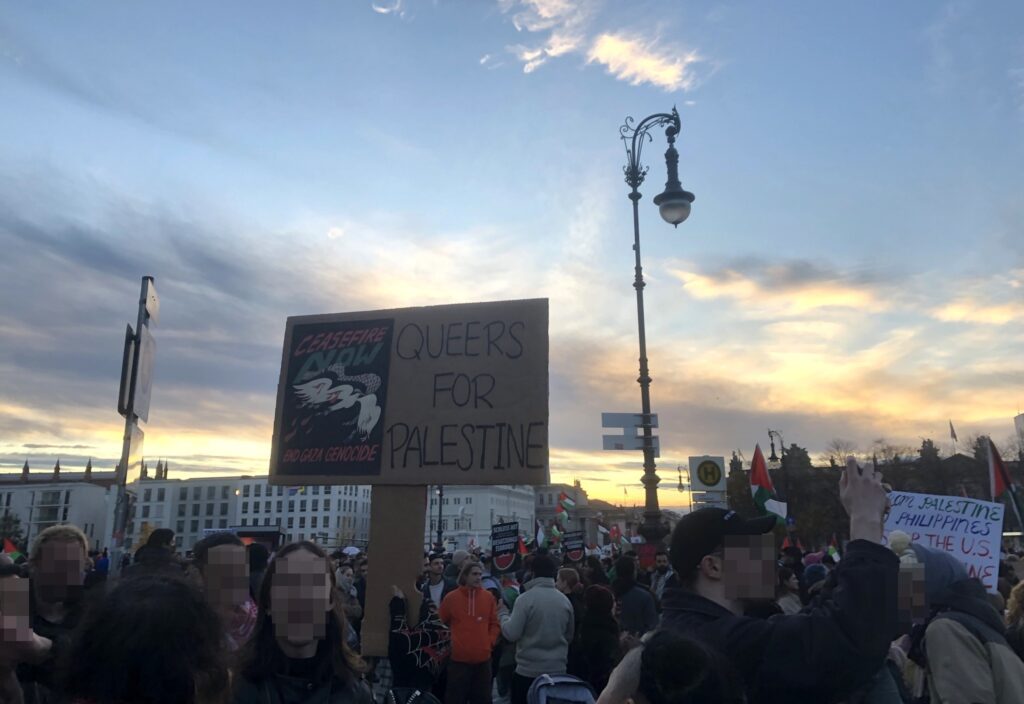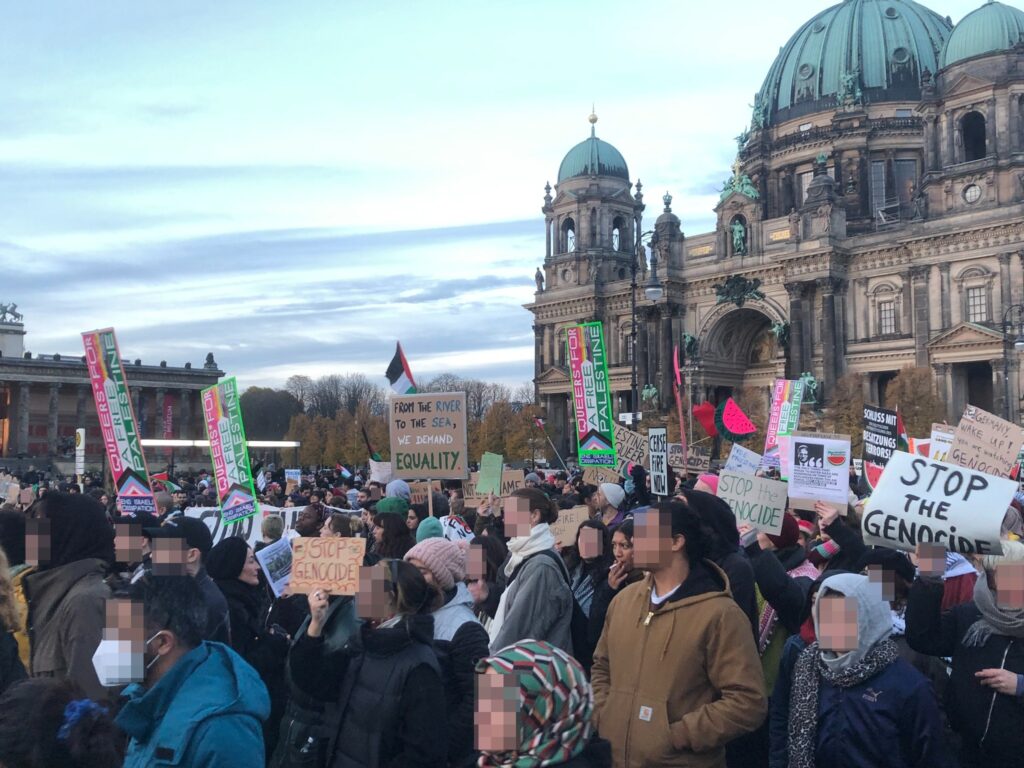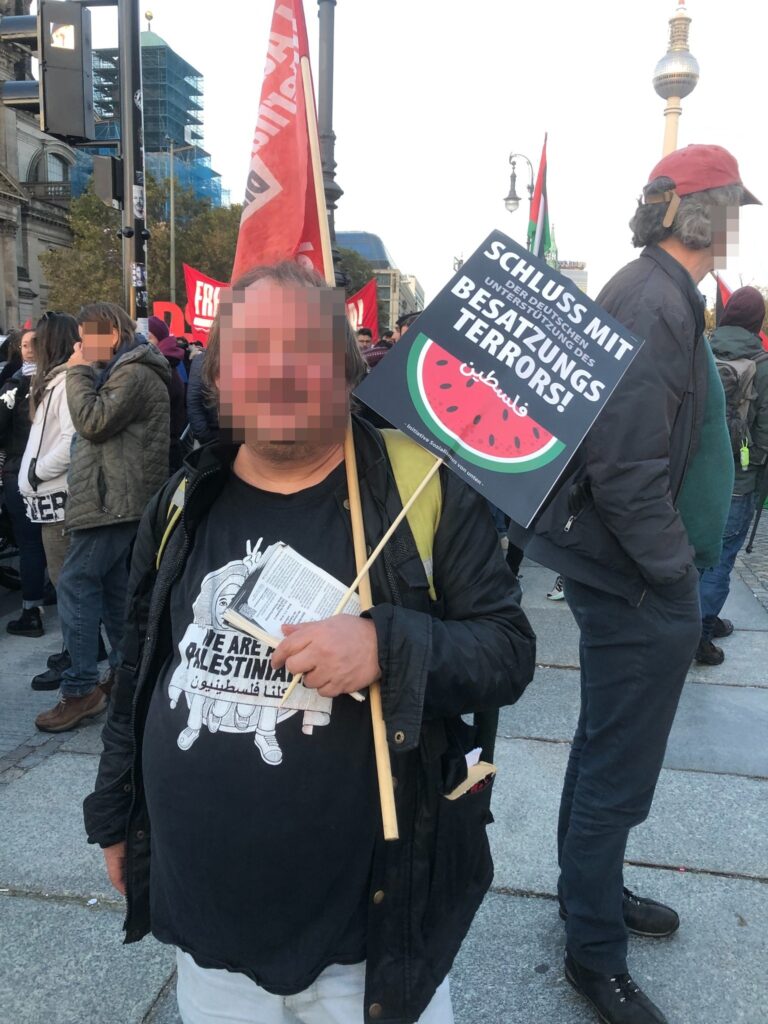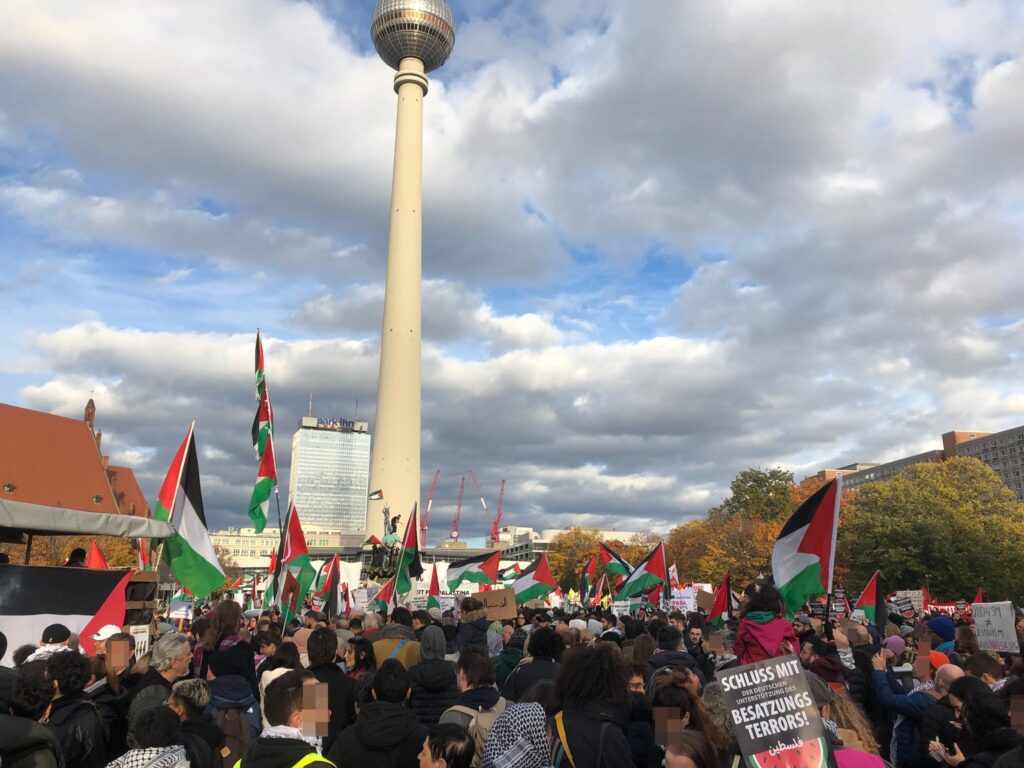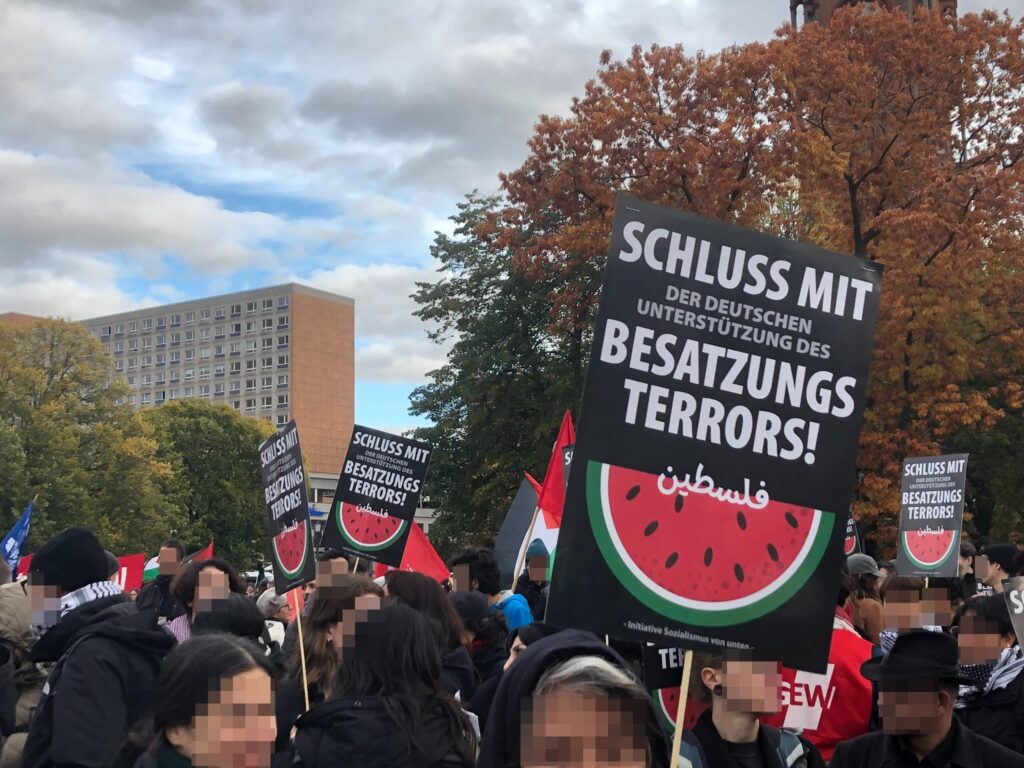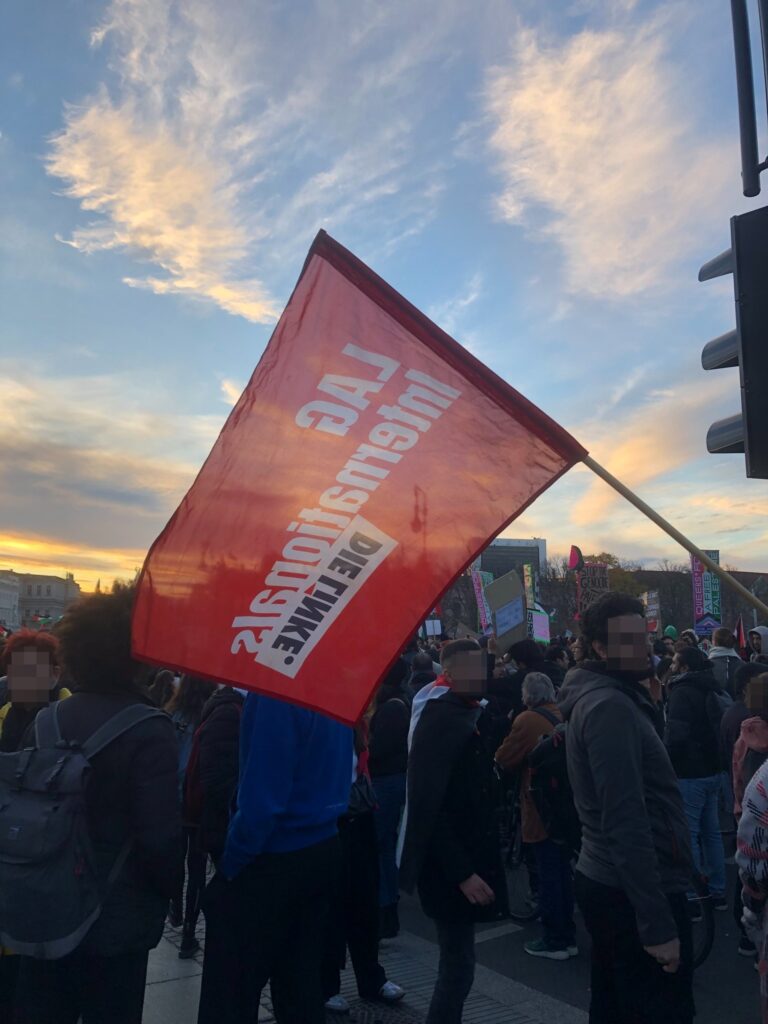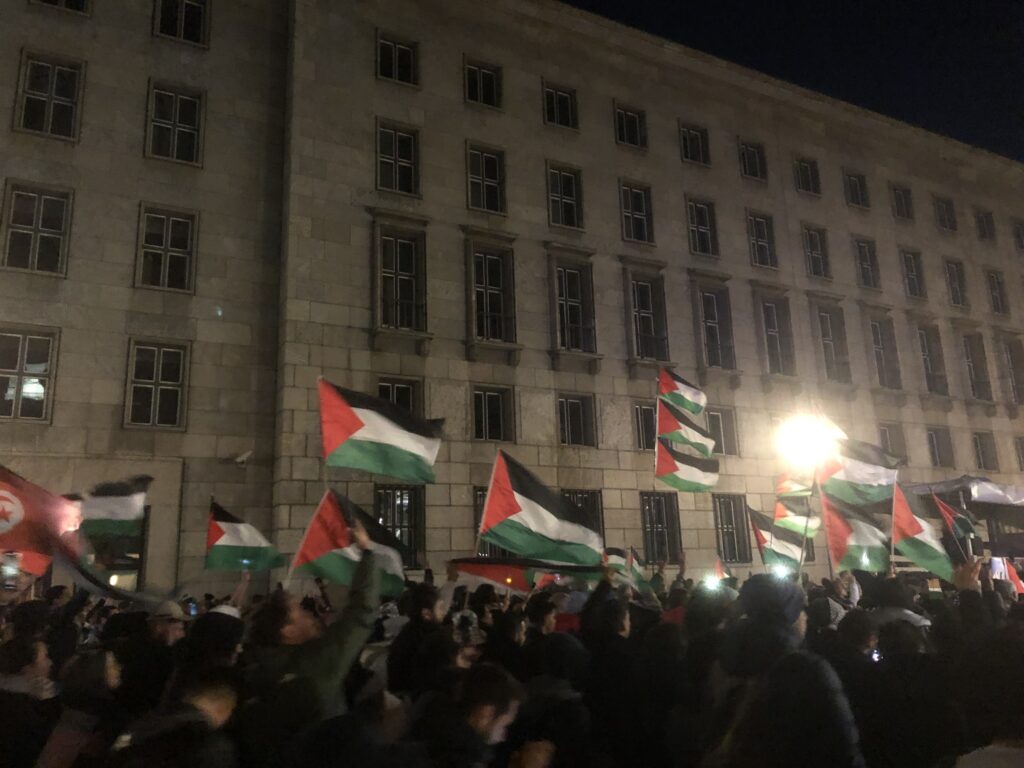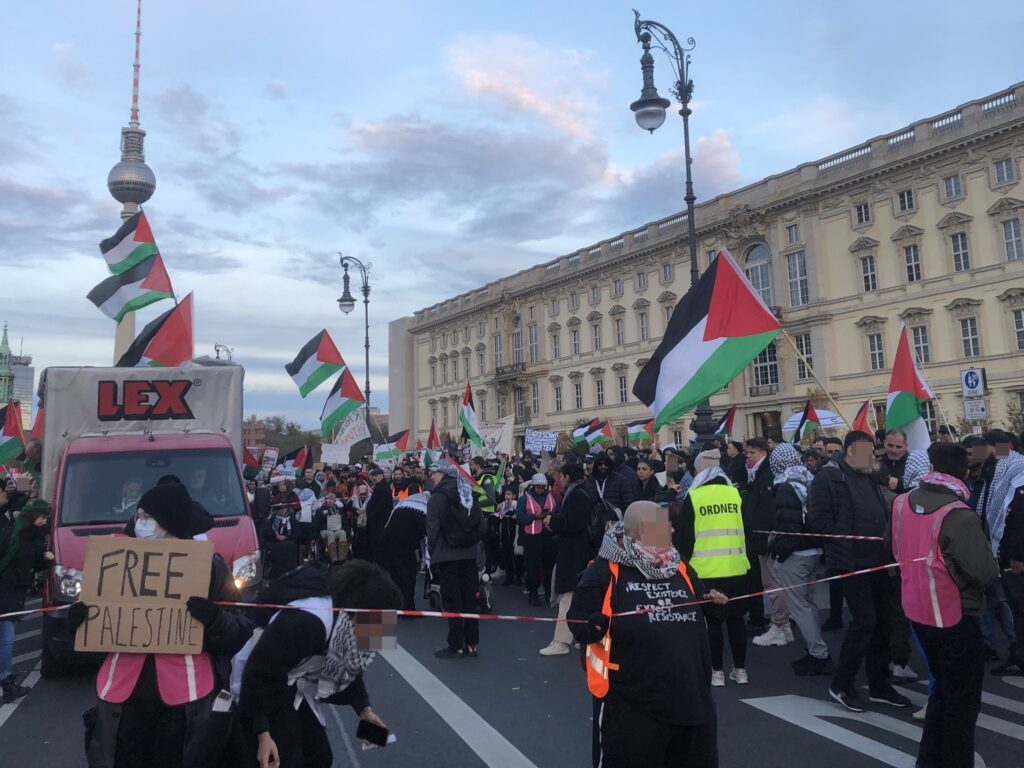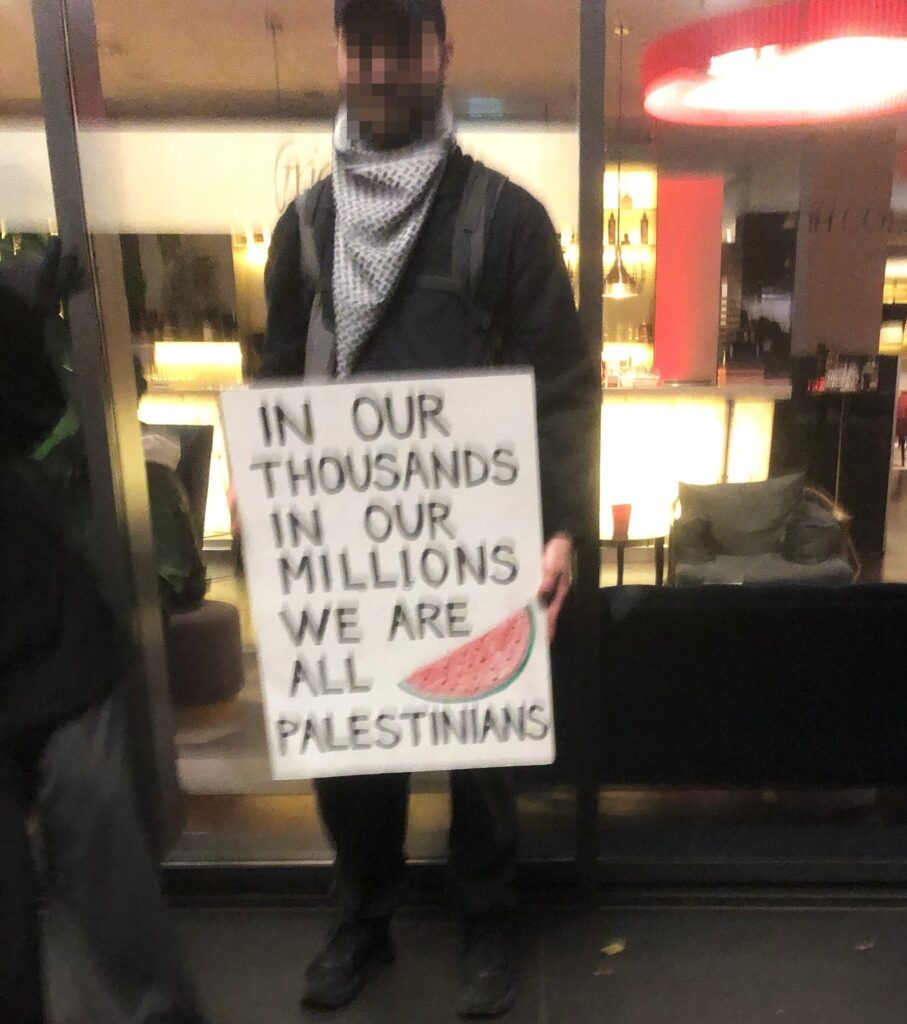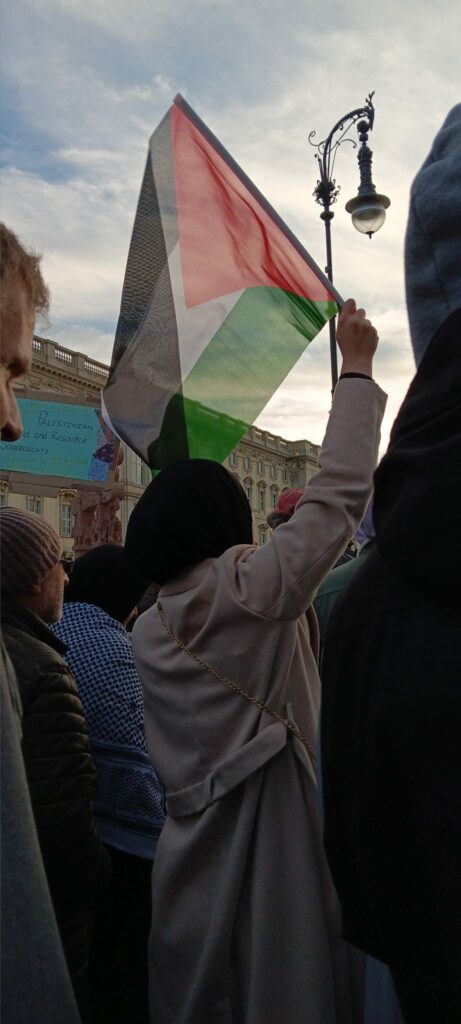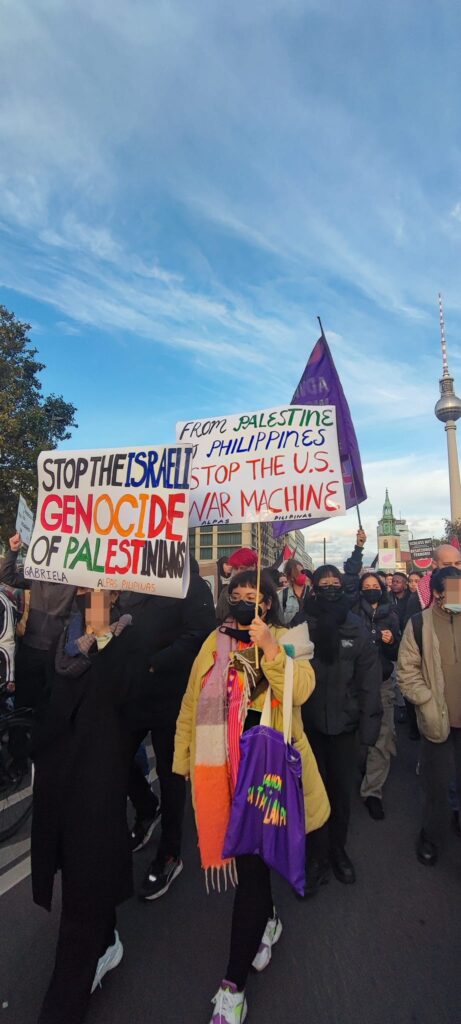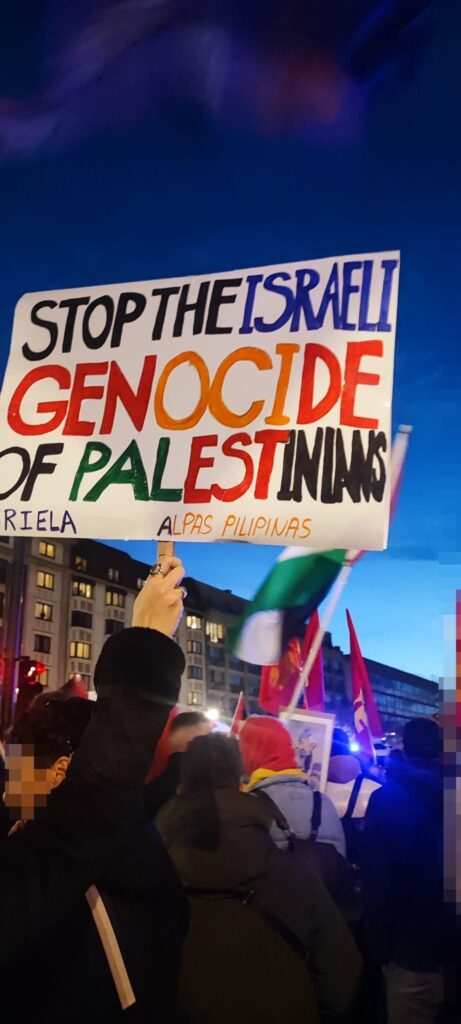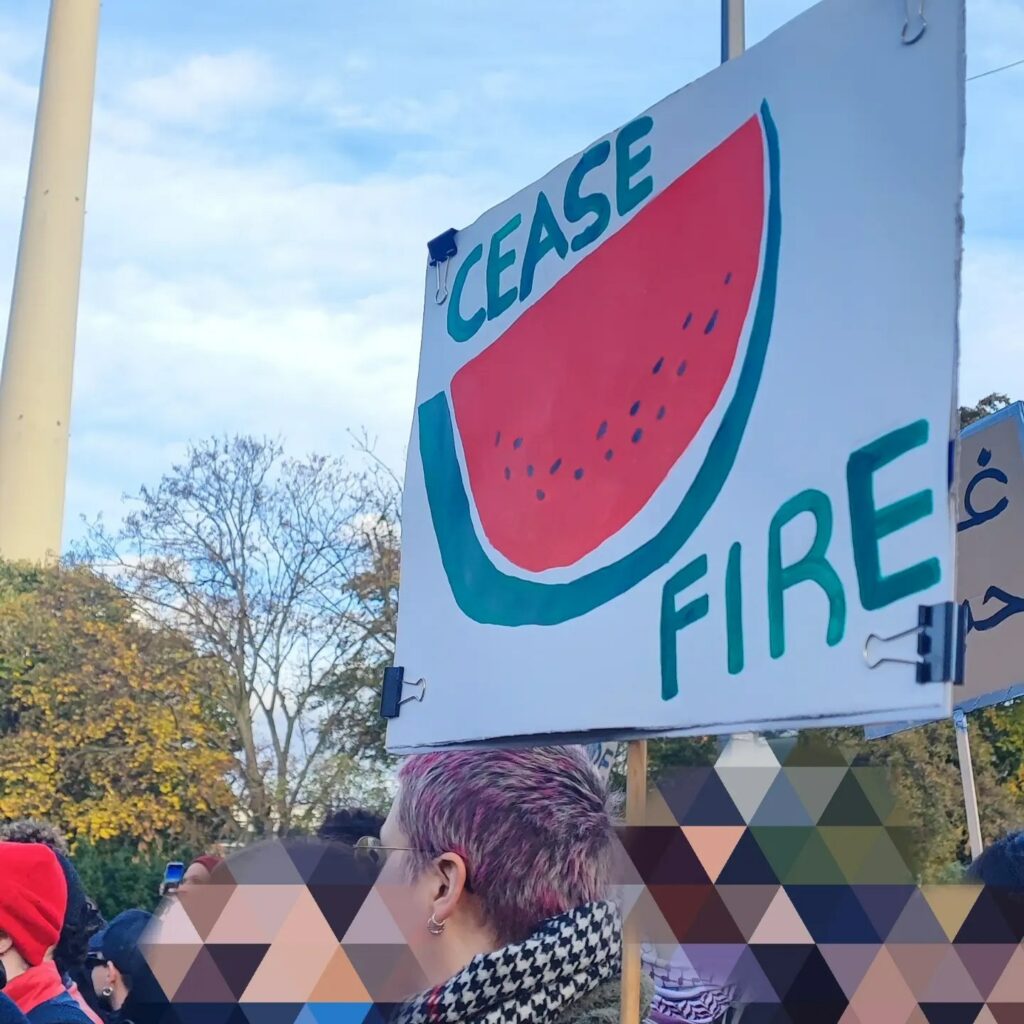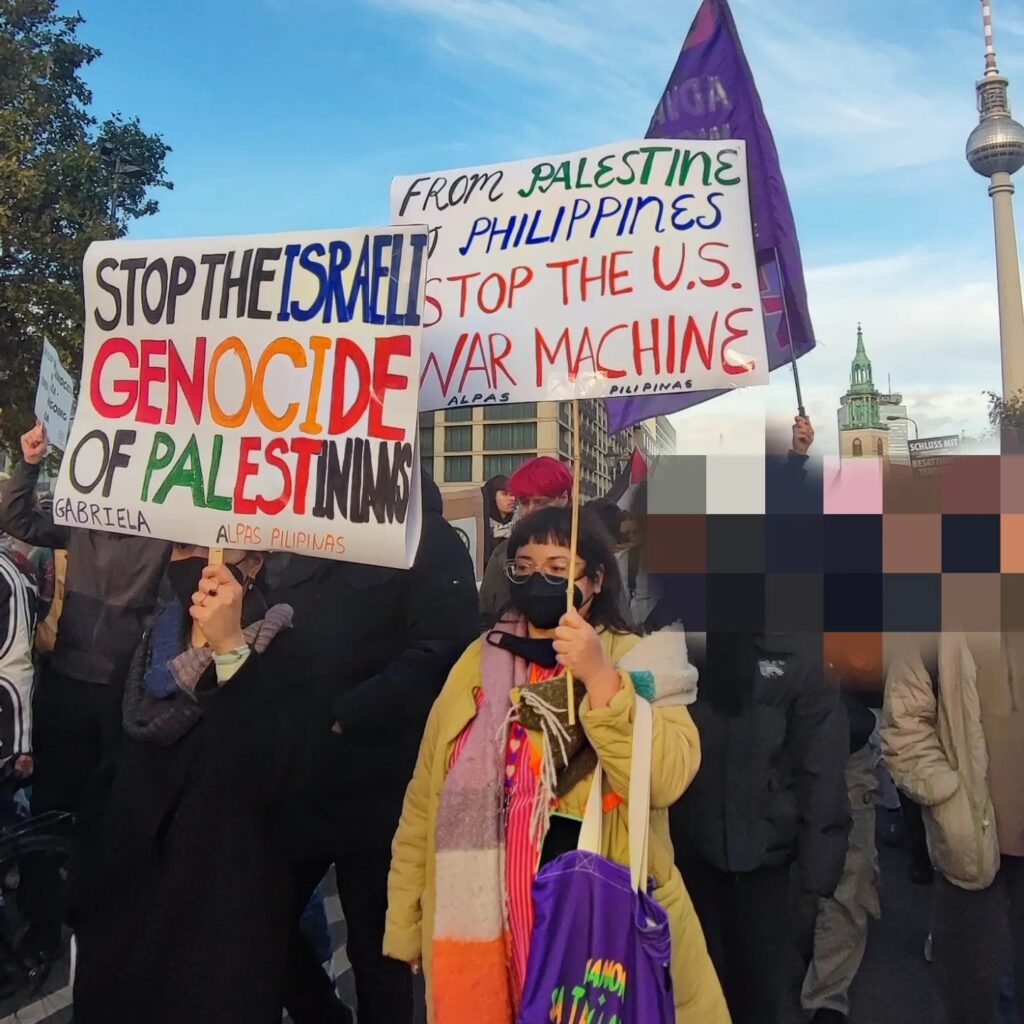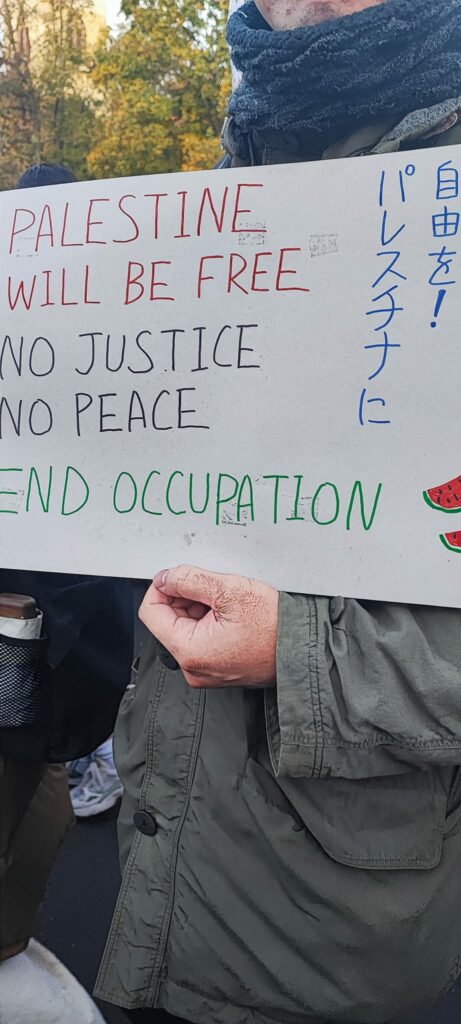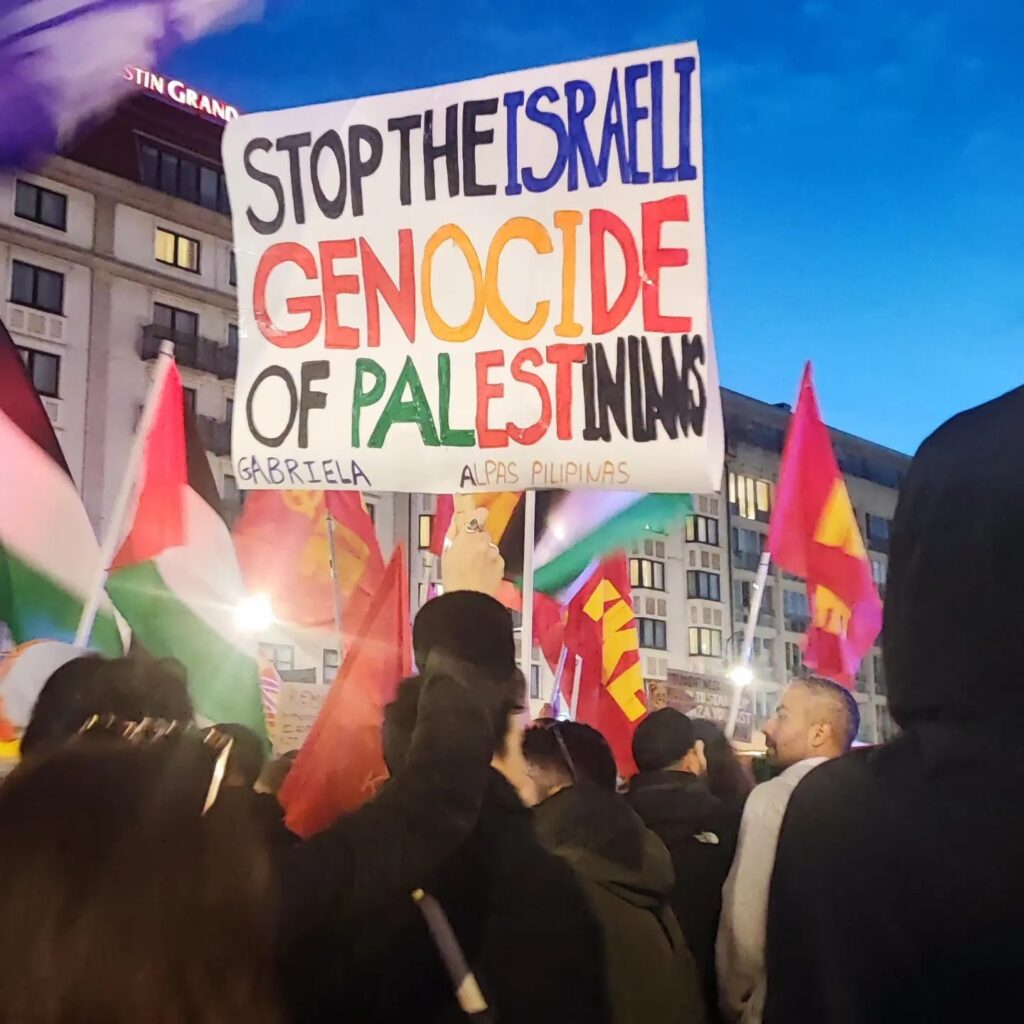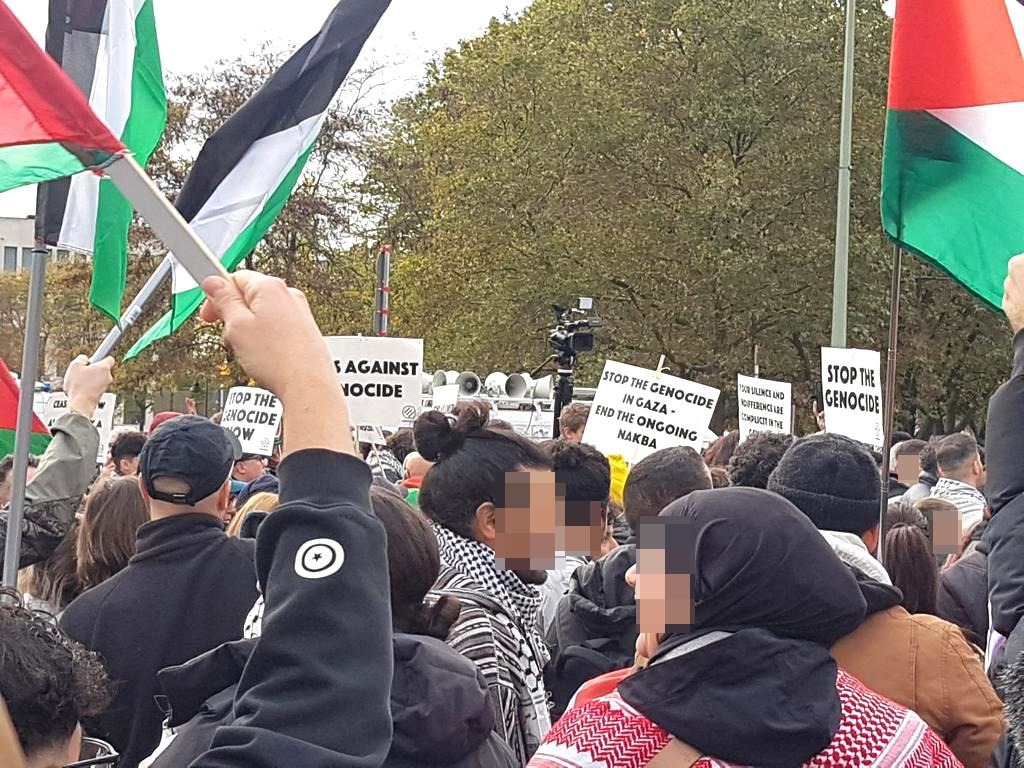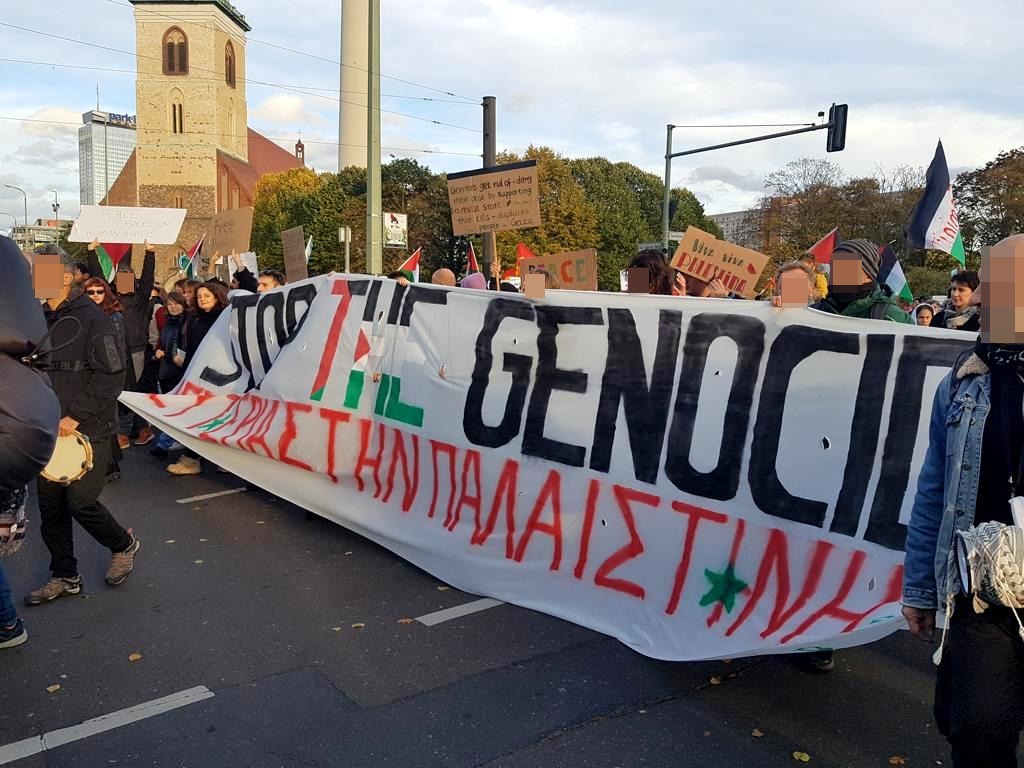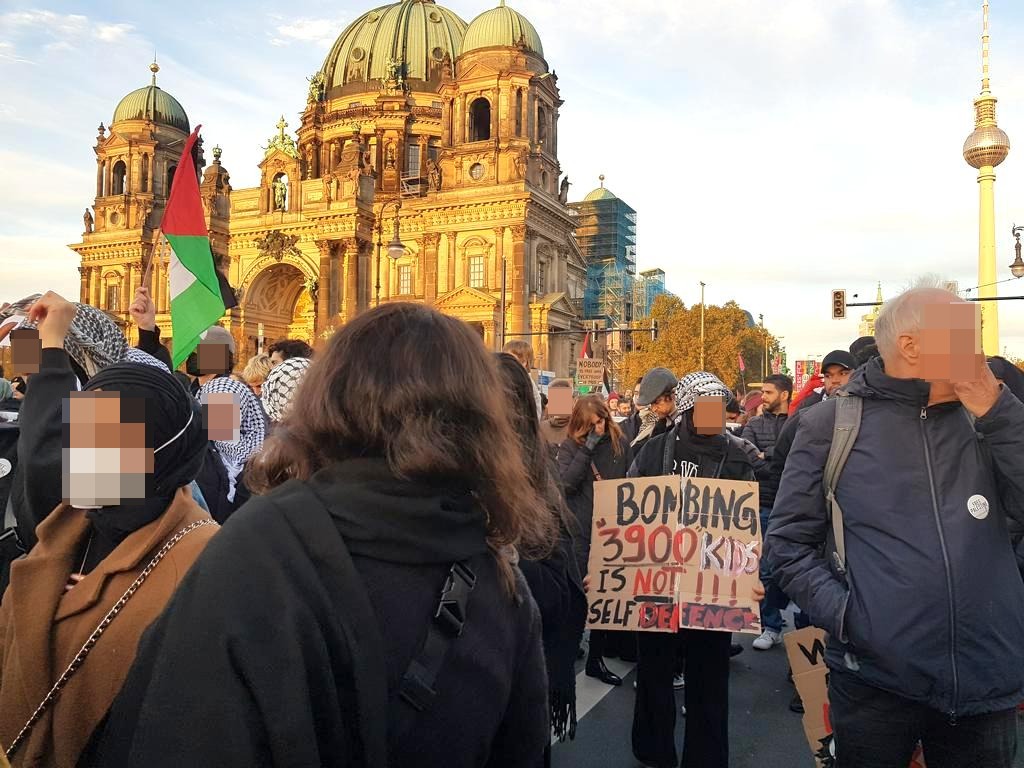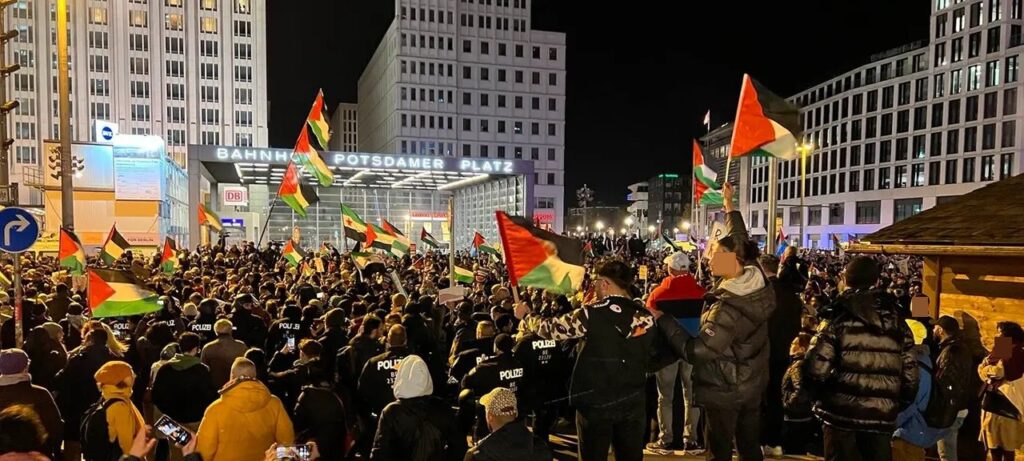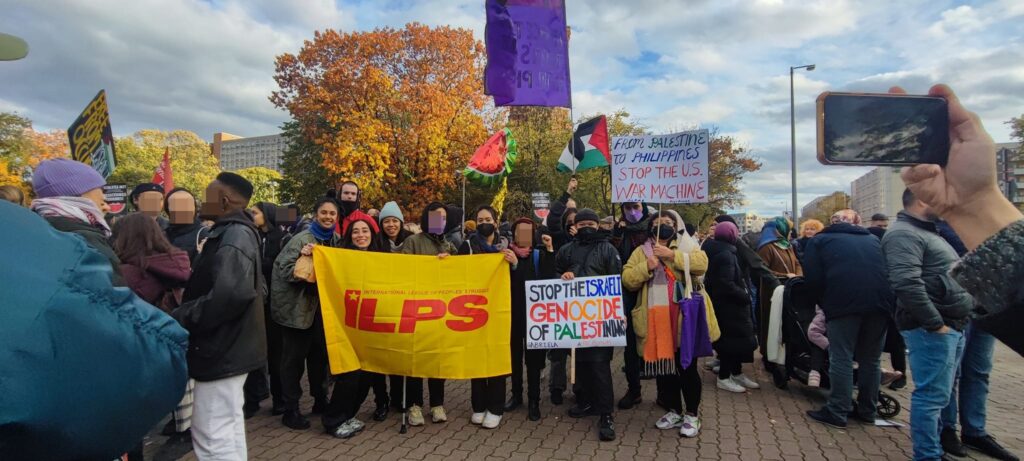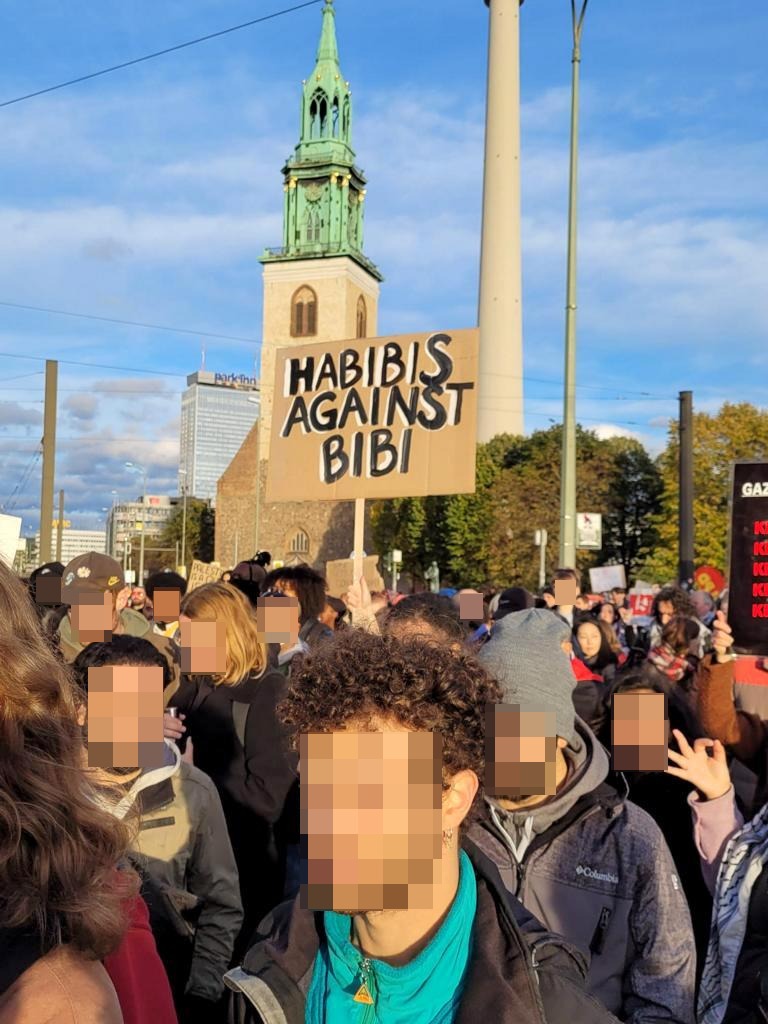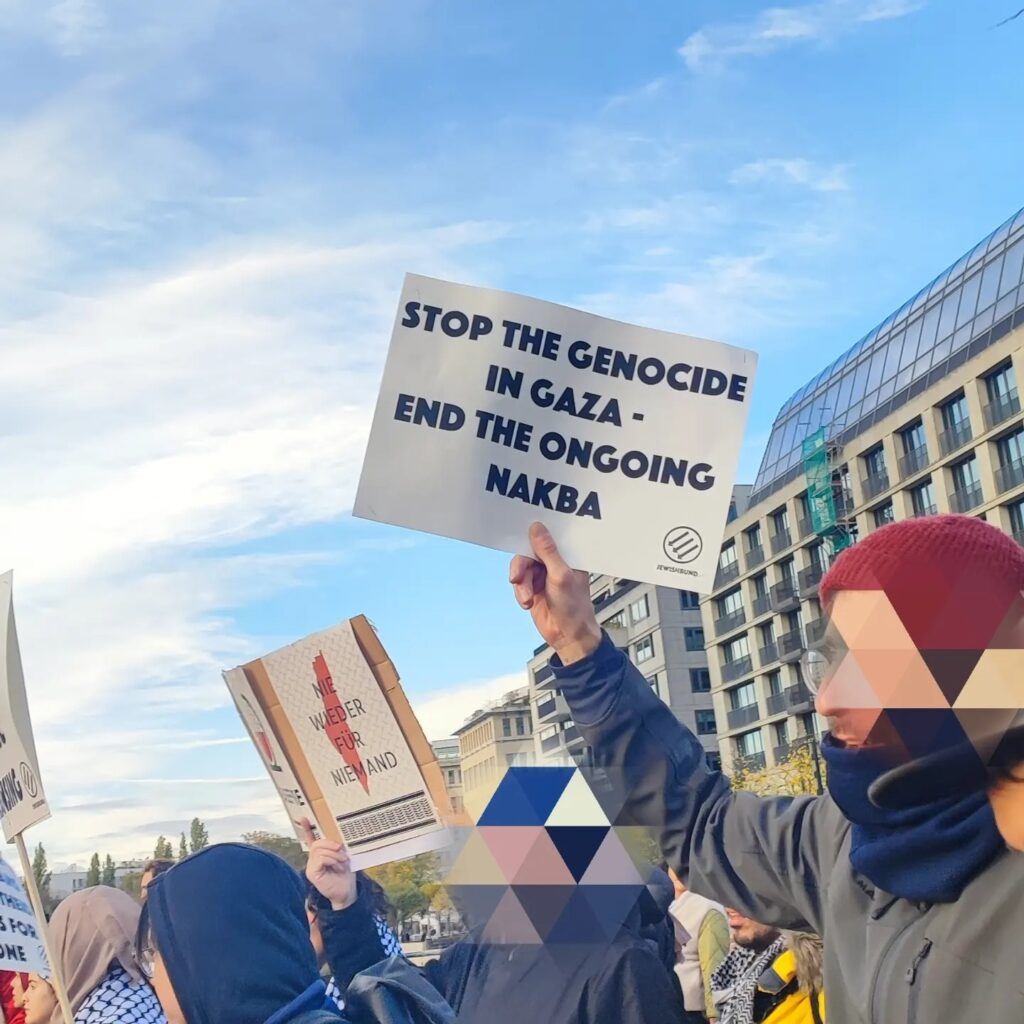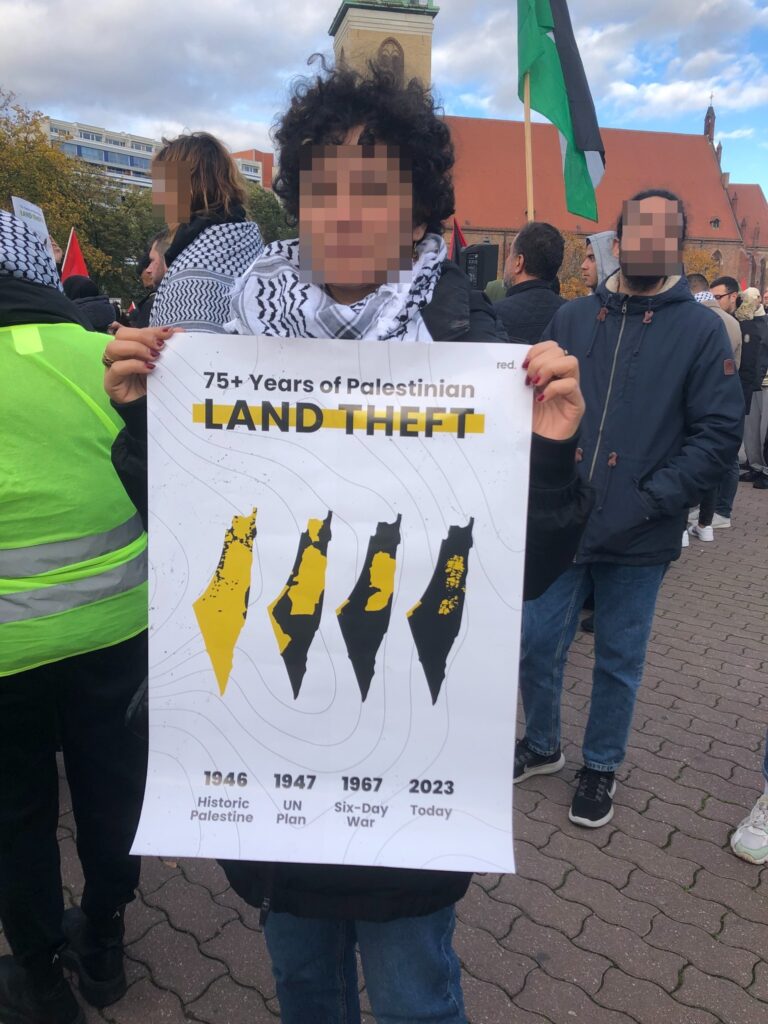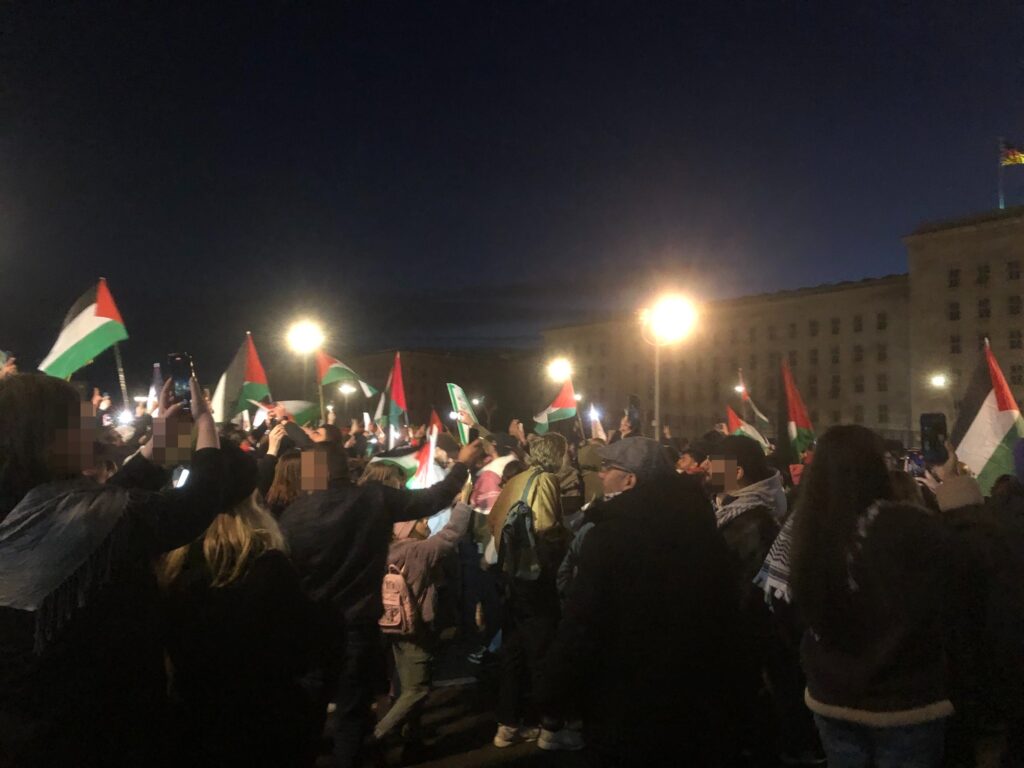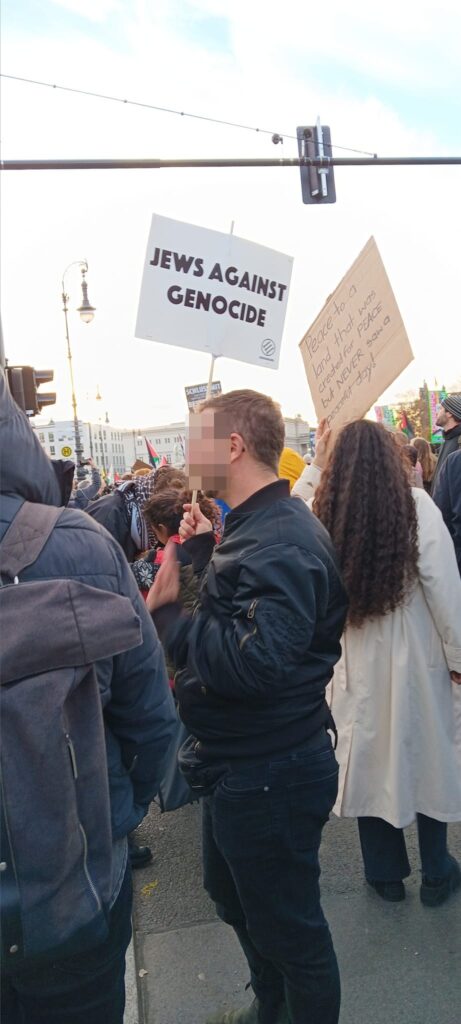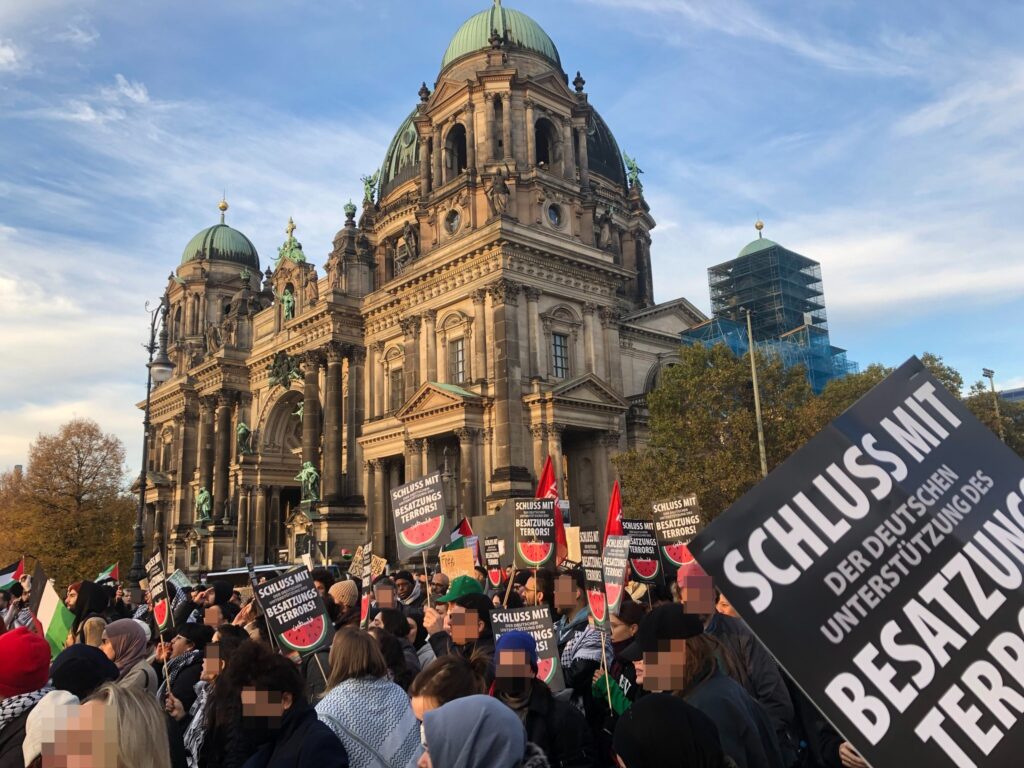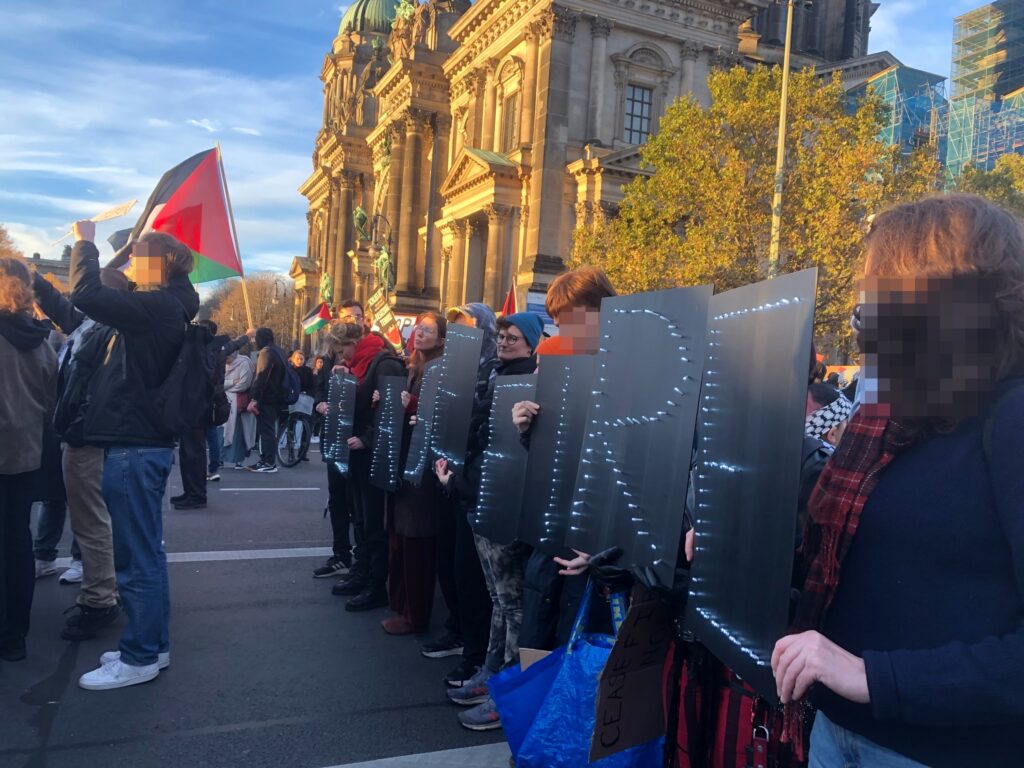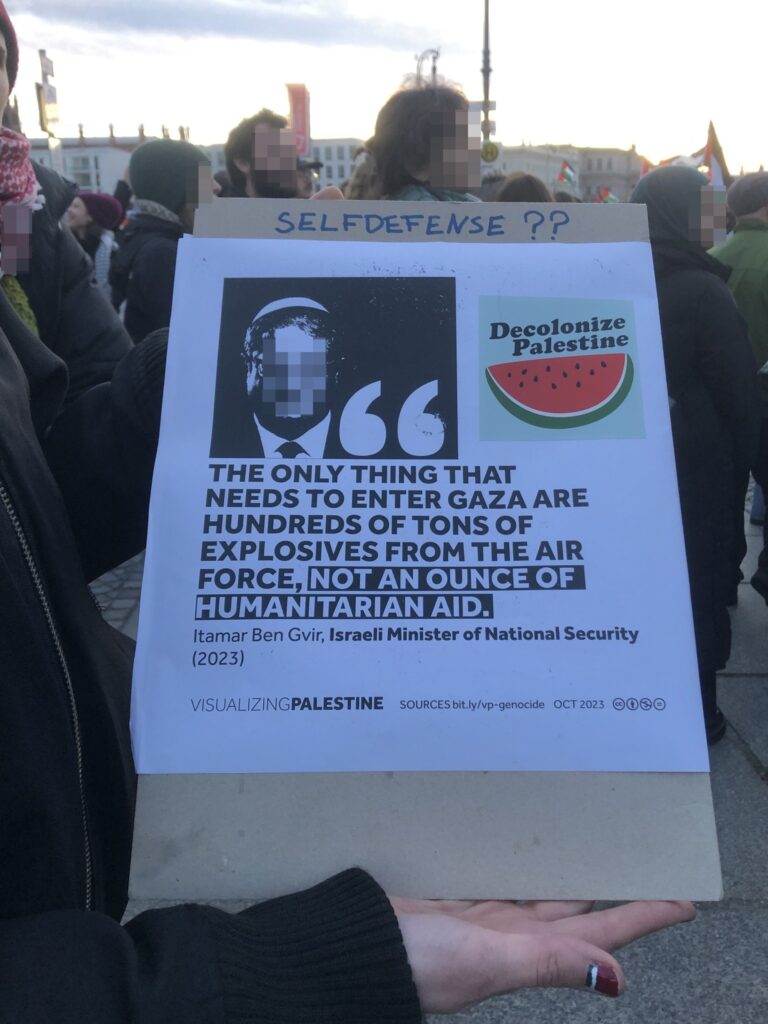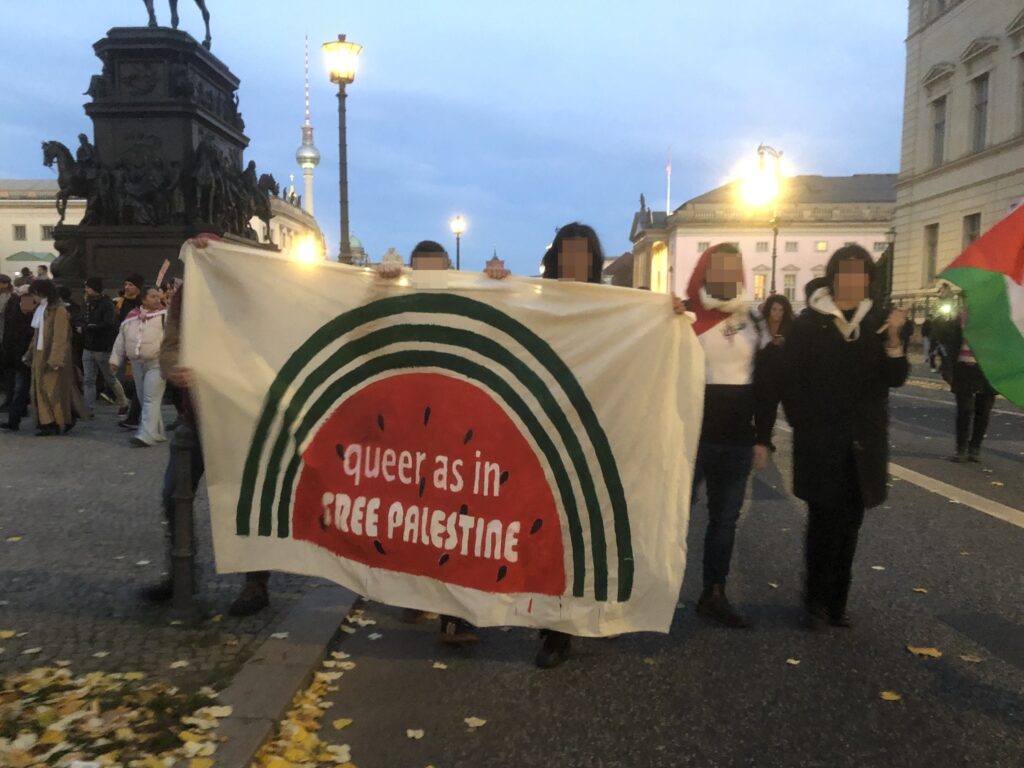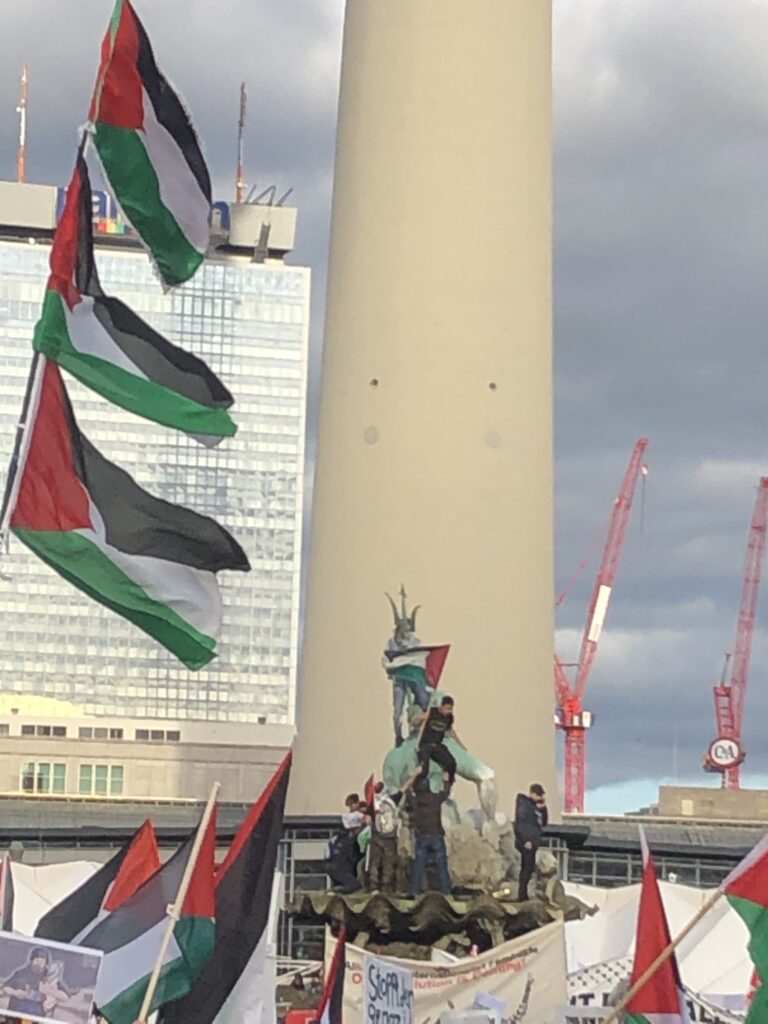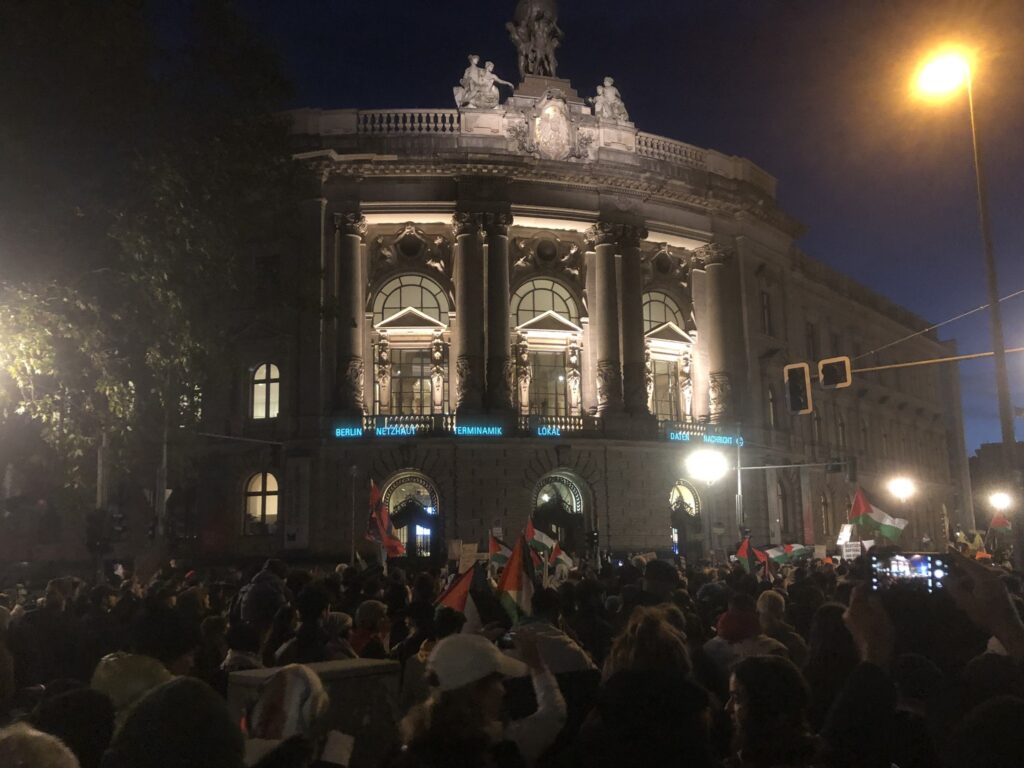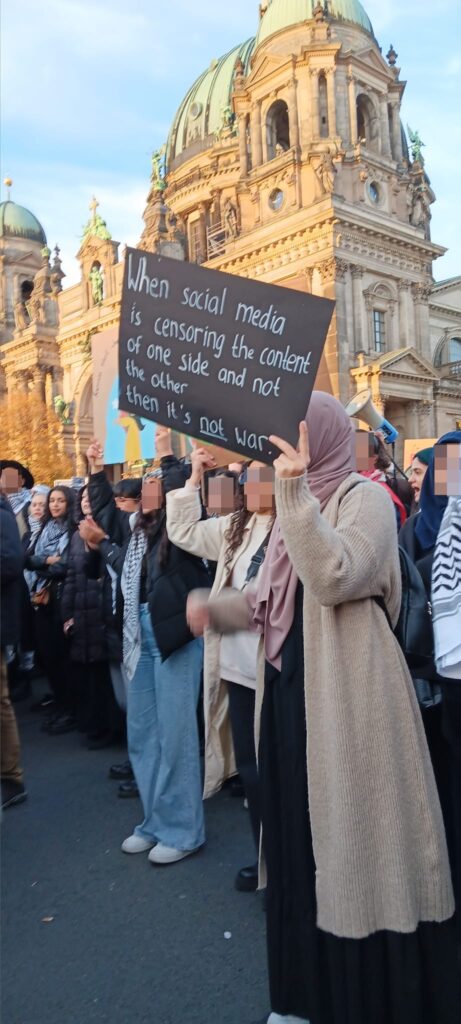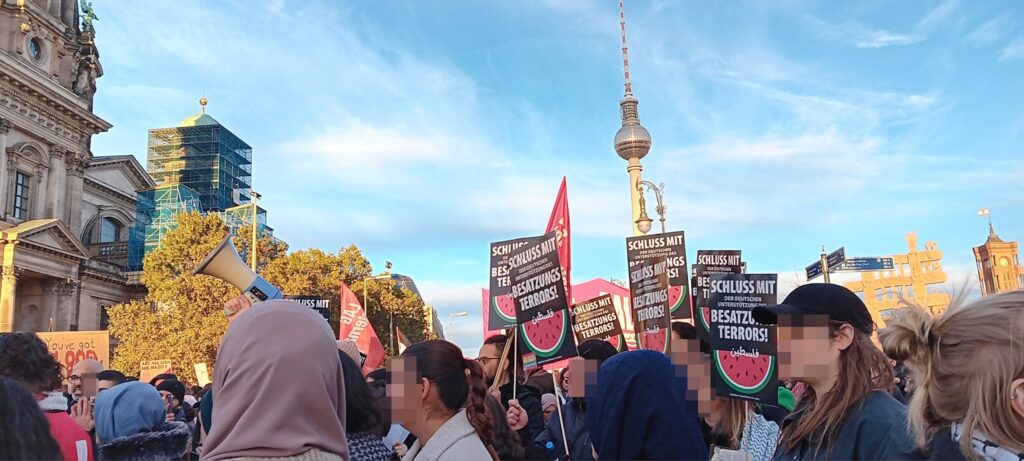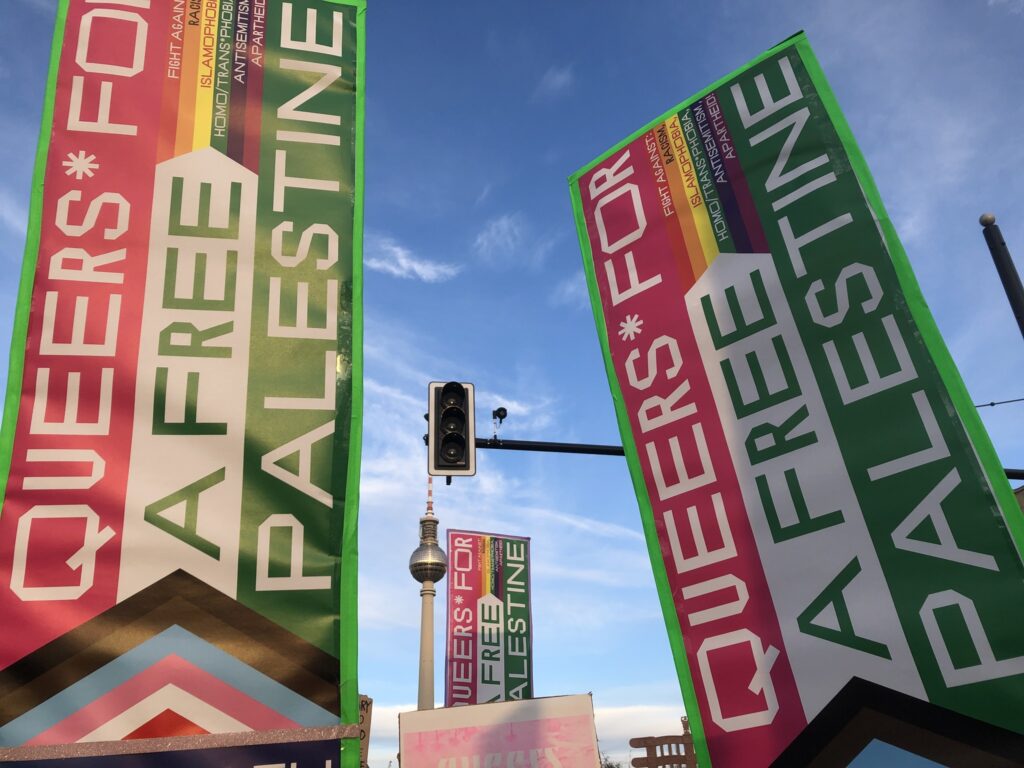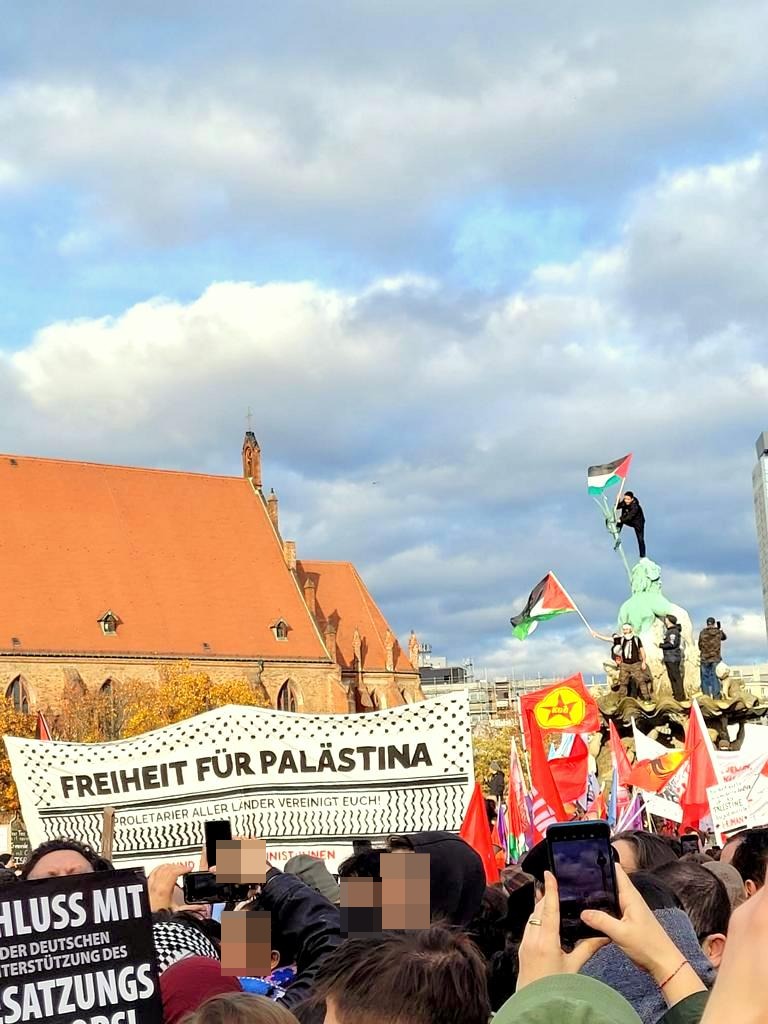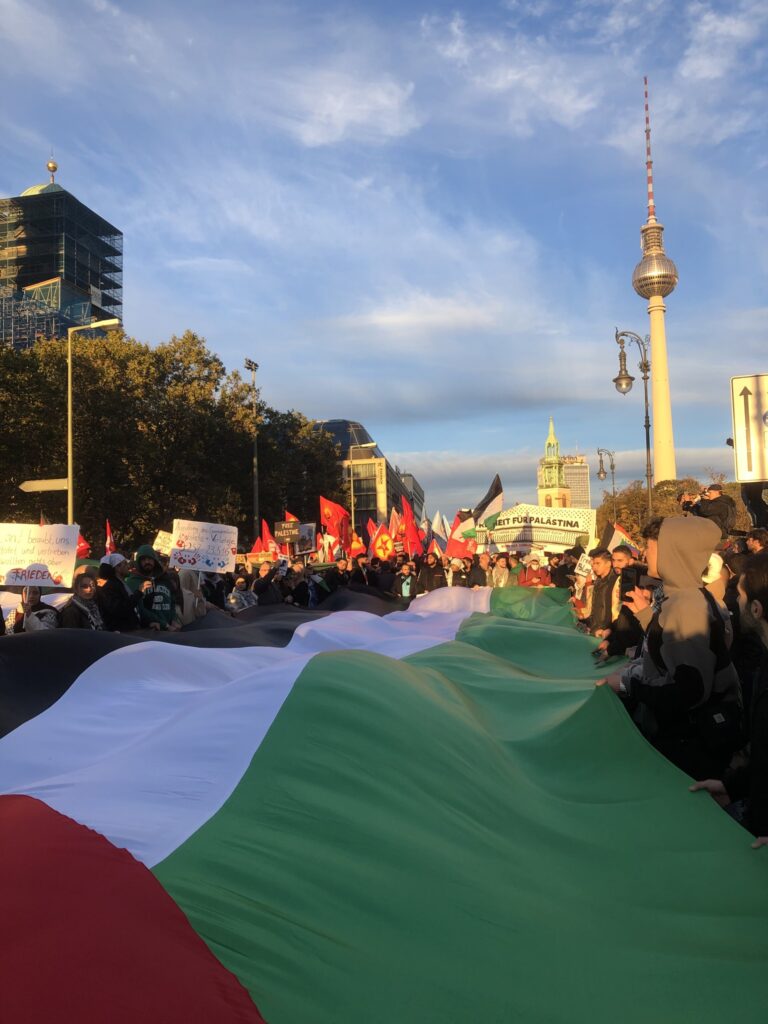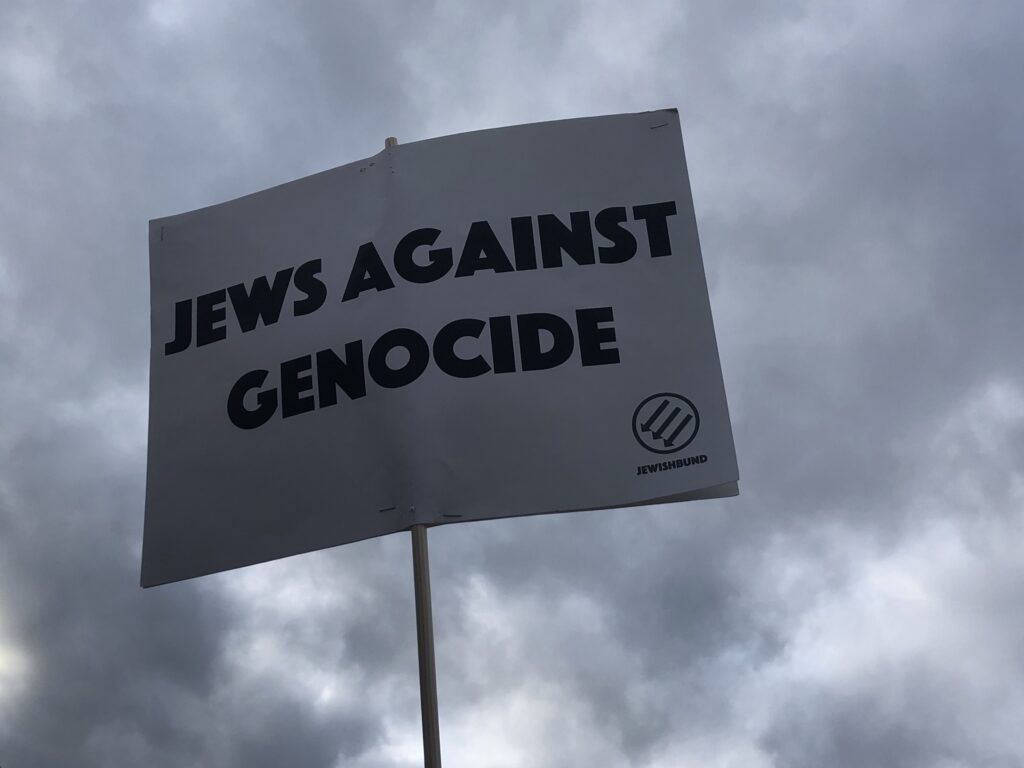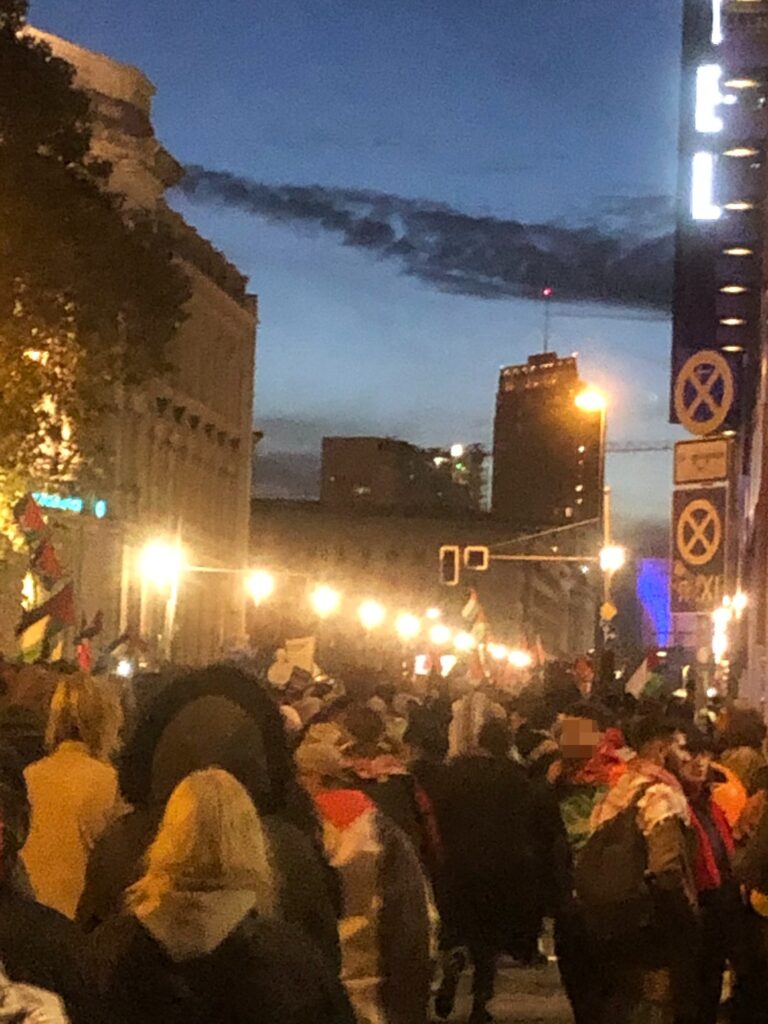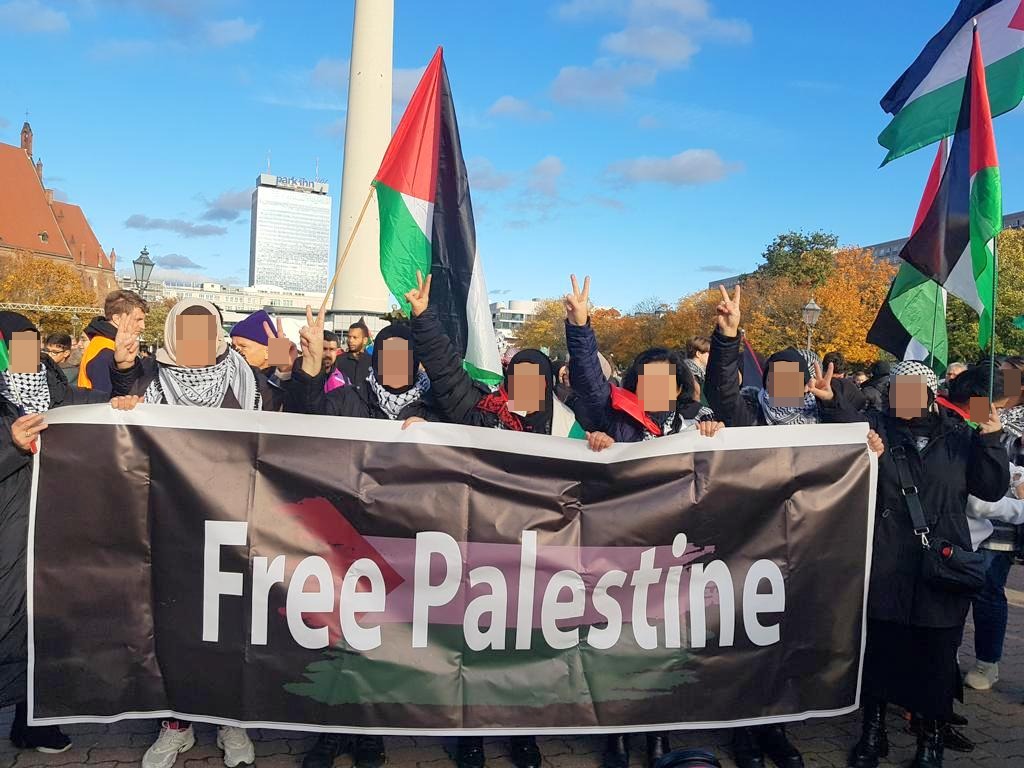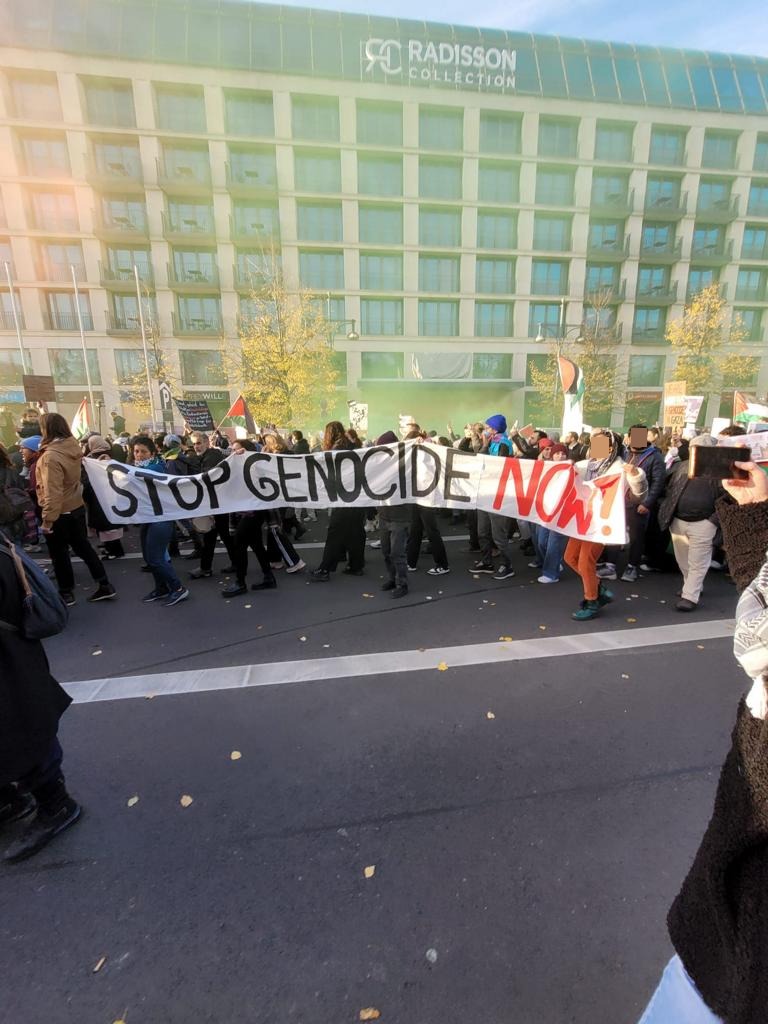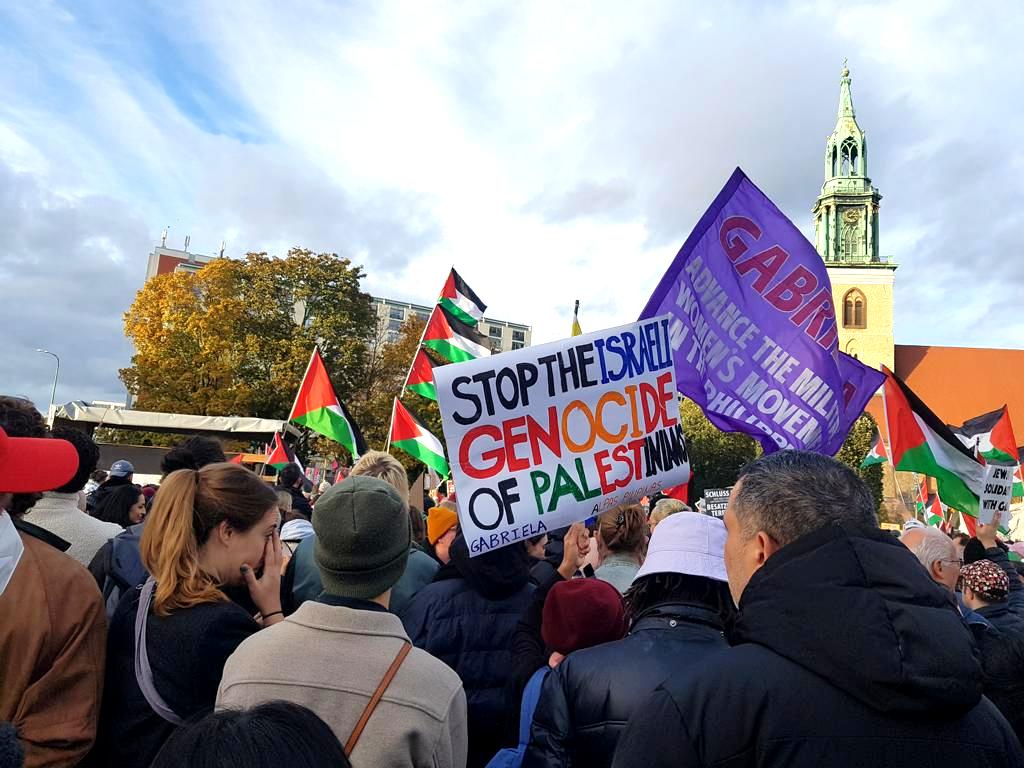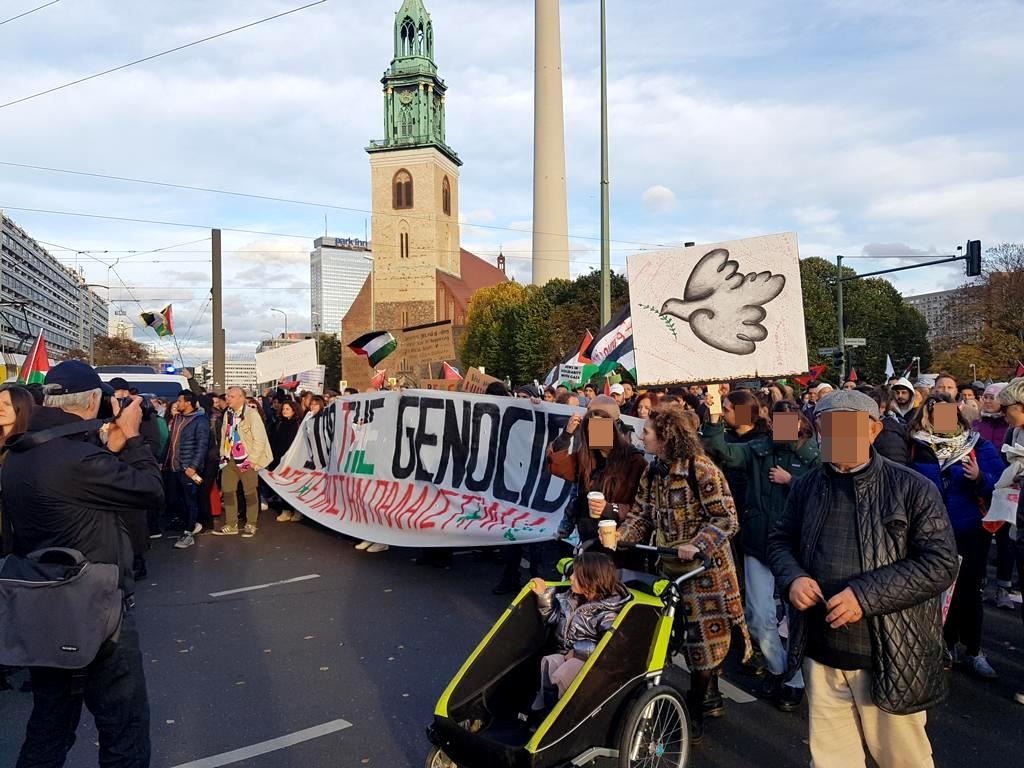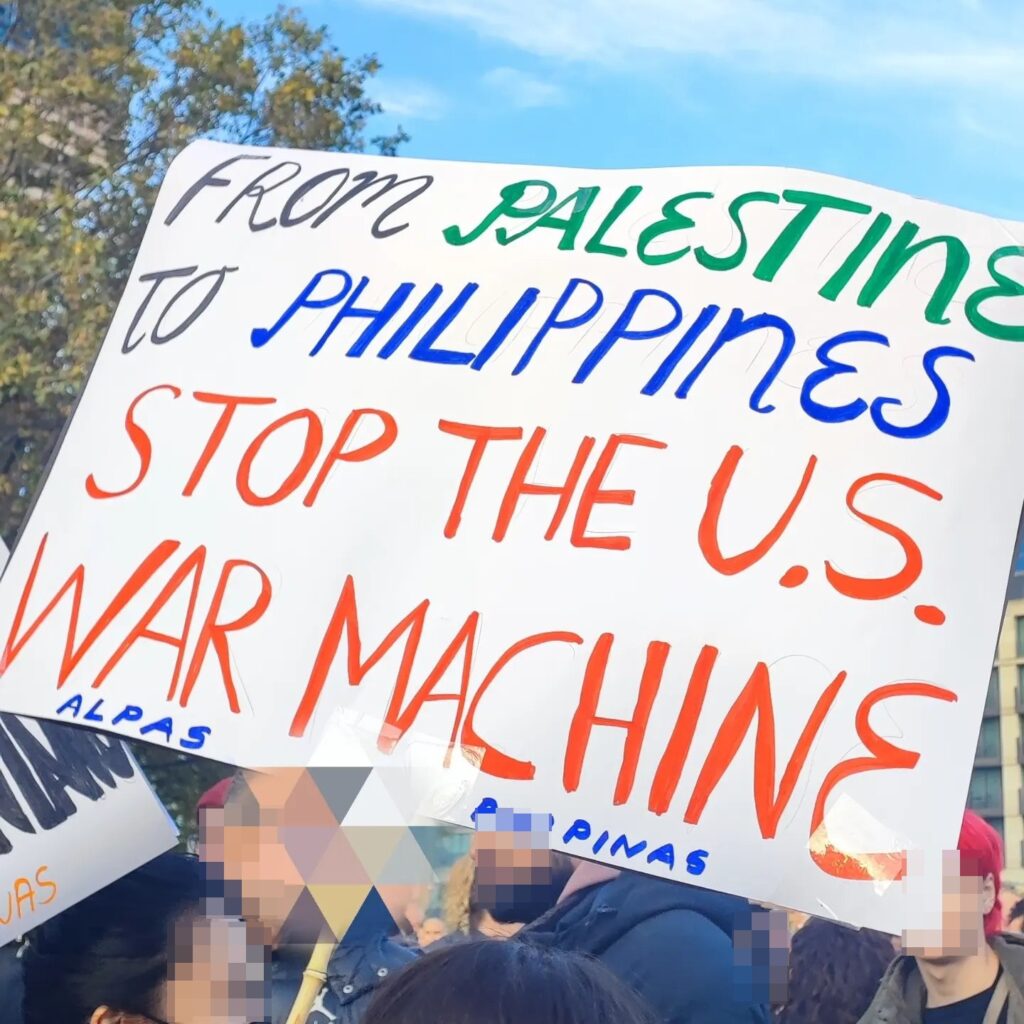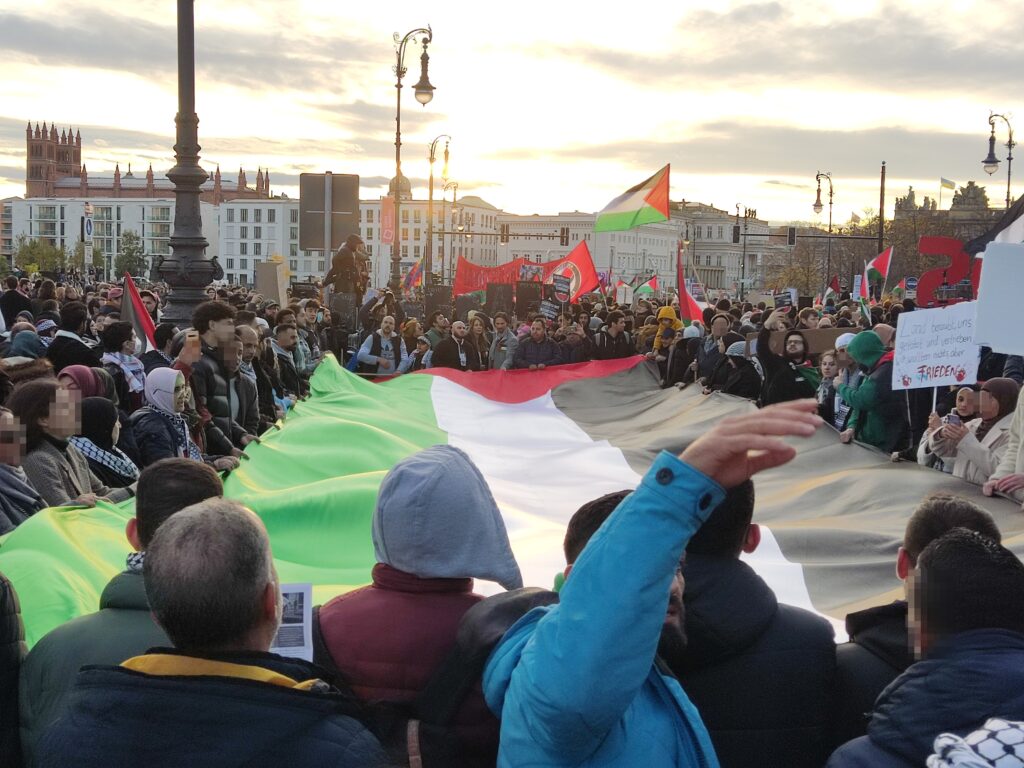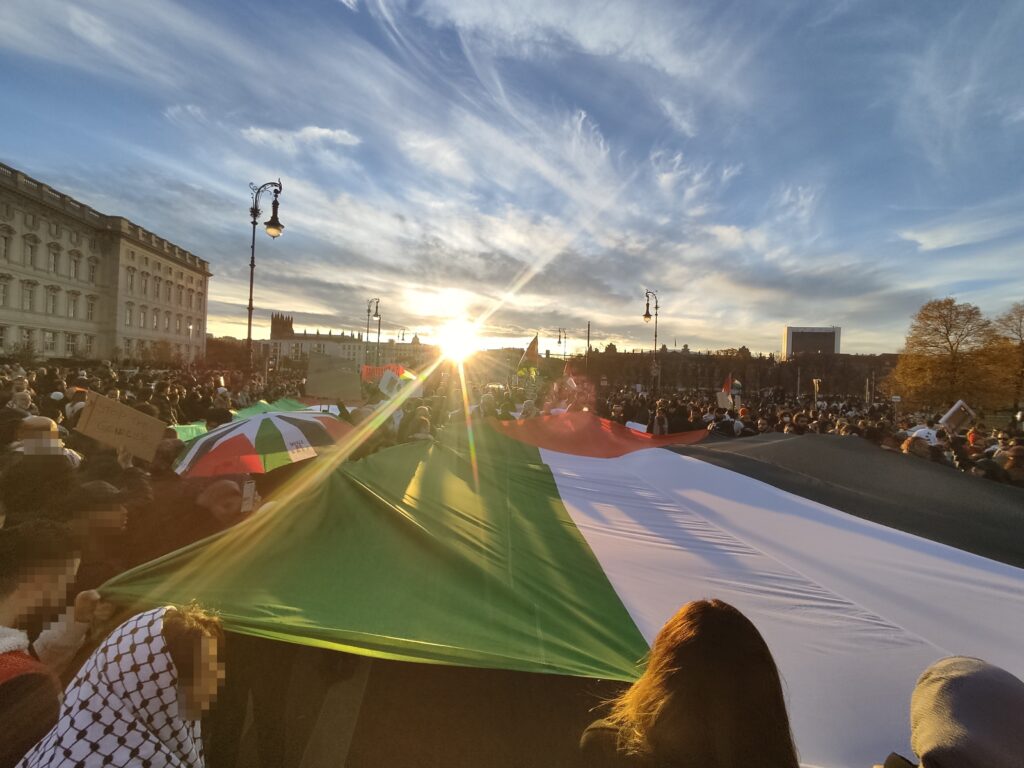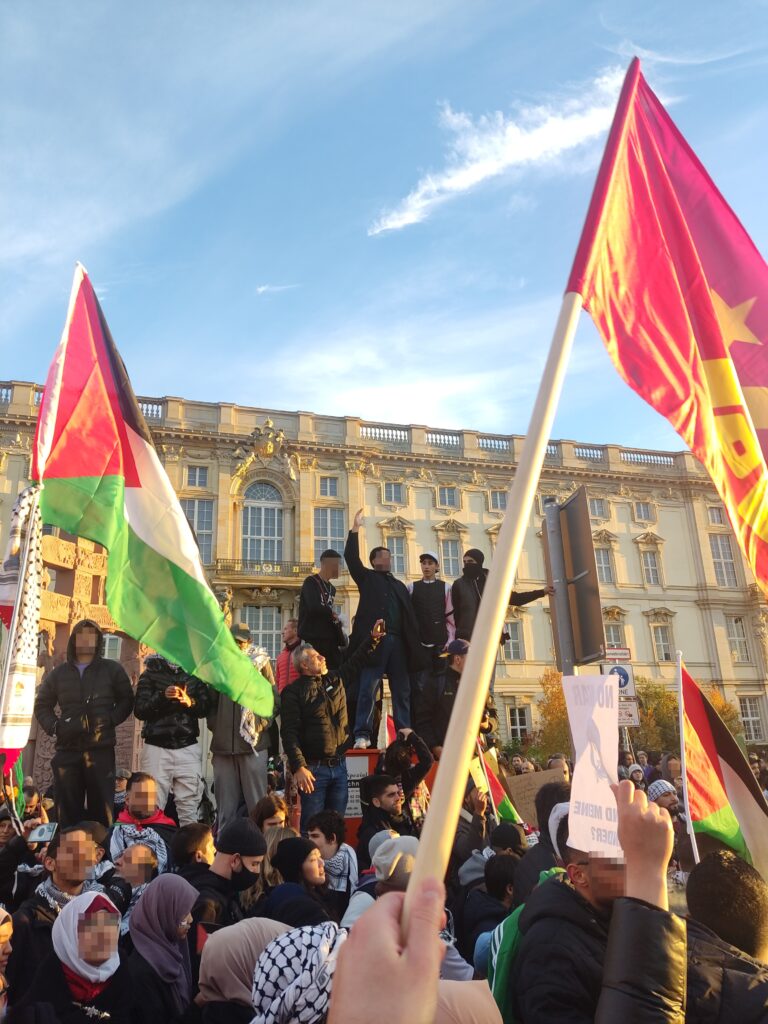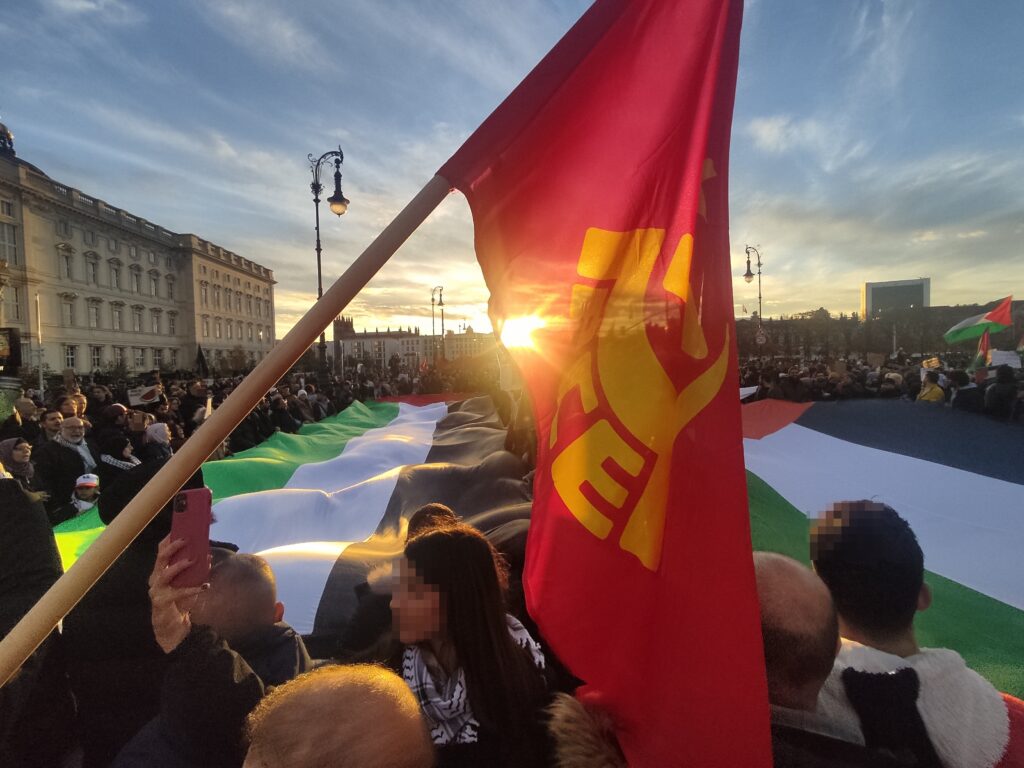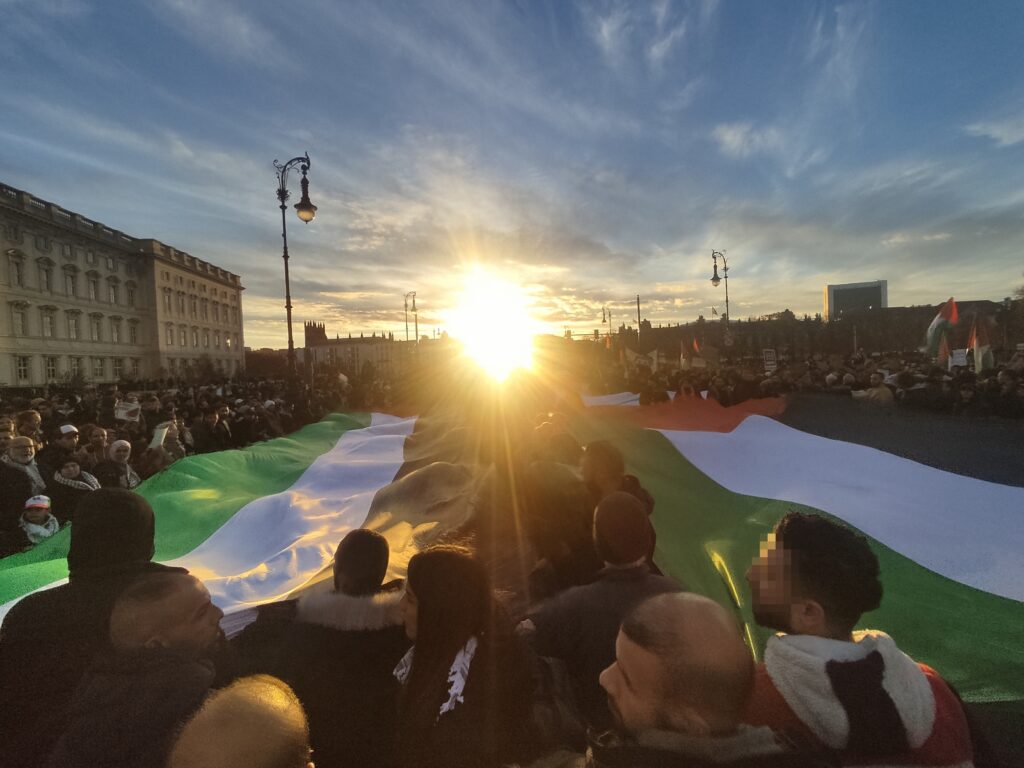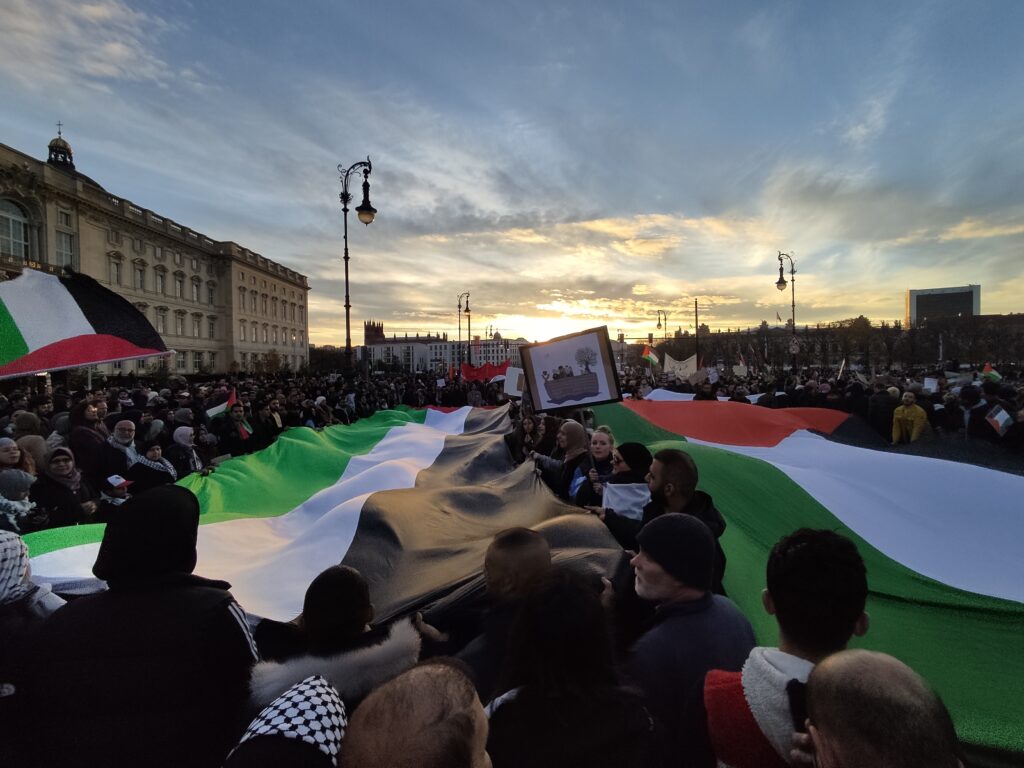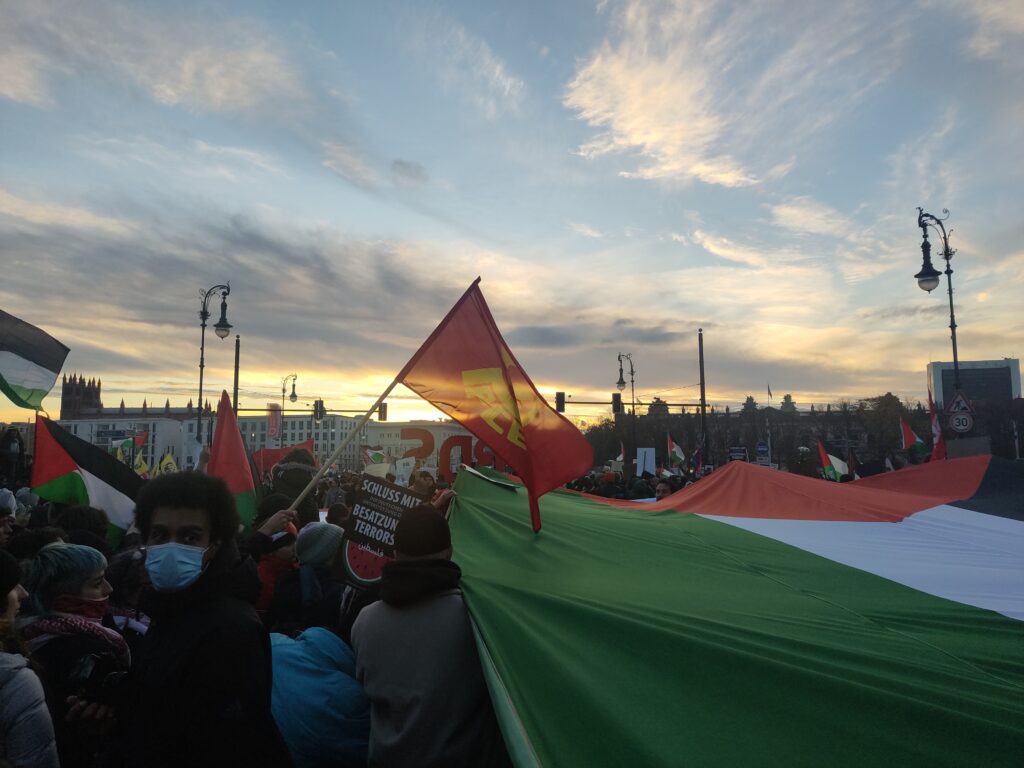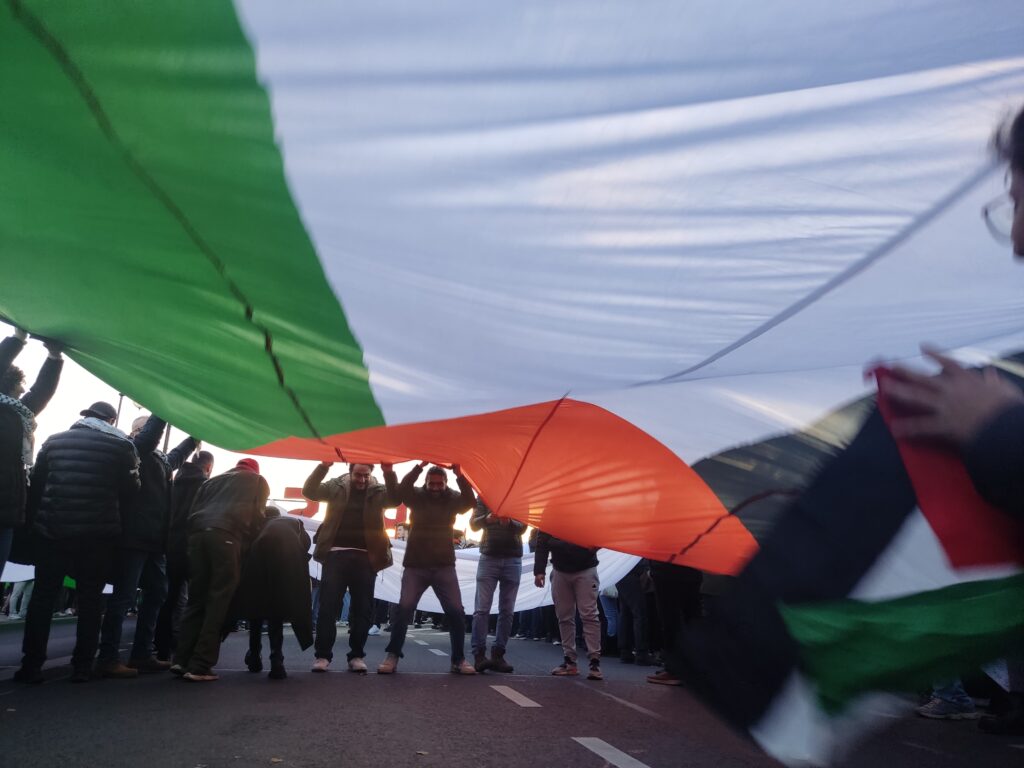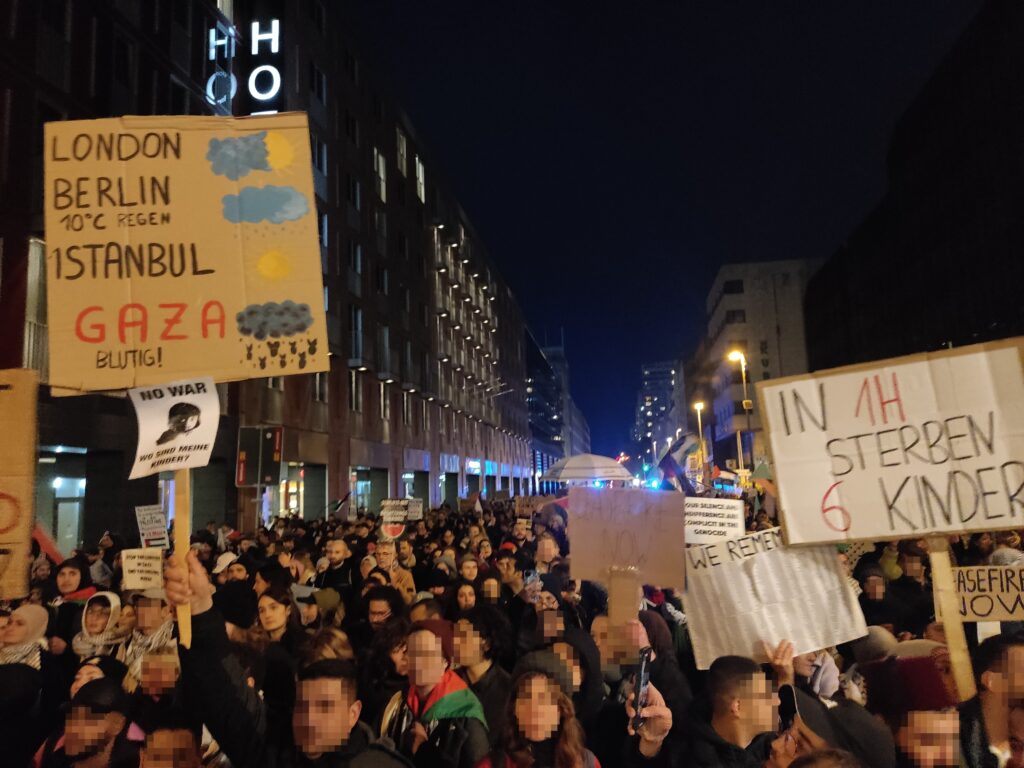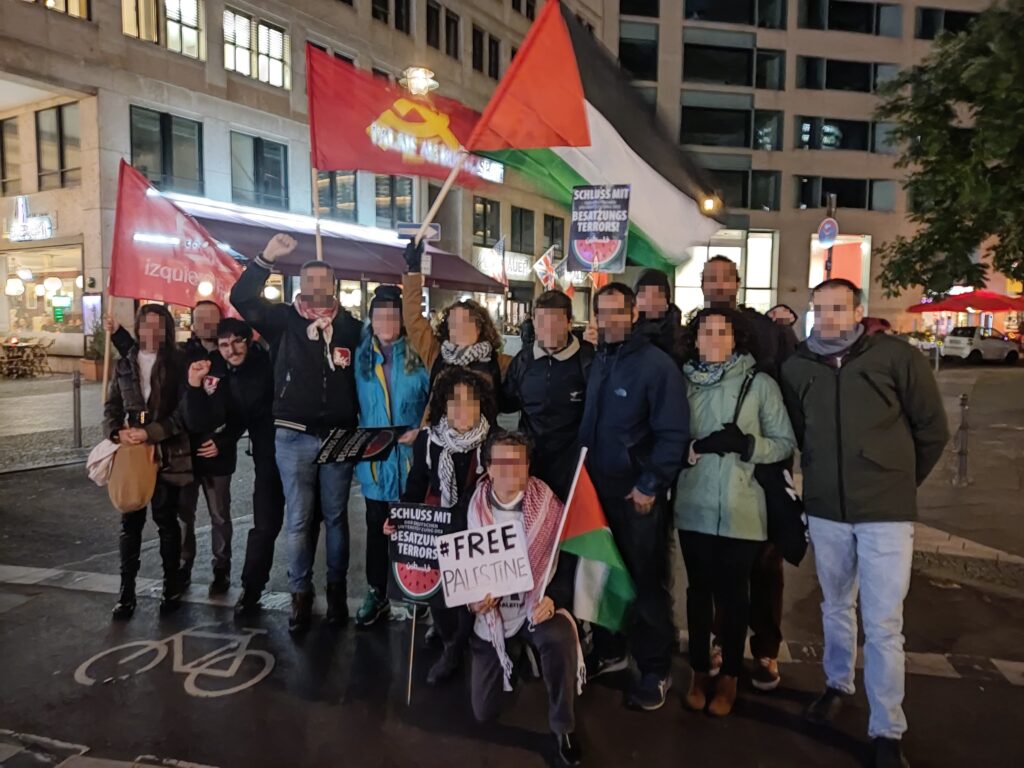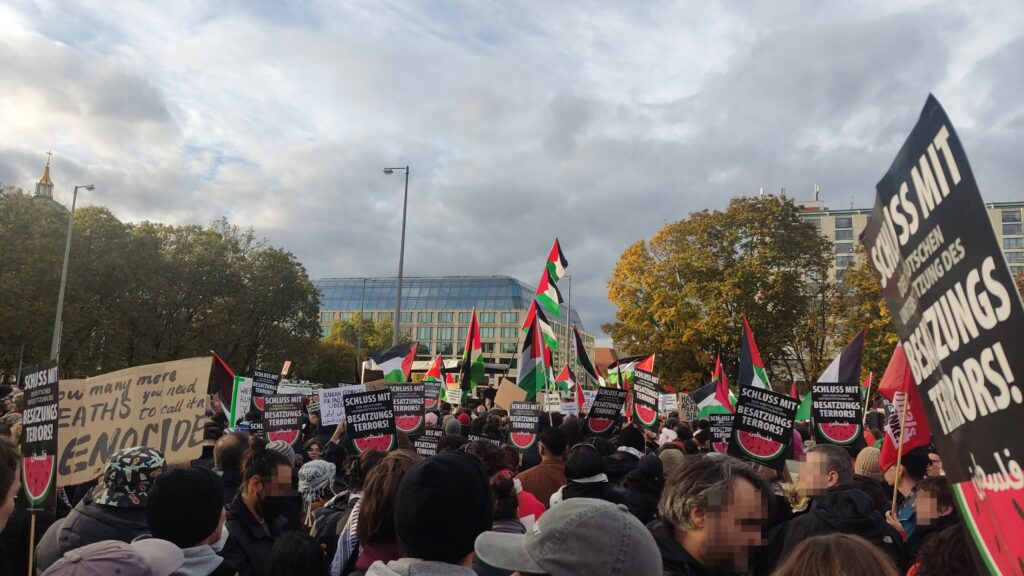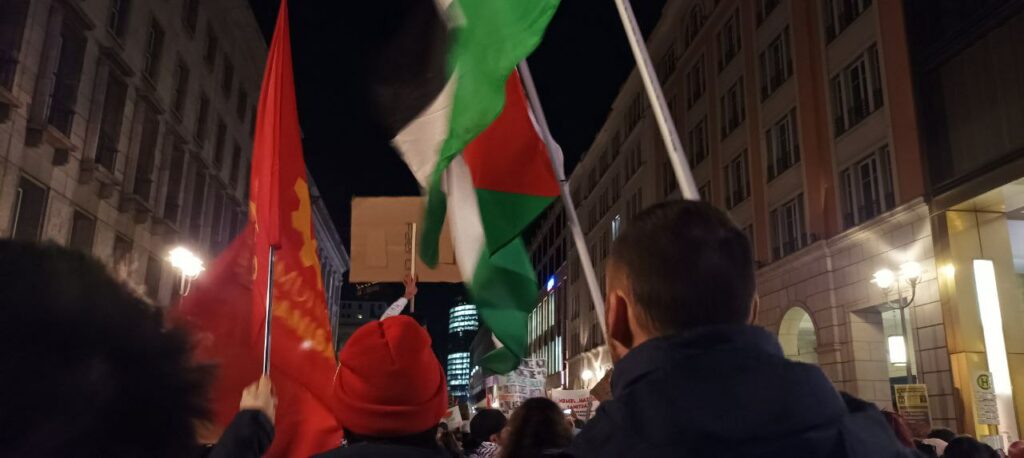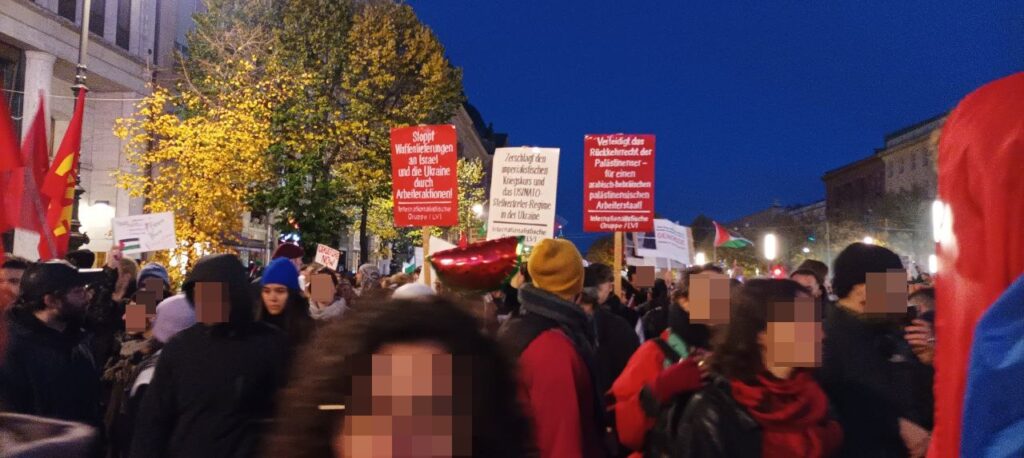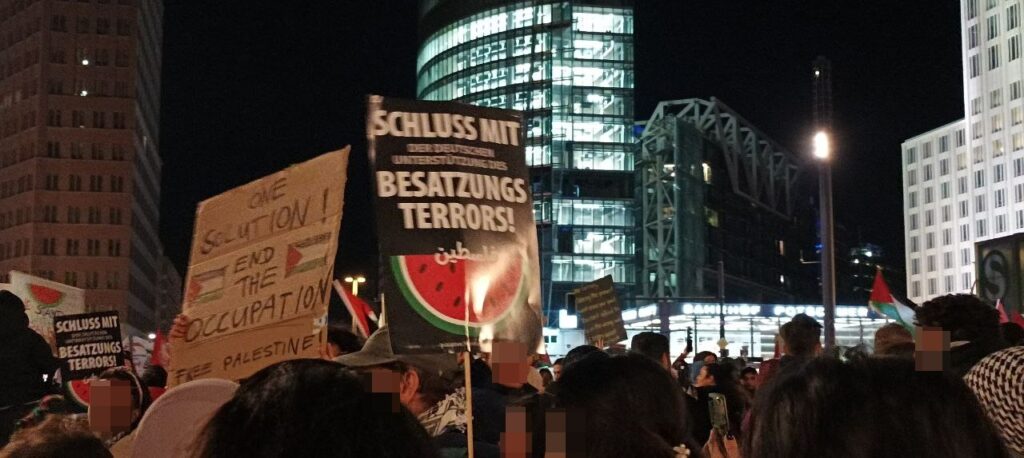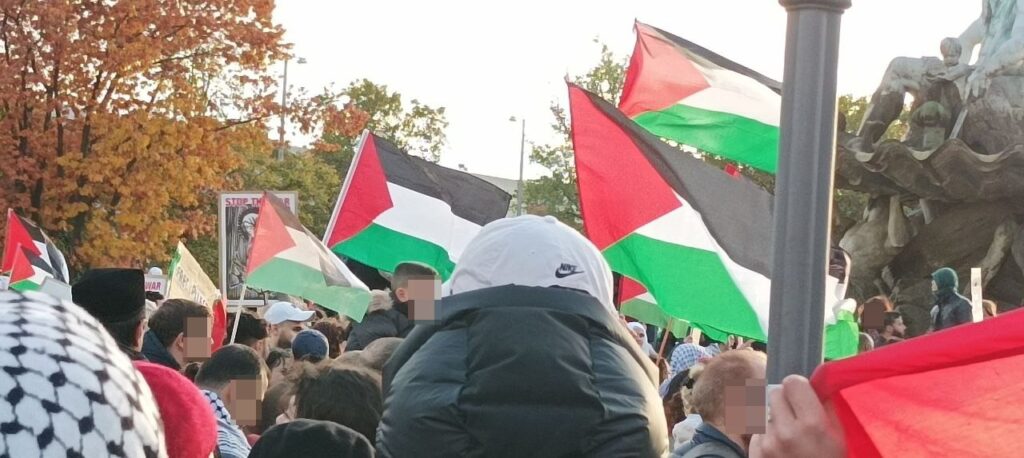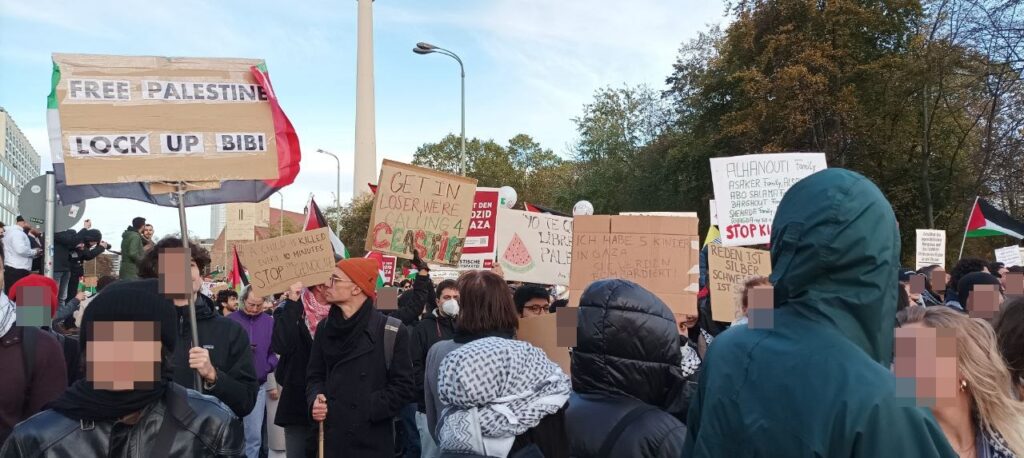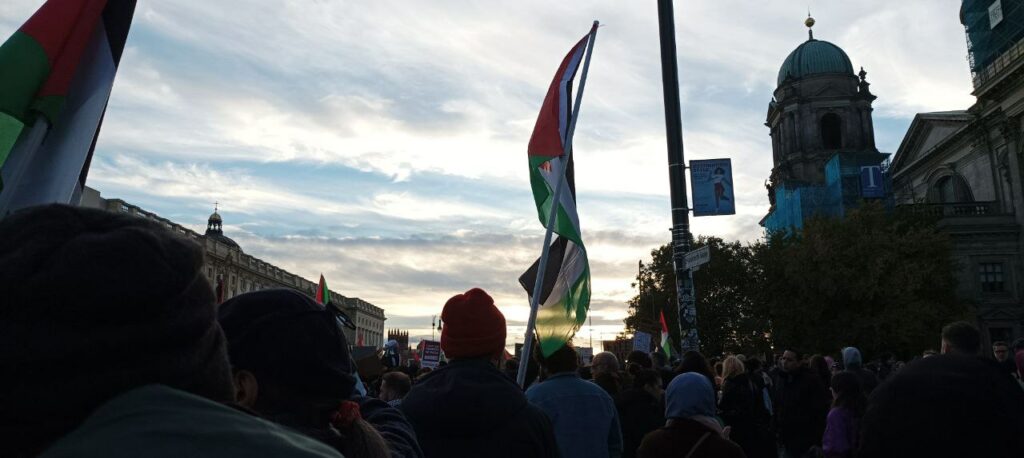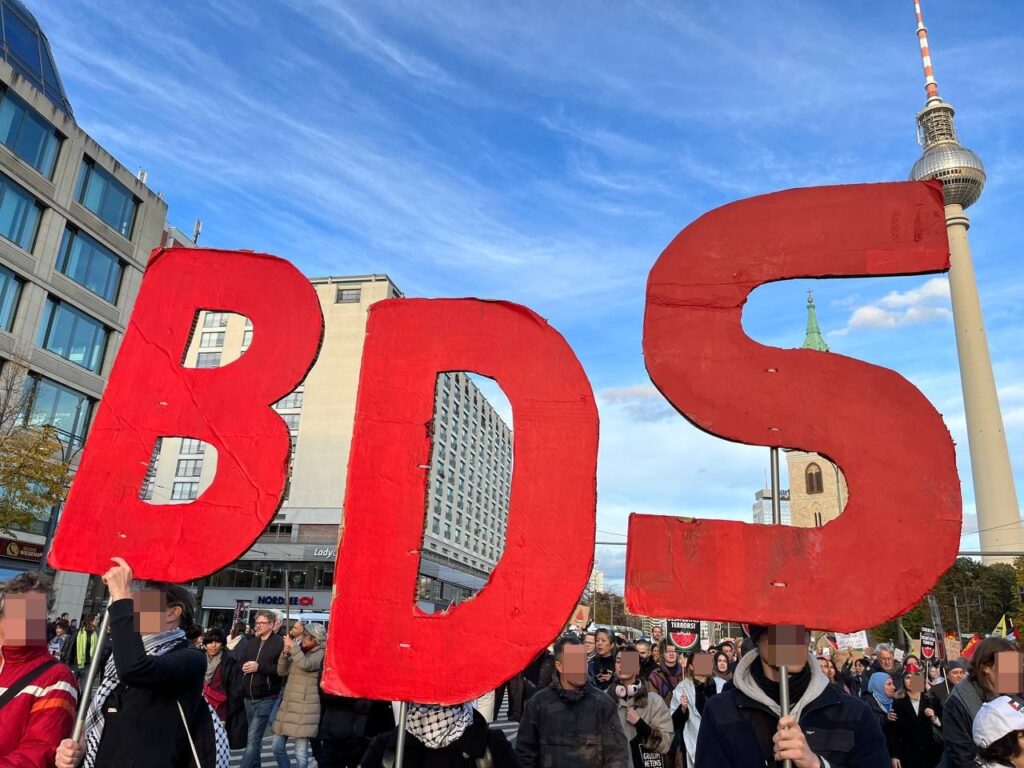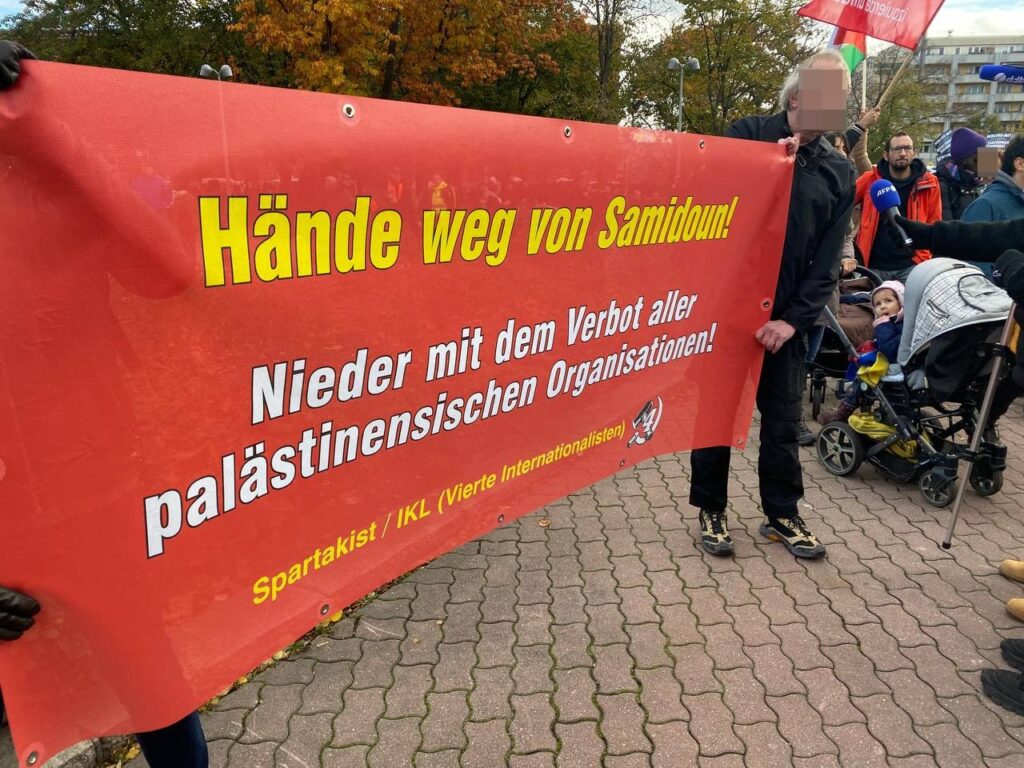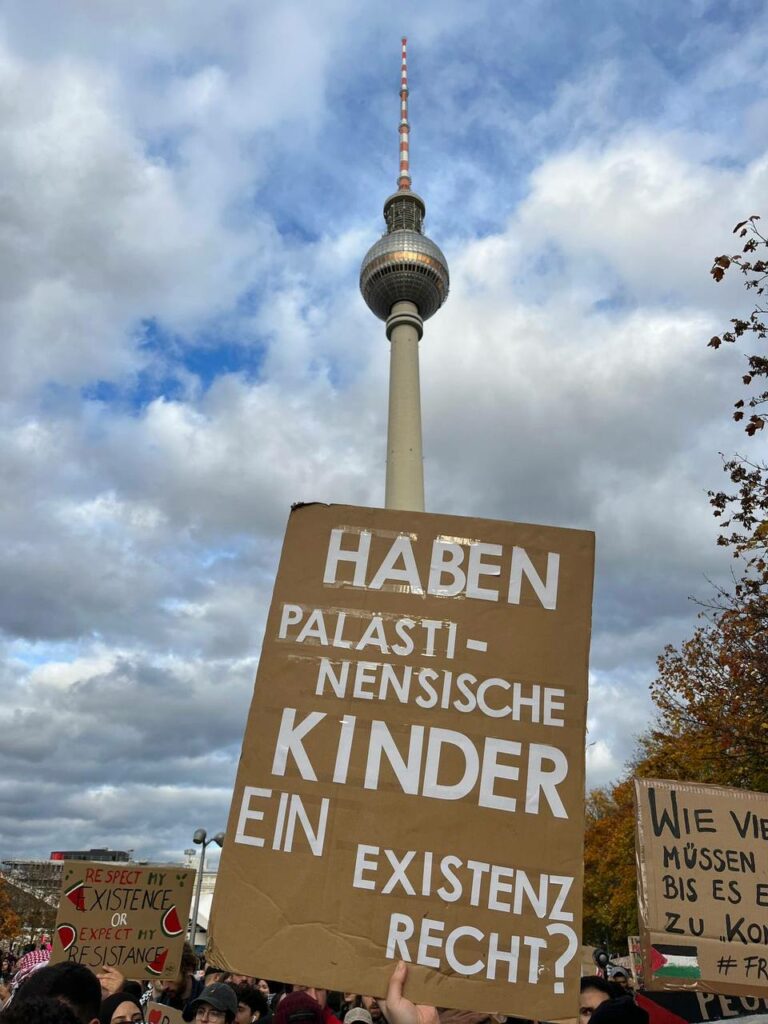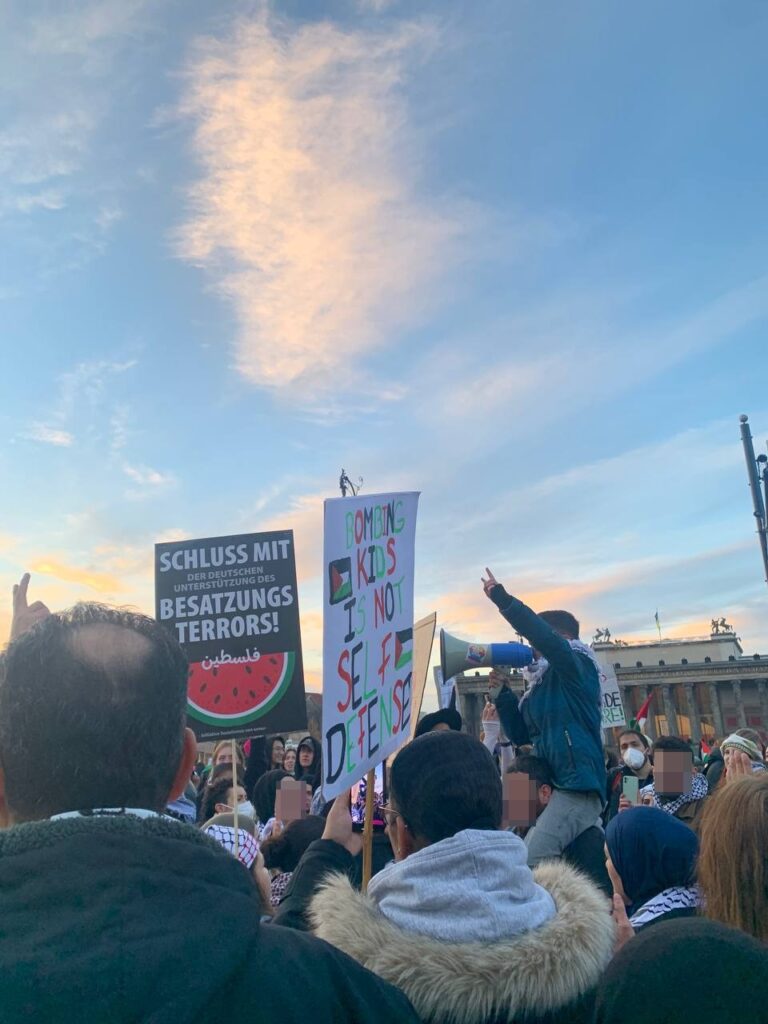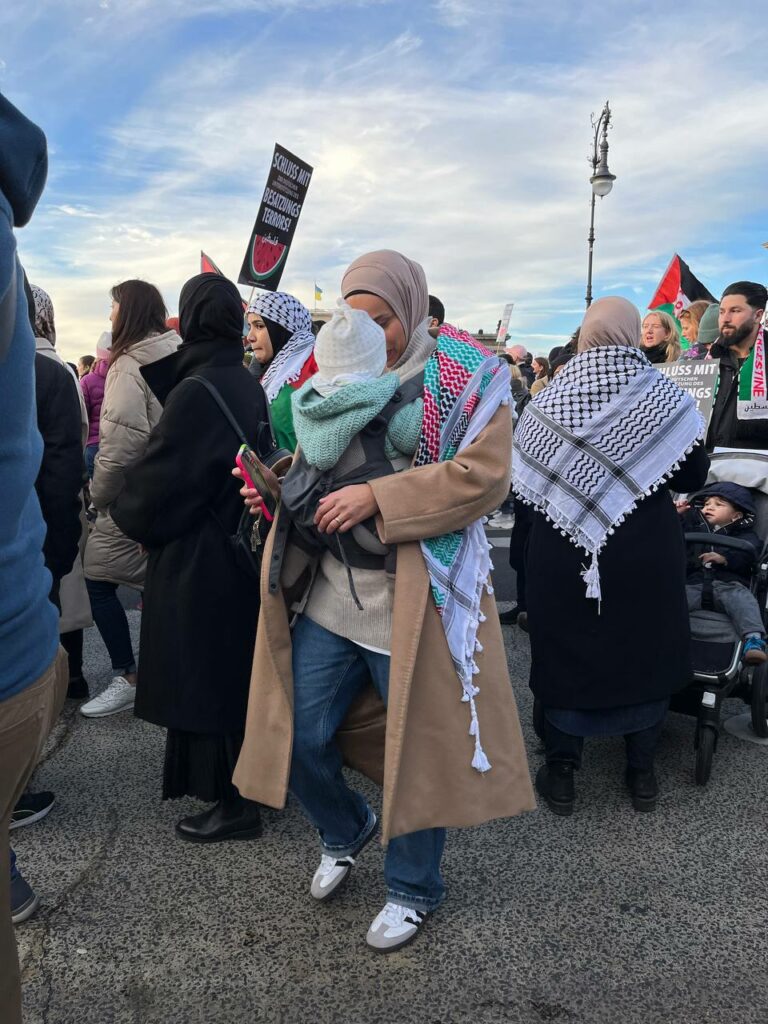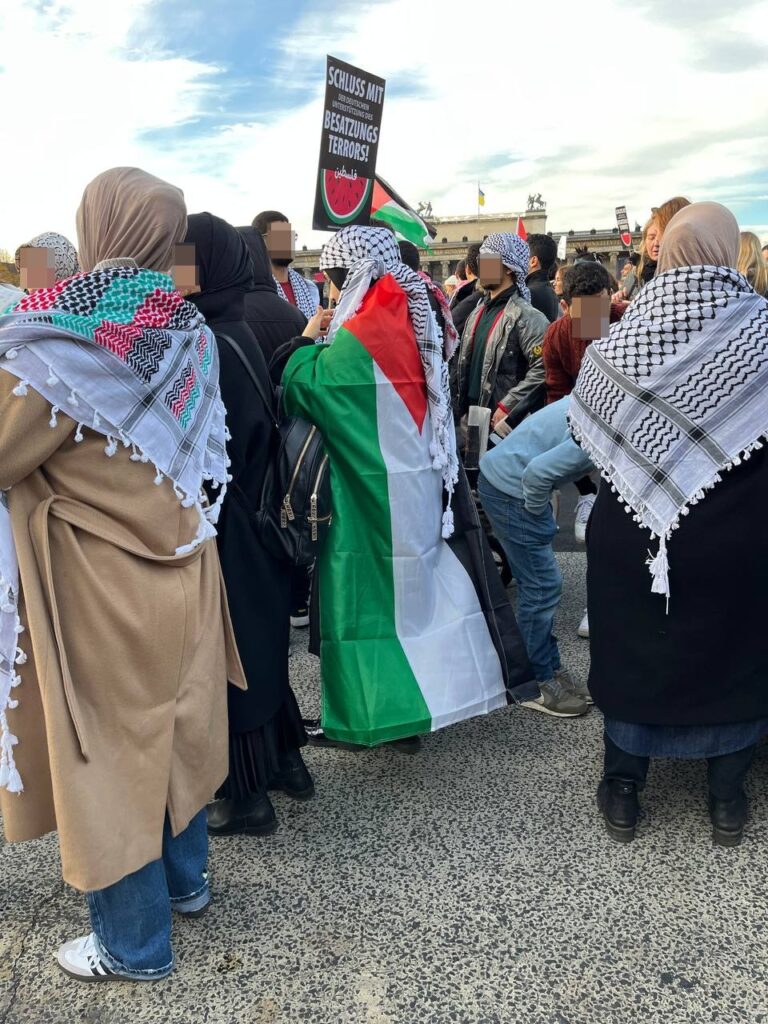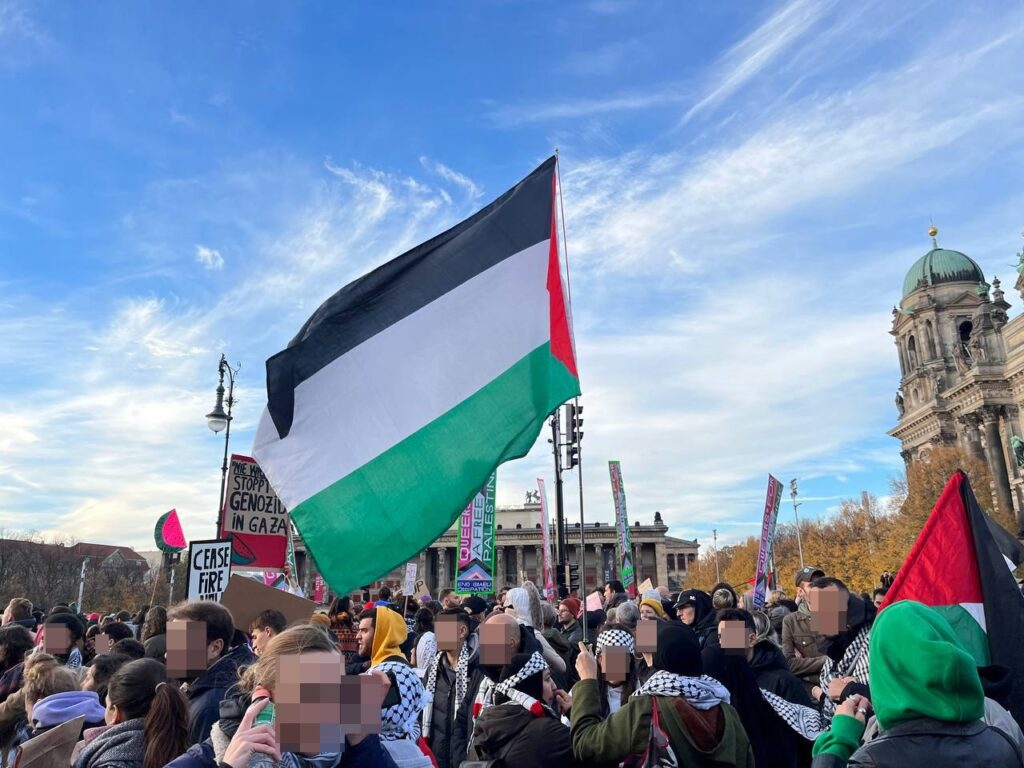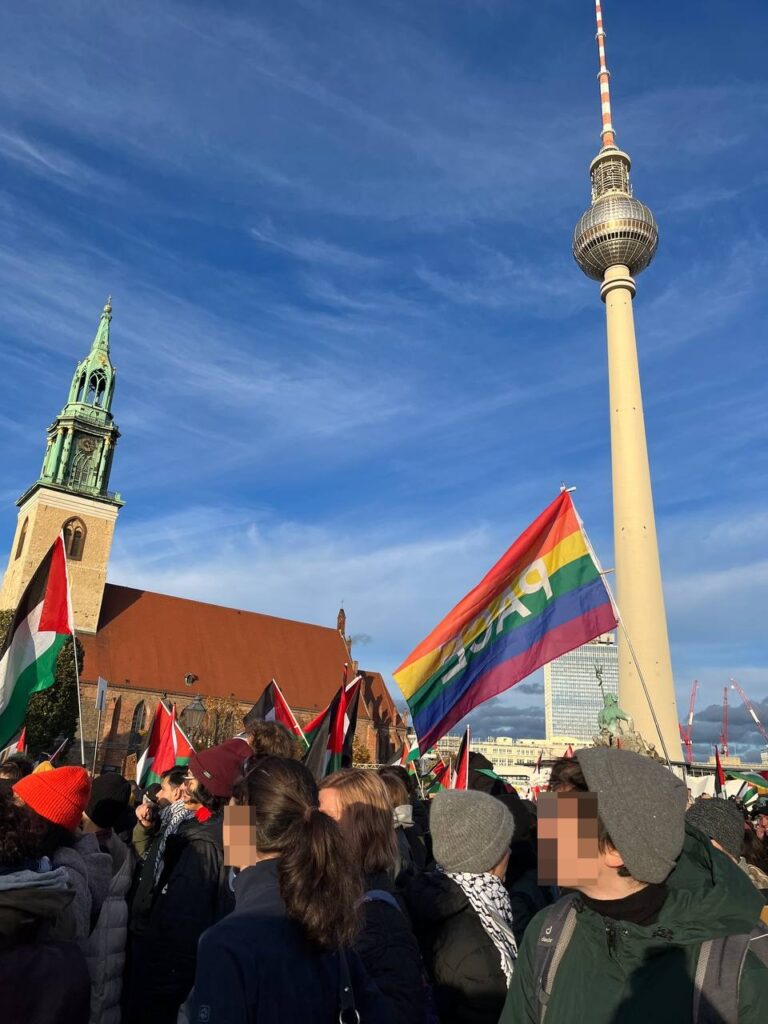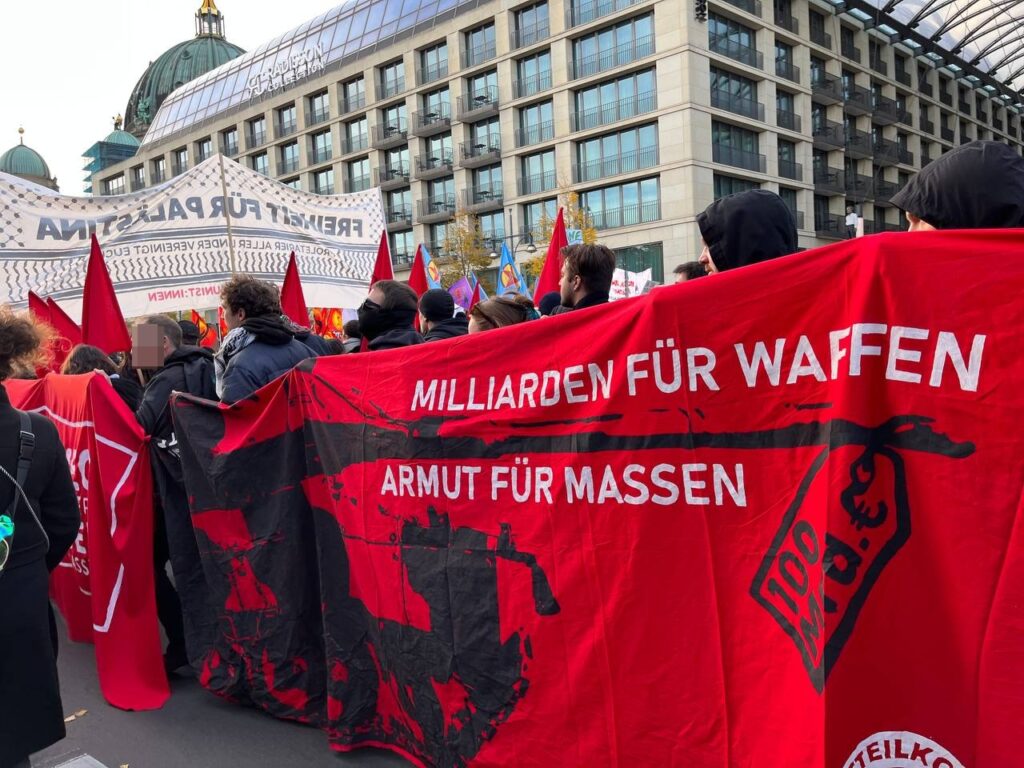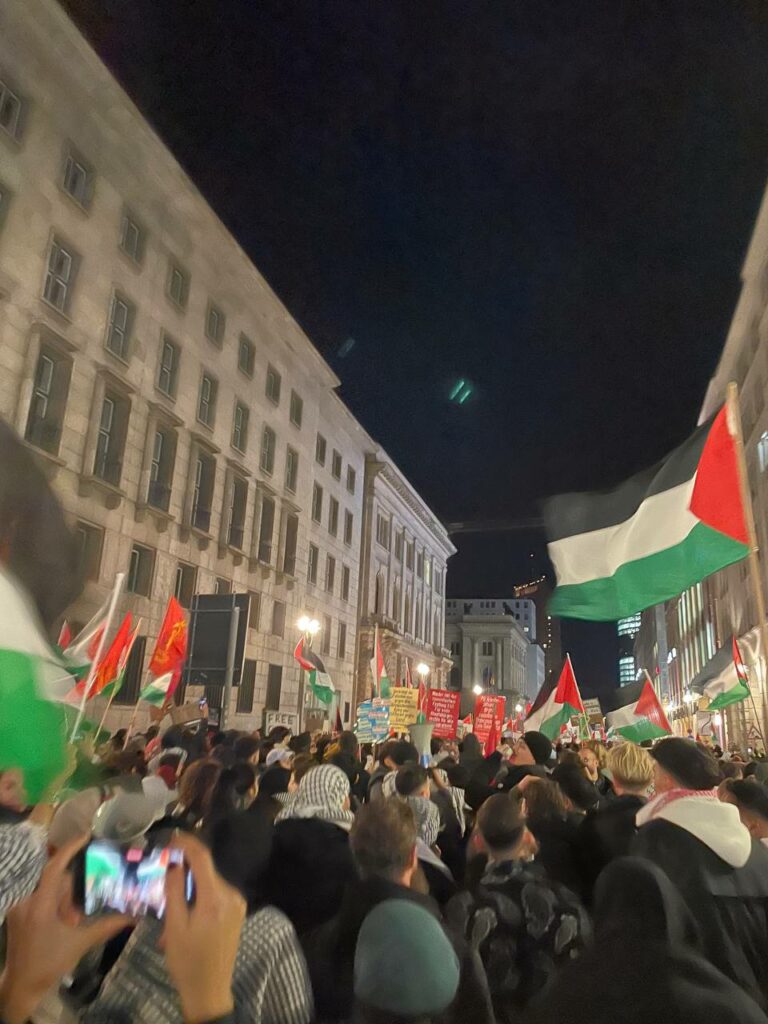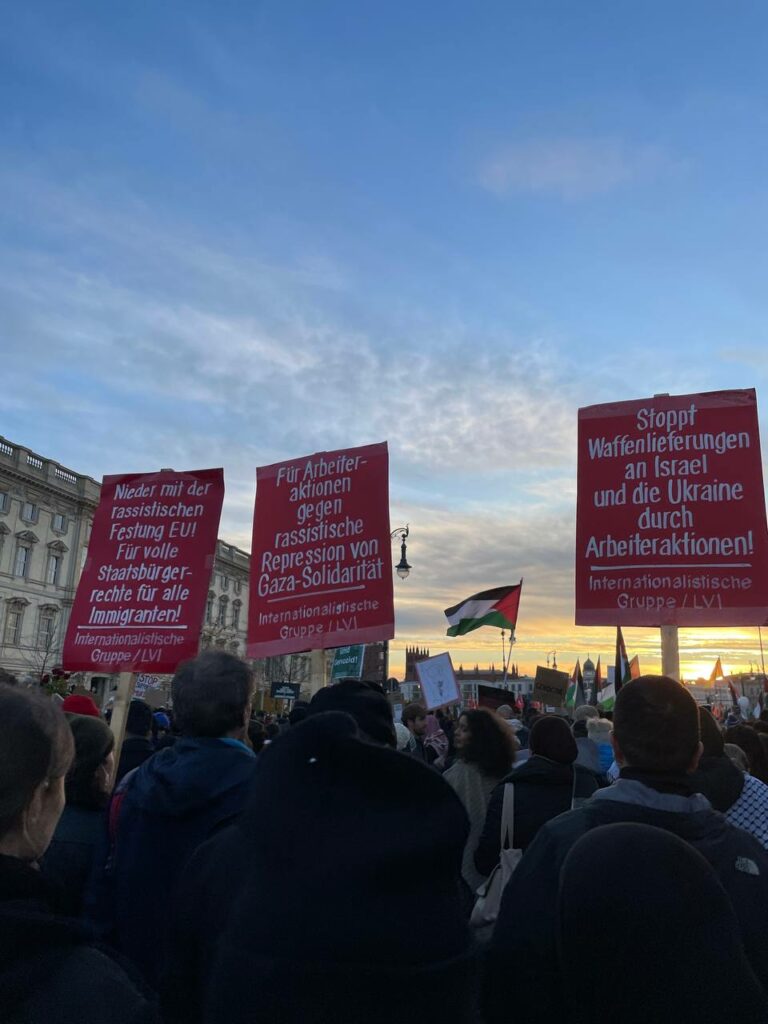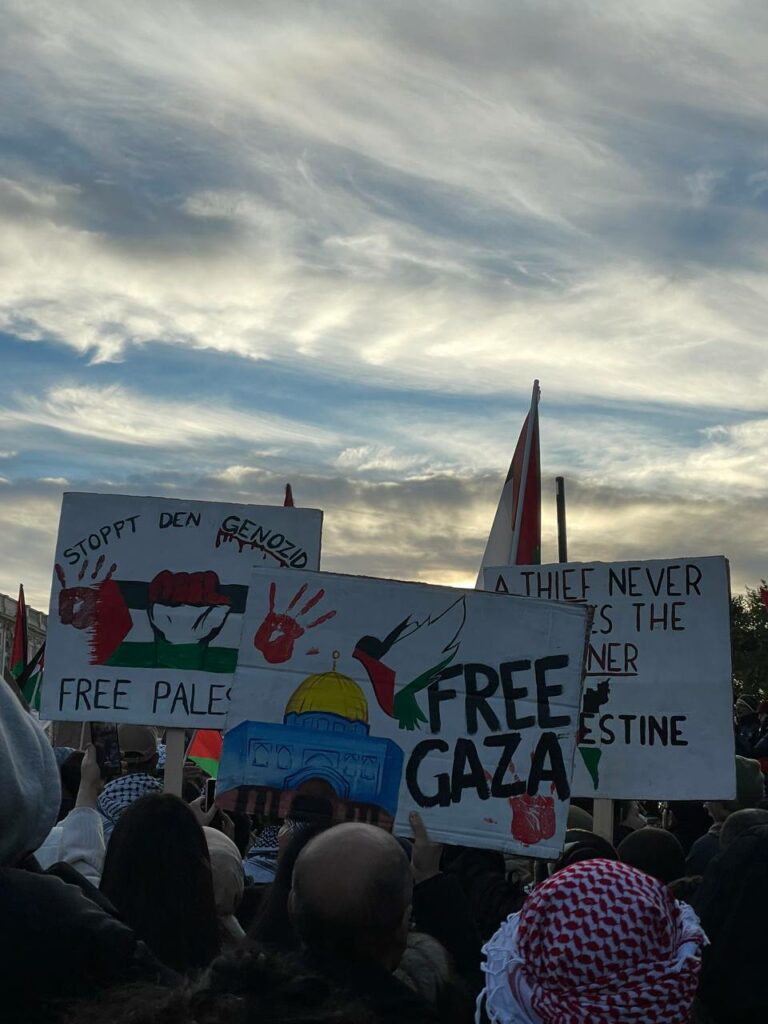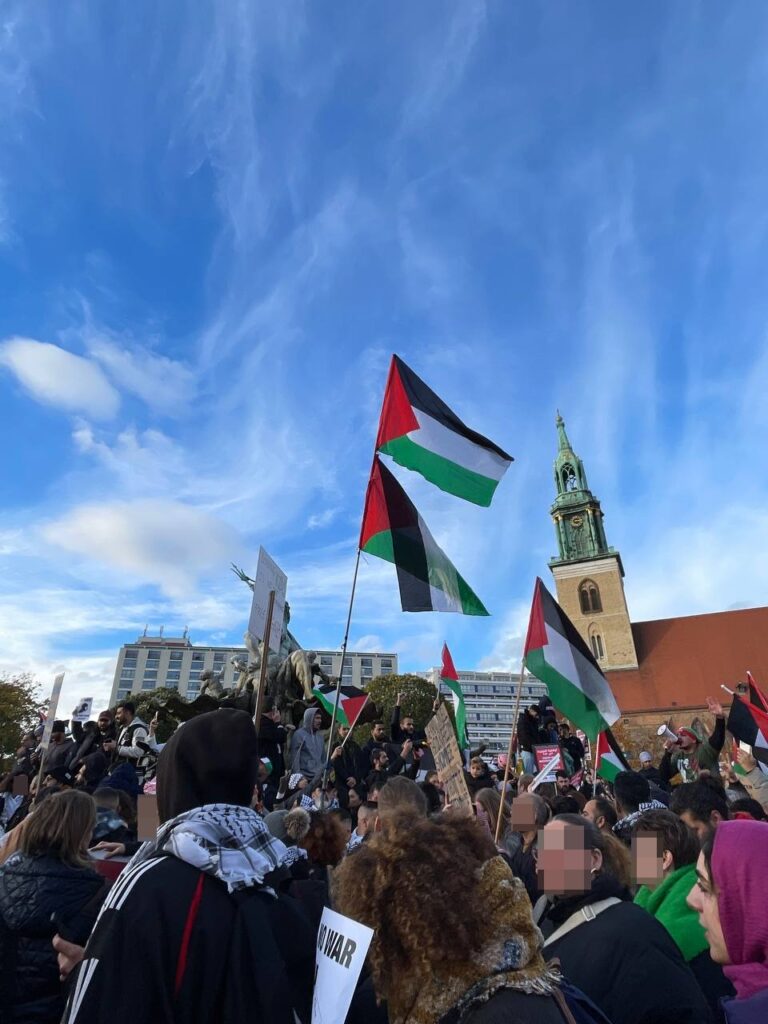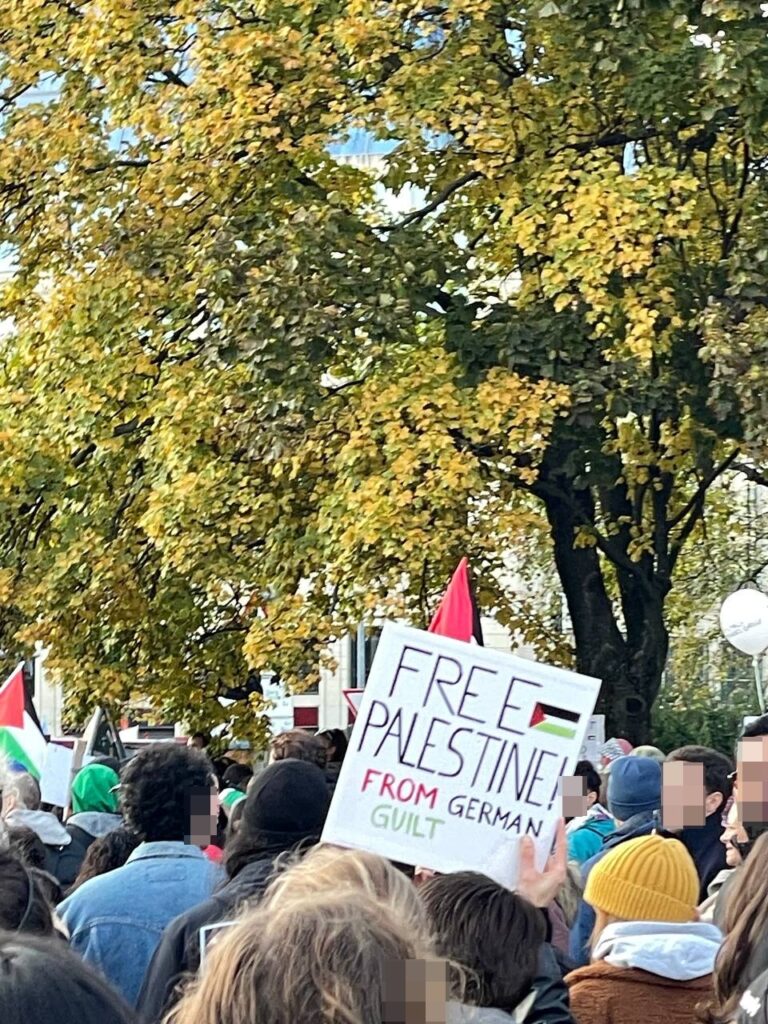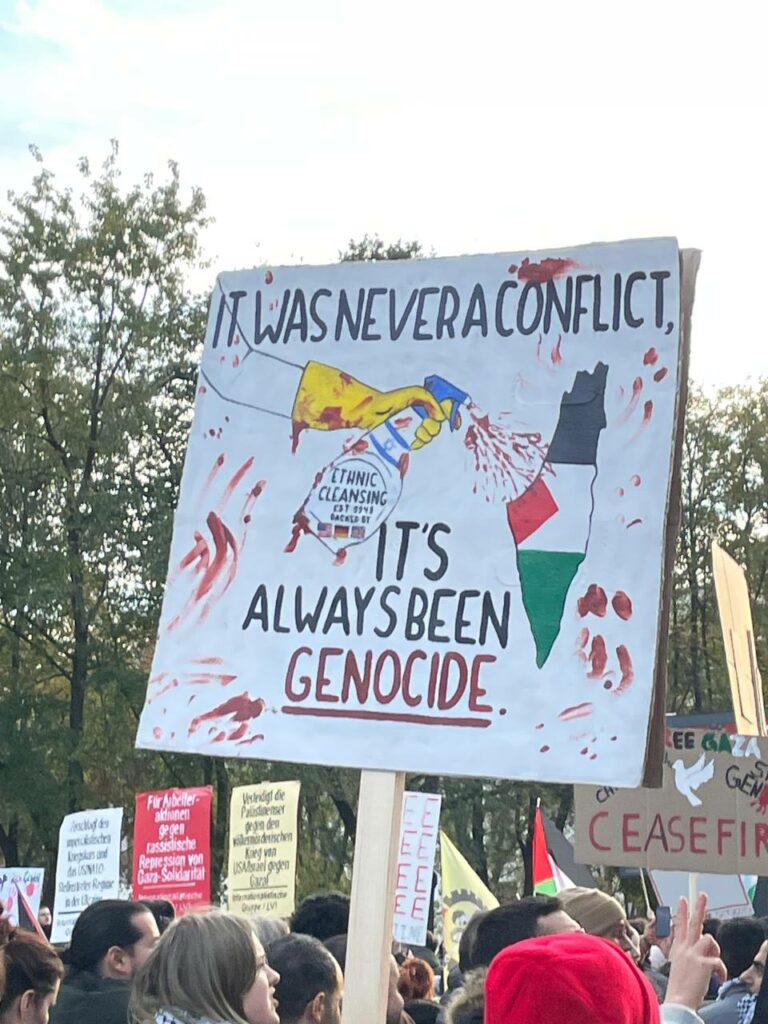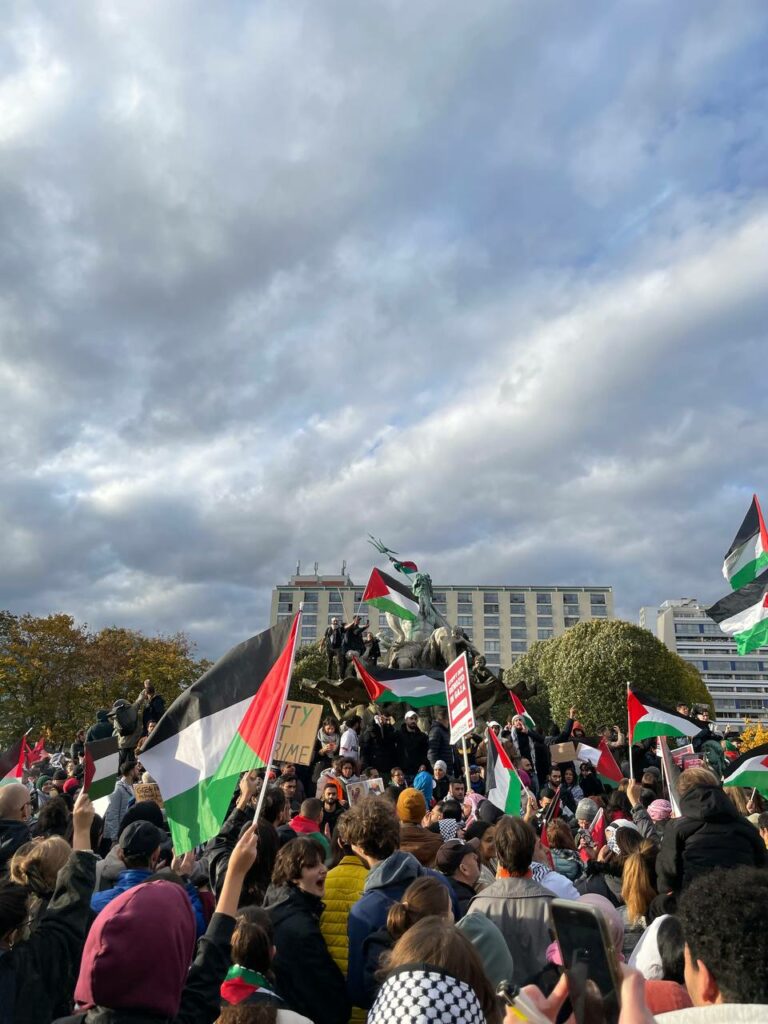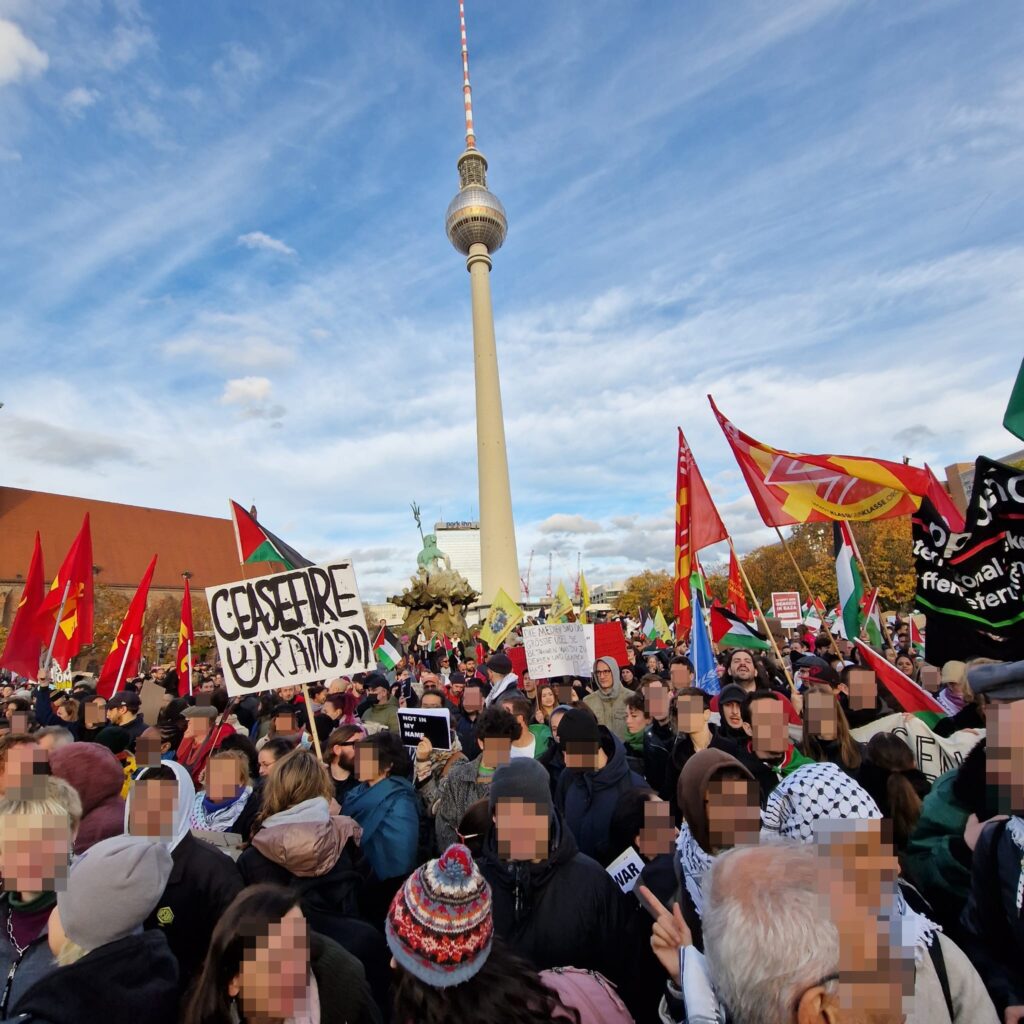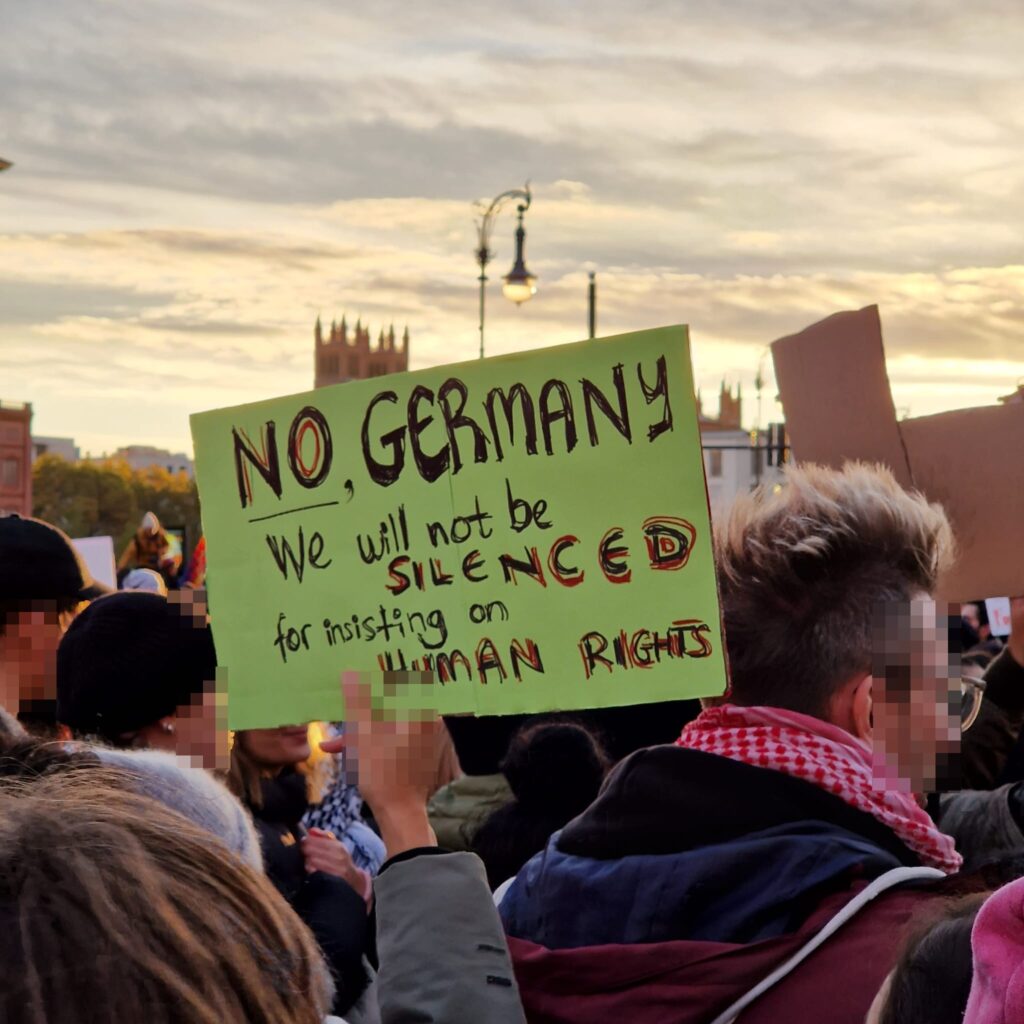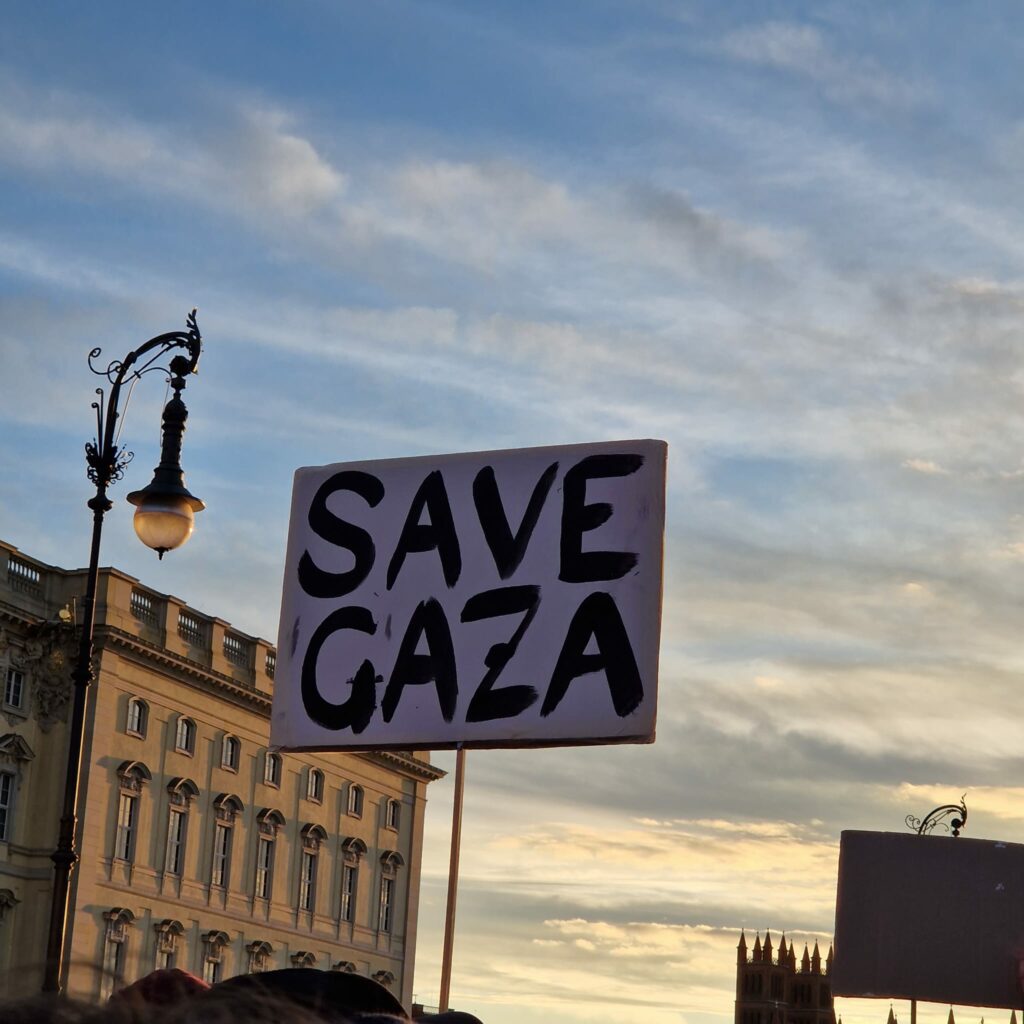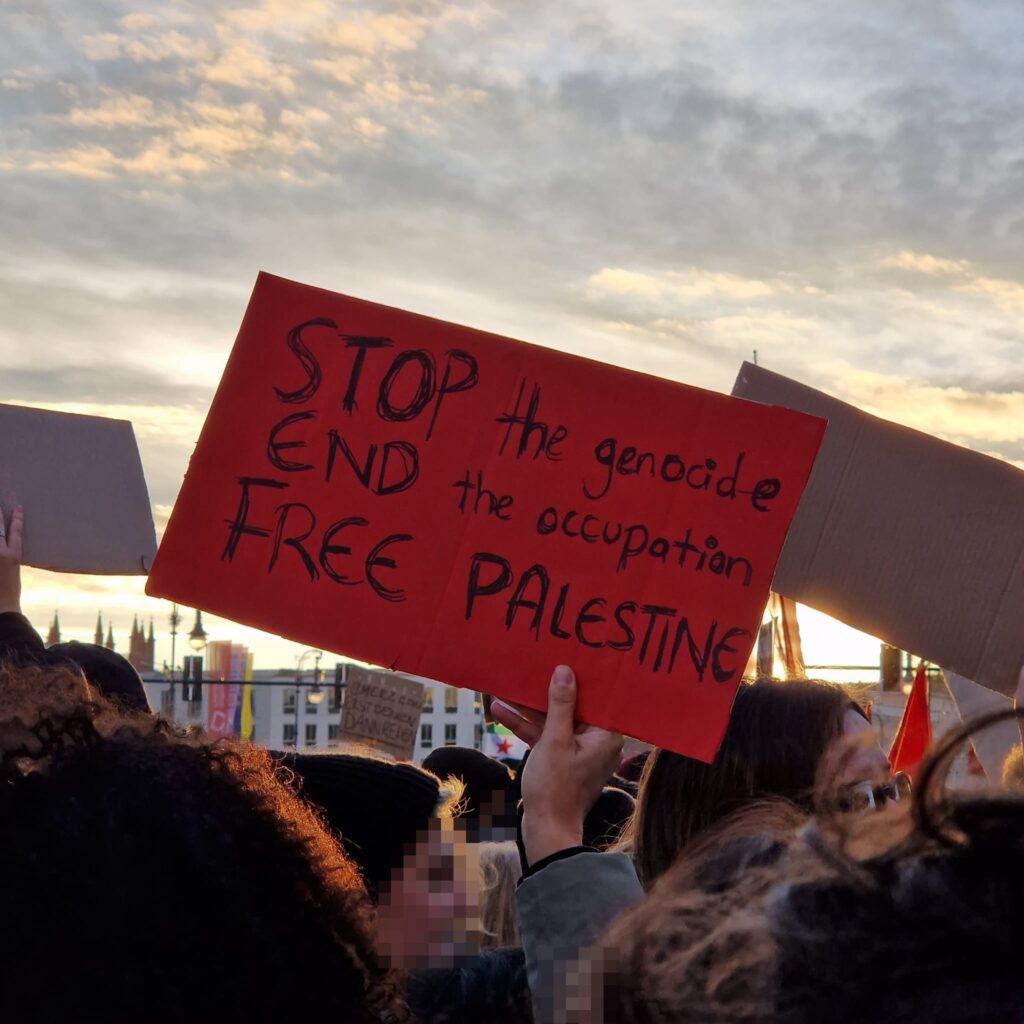Political economy is a relevant, but often misunderstood, force underpinning the West’s staunch support of ongoing genocide and ethnic cleansing in Gaza and the West Bank. If this is mentioned, it is mainly in leftist circles. One reason for this is that the United States and its allies potentially benefit materially from the mass death and destruction. To delve into the specifics, we consulted Shir Hever, an economic researcher and author based in Jerusalem whose work focuses on the economy of the Israeli occupation.
Can you tell us a little bit about yourself and what informs your perspective on the current situation in Gaza?
My name is Dr. Shir Hever. I was born and grew up in Jerusalem, but instead of military service I volunteered for a year of civil service in Sderot. That is just a few kilometers from Gaza and I taught at a school for the children from nearby Kibbutzim. Both Sderot and the Kibbutzim were hard hit in the October 7th attack, people that I know were killed, lost relatives, were injured or were taken hostage.
I am also active in Palestinian solidarity groups and BDS groups for many years, and made many friends in Gaza, with whom I have lost contact as Israeli forces are killing thousands. Not a single one of my friends from Gaza hasn’t already lost a loved one to Israeli attacks before. But now I don’t know who among them have survived. I wrote two books on the economic aspects of the Israeli occupation, the second of which is based on my PhD dissertation from the Free University of Berlin in political science.
From an economic perspective, can you sketch out the economic firms involved in upholding Israeli occupation in Gaza, and how they come into play with respect to the current assault we see now?
This is a question far too big to be answered in an interview, it would take a book or more .There are many levels and layers of complicity, both Israeli and international companies. For example, the European company Airbus mediated a corrupt contract between Germany and the Israeli arms company IAI for leasing 16 Heron-TP attack drones by the German military, which are now “loaned” to the Israeli air force to conduct airstrikes in Gaza.
If you want to follow the money, your question should be “who profits?” The answer is almost nobody. U.S arms companies (Raytheon, Lockheed Martin, Northrop Grumman and Boeing) had a huge boost in stock price when the onslaught on Gaza started but this is a short-term gain, which will mean little when the U.S starts to regret getting involved in another war in the Middle East.
Israeli companies have previously profited from the siege of Gaza in many ways. For example by regulating product prices through controlling exports from Gaza, and by manipulating UN aid agencies into buying Israeli products as in-kind humanitarian aid. Moreover Israeli arms companies have used Gaza as a laboratory to showcase their new weapon development. All of this, however, seems insignificant right now as the Israeli economy is in freefall.
Critics of the western international consensus in support of Israel point to the fact that countries like the US (but also Germany) provide the regime with billions of dollars in “aid” funding. Can you explain in economic terms the reasons for their deep investment in maintaining the Israeli regime ?
The U.S doesn’t give money to Israel. It’s not “aid” but it is military financing. It gives money to U.S arms companies who then provide free weapons to Israel, so it is a subsidy for the U.S arms companies. For example, the $106 billion the US requested from congress is not just for Israel. Only 14$ billion of it is earmarked for weapons to Israel, and the money will flow to the US arms companies, not to the Israeli Ministry of Finance. The subsidy helps the U.S test their own weapons without risking U.S soldiers. Henry Kissinger once said that for every tank which the U.S gives to Israel for free, Israel’s neighbours buy 4 tanks from the U.S. The interest is clear.
As for Germany, it’s more complex – but the arms industry in Germany is just as corrupt as anywhere else. Germany’s biggest arms export to Israel were the Dolphin-class submarines which the Israeli Navy repeatedly said they do not want or need, but they were sold to Israel anyway because of corruption. Israel returned the favour by using guilt feelings in Germany for the Holocaust to twist the arms of the German government into buying the Arrow3 system for an exorbitant price of 4 billion Euros. Seeing that Arrow3 was never successfully deployed or fully tested, and that it finances one of Israel’s most criminal and corrupt arms companies, the deal will be remembered as a low point in the history of German government decisions.
I have seen analyses by other scholar activists (e.g. Angela Davis on G4S) discussing how the same corporations and economic firms that supply Israel also help to support other borders like the US-Mexican as well as the US carceral (prison) system more broadly. Do you have thoughts about these linkages?
There are many examples. The largest Israeli arms company is called Elbit Systems and it provides services and remote-controlled weapons for the Israeli illegal Separation Wall (or apartheid wall); as well as to the US border wall with Mexico. The latter surveils the Tohono O’odham Indigenous nation and violates their sovereignty and privacy rights. The Israeli company Magal provides armed robots that patrol both walls.
To what extent do you think these underlying economic factors influence the current situation of Israeli aggression in Gaza?
Israeli colonial violence is an integral part of the settler-colonial reality in Palestine. Violence begins with oppression, not with the resistance to oppression, even if some acts of resistance are unjustifiable. Israel is not motivated by capital interests in its violence. Many times capitalist countries try to influence Israel to take a more rational course of action, such as we have seen with a convoy of western leaders coming to Israel to try, unsuccessfully, to persuade it to refrain from a ground invasion of Gaza.
The role of the economic factors is important but secondary. Wars increase the price of oil and gas, and increase the profit margins of energy companies, and certainly increase sales and profits of arms companies, but other sectors of the economy suffer: services, agriculture, tourism and more.
In a recent interview you mentioned how people in the west (e.g. Germany) ‘pay the price’ for the government’s funding of Israel. Can you elaborate here on what you mean by this?
I mean that the population of Germany needs better investment in public services and infrastructure, the costs of education and health services are a heavy burden and there is no reason that a strong industrial economy such as Germany should have so much poverty. Instead of wasting 4 billion Euros on Arrow3, the money should be used to improve the lives of Germans. It is even more grotesque that Greece, much less wealthy than Germany and struck by terrible fires and floods, spent 400 million Euros on Israeli Spike missiles instead of on disaster relief. There is also a diplomatic price. NATO and the EU are seen by the Global South as a hypocritical organization, because they condemn Russian occupation and annexation but not Israeli. The West’s hegemony is weakened by its fanatical support for Israel.
In light of all the misinformation, how can those of us watching this situation unfold from abroad better inform ourselves about what is happening?
I could give you an answer spanning hundreds of pages. I think that the atrocities, killing of defenseless civilians among them many children, the terrible suffering of the people of Gaza – these are facts which anyone can follow on their own. They are shocking and crushing, but by themselves they do not change much about our understanding of the situation.
So let me just focus on one thing. I grew up in Israel as did my parents. Neither I nor my parents can remember a time like this in the history of the country. Freedom of speech, even for Jews, has ended. Israeli media has stopped reporting the facts. Instead it knowingly spreads misinformation in the name of the “war effort,” even the liberal media such as Haaretz newspaper. There is a disconnect like never before between the Israeli public and the rest of the world. Israelis are daily expressing surprise and amazement that Jewish organizations around the world, but mostly in North America, are horrified by calls for genocide against Palestinians, and are holding mass rallies to stop the onslaught and demand a ceasefire. There is a real belief (not just a convenient half-serious self-delusion) among Israelis that the entire world is wrong, that antisemitism has suddenly gripped the global media, that Jews outside of Israel have all lost their minds and only the Jews in Israel continue to see reality as it really is.
It is a tragic development, and under these conditions the public opinion in Israel is willing to justify any level of crimes against Palestinans. All Palestinians are now considered to be Hamas. One Israeli member of Knesset said, when confronted by the accusation that the Israeli military is dropping bombs on children in Gaza and killing them, that “the children brought it upon themselves.”
What can regular people do to resist and oppose these economic firms who are propelling the violence in Gaza?
There is no such thing as “regular people.” We are all part of something – we all have our social circles. We need to operate not as individuals but as groups. We need to listen to Palestinians who are now telling us that the biggest priority is to enforce a ceasefire so the killing can stop. We can take part in collective action. A lot of effective groups are indeed calling for boycotts and demanding that private companies will not profit from the occupation and not finance the Israeli war machine, but the most effective groups are the ones who act strategically, in coordination with other groups and by following the guidelines of Palestinian civil society.
If there is a company near me which supports Israeli crimes, I may be tempted to protest them, but no one will notice if I do it on my own. If it’s part of a larger group (a union, a church, synagogue or mosque, a student group or university, an artist group etc.) – the impact is amplified and companies are forced to take notice. The decision which company should be targeted is not based on the question “which company is the most complicit?” because we are not engaging in punishing companies or delivering justice. Boycotts are intended to create political pressure, we are demanding justice, so the question should be “which company can be targeted effectively to create a big political impact?”


